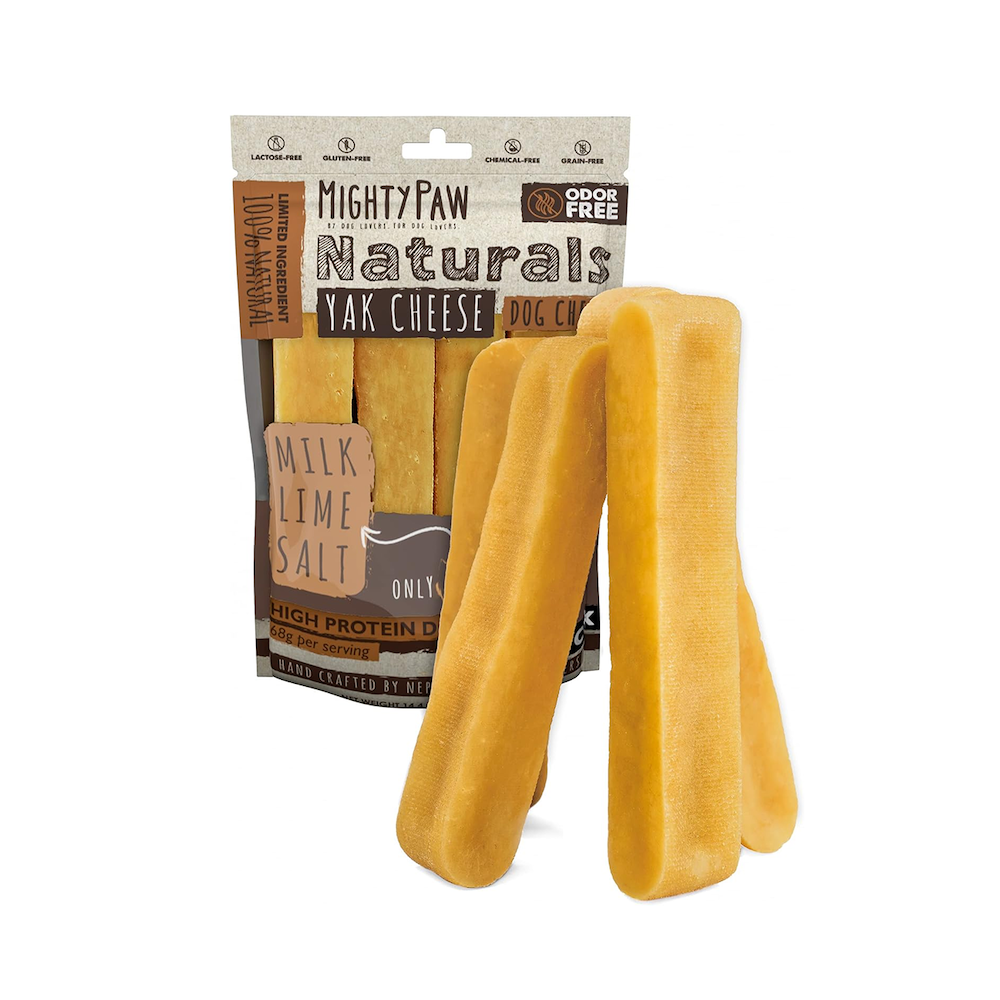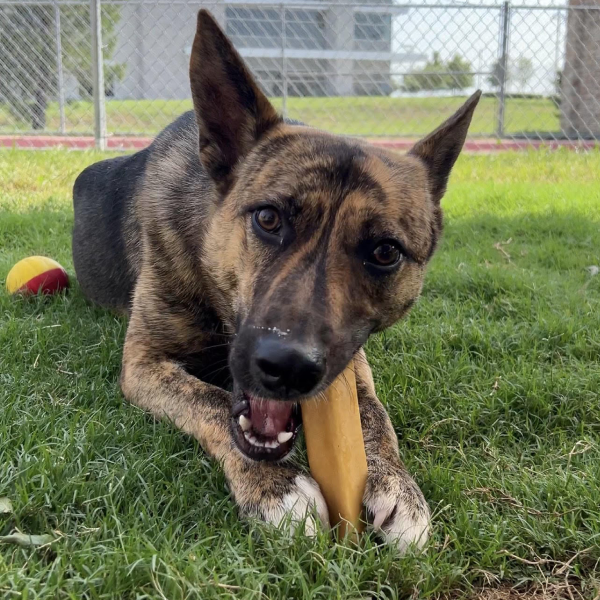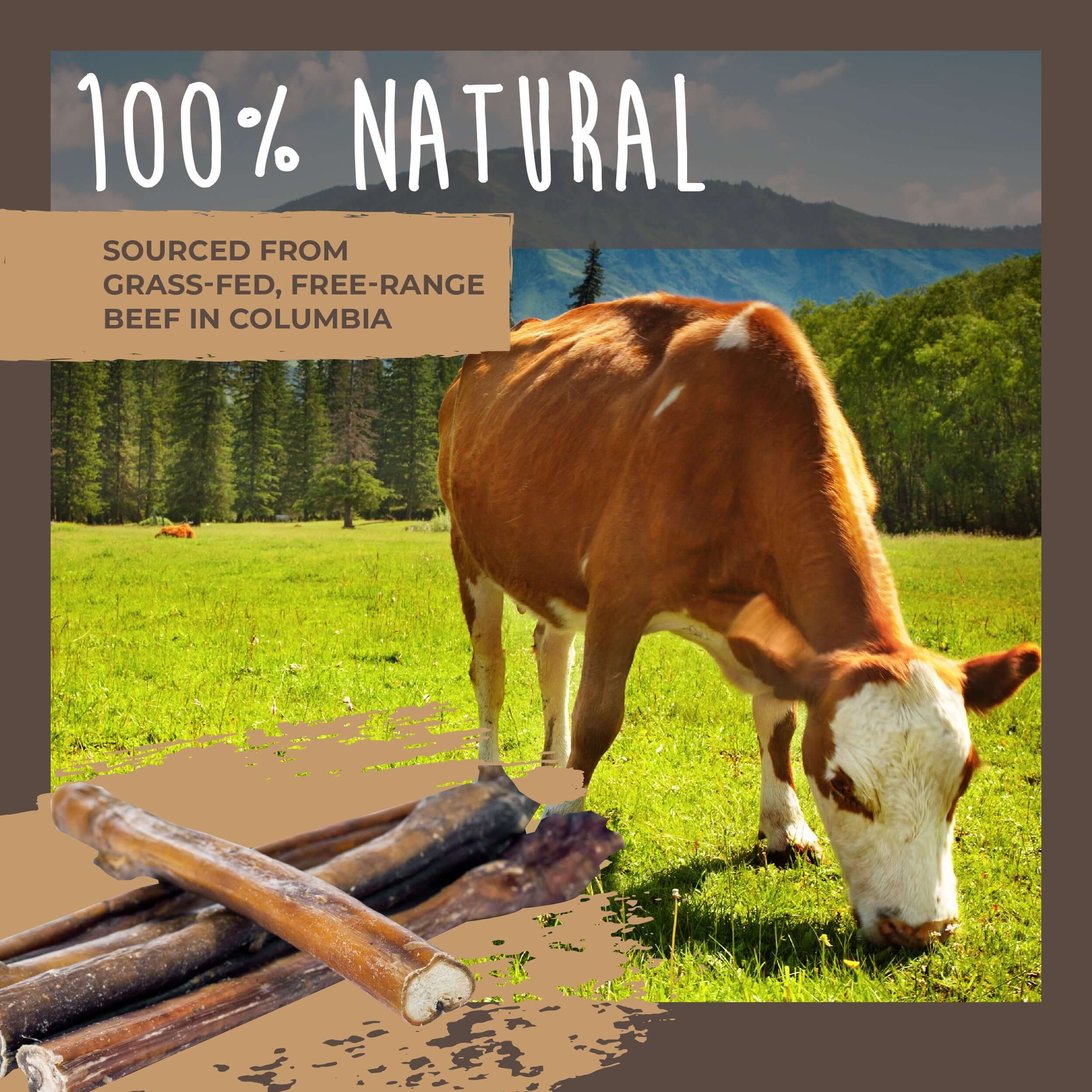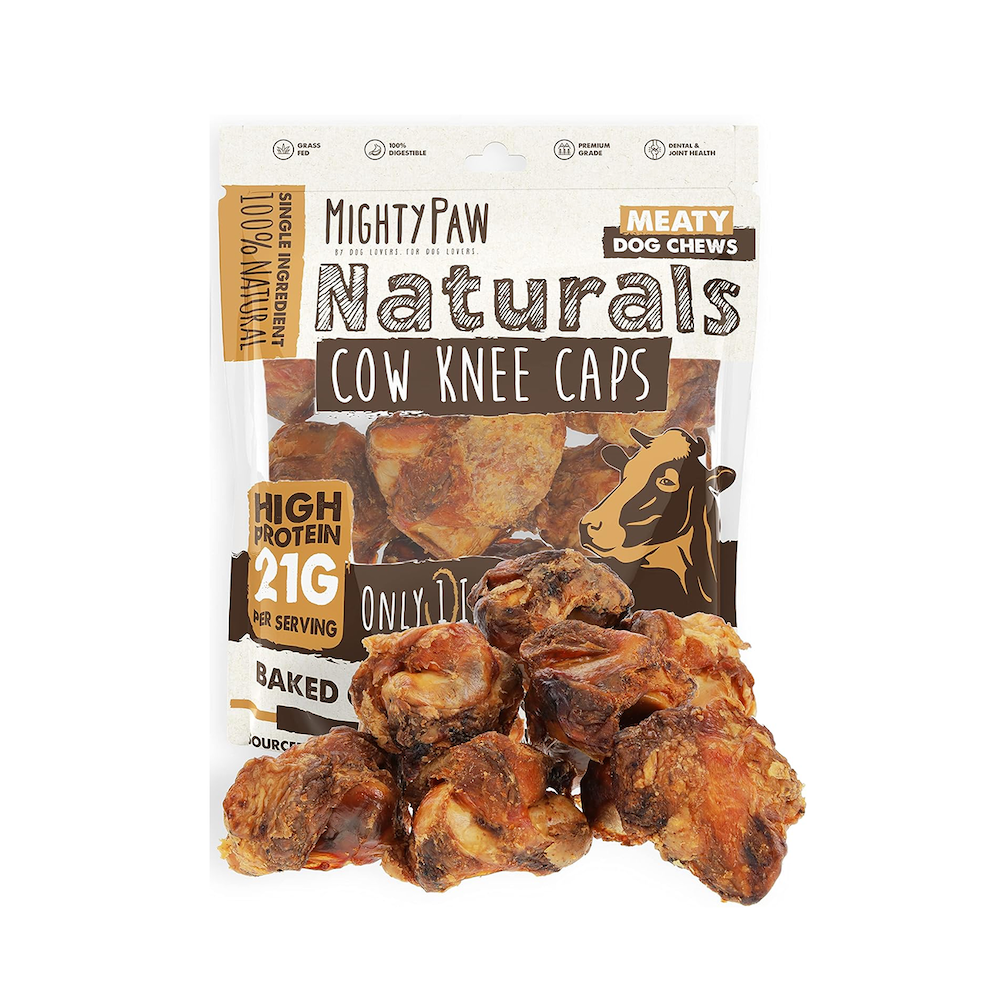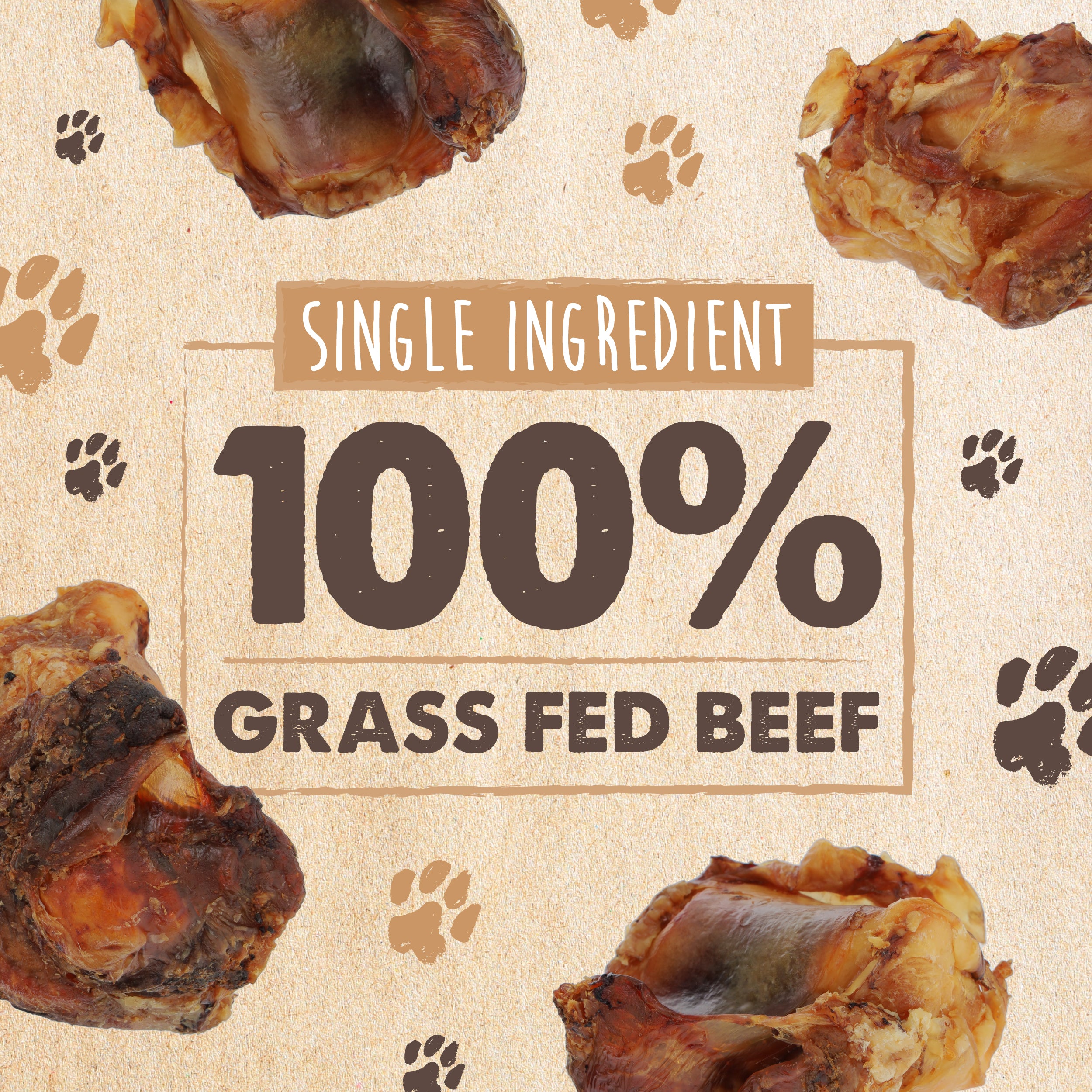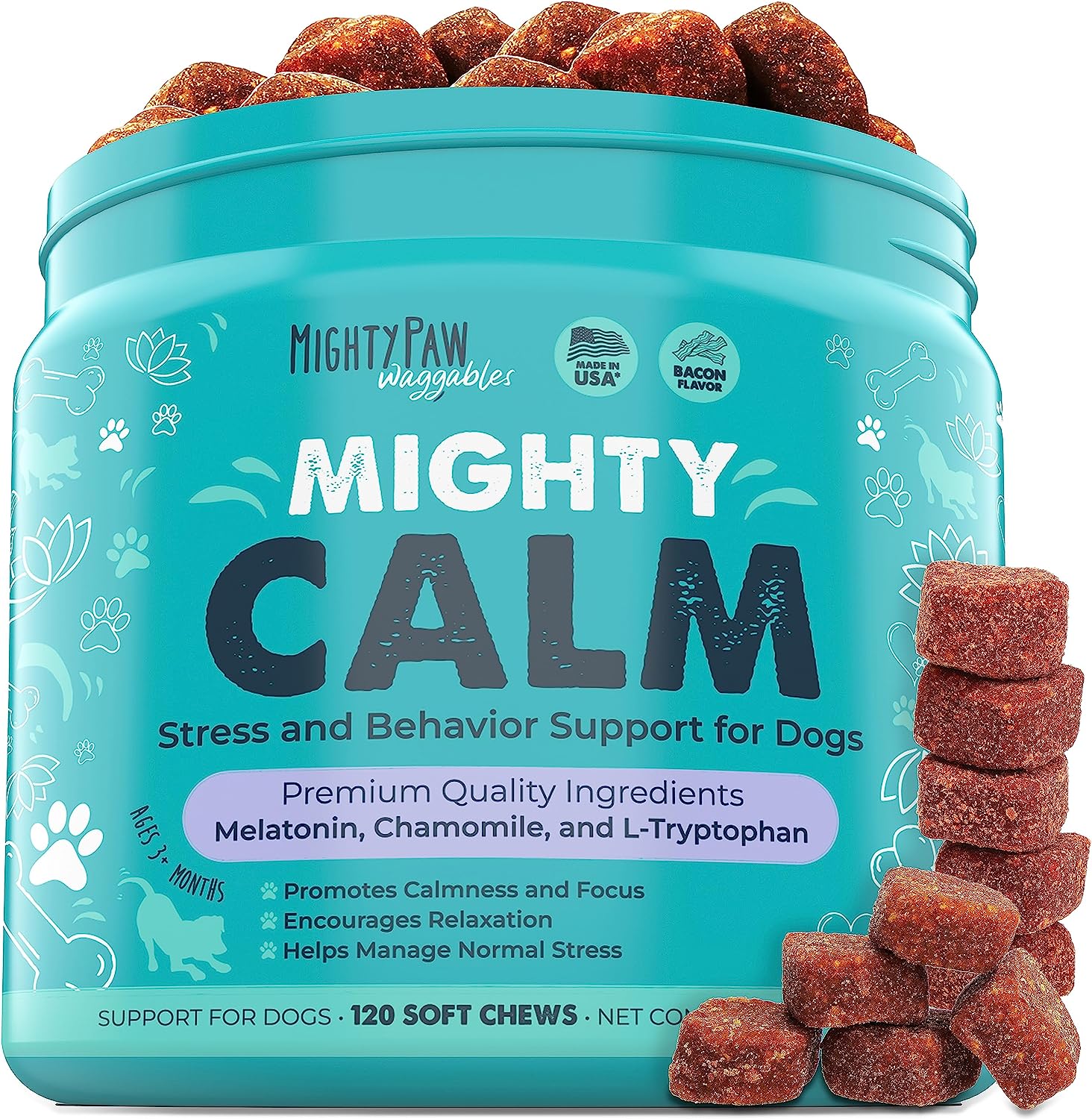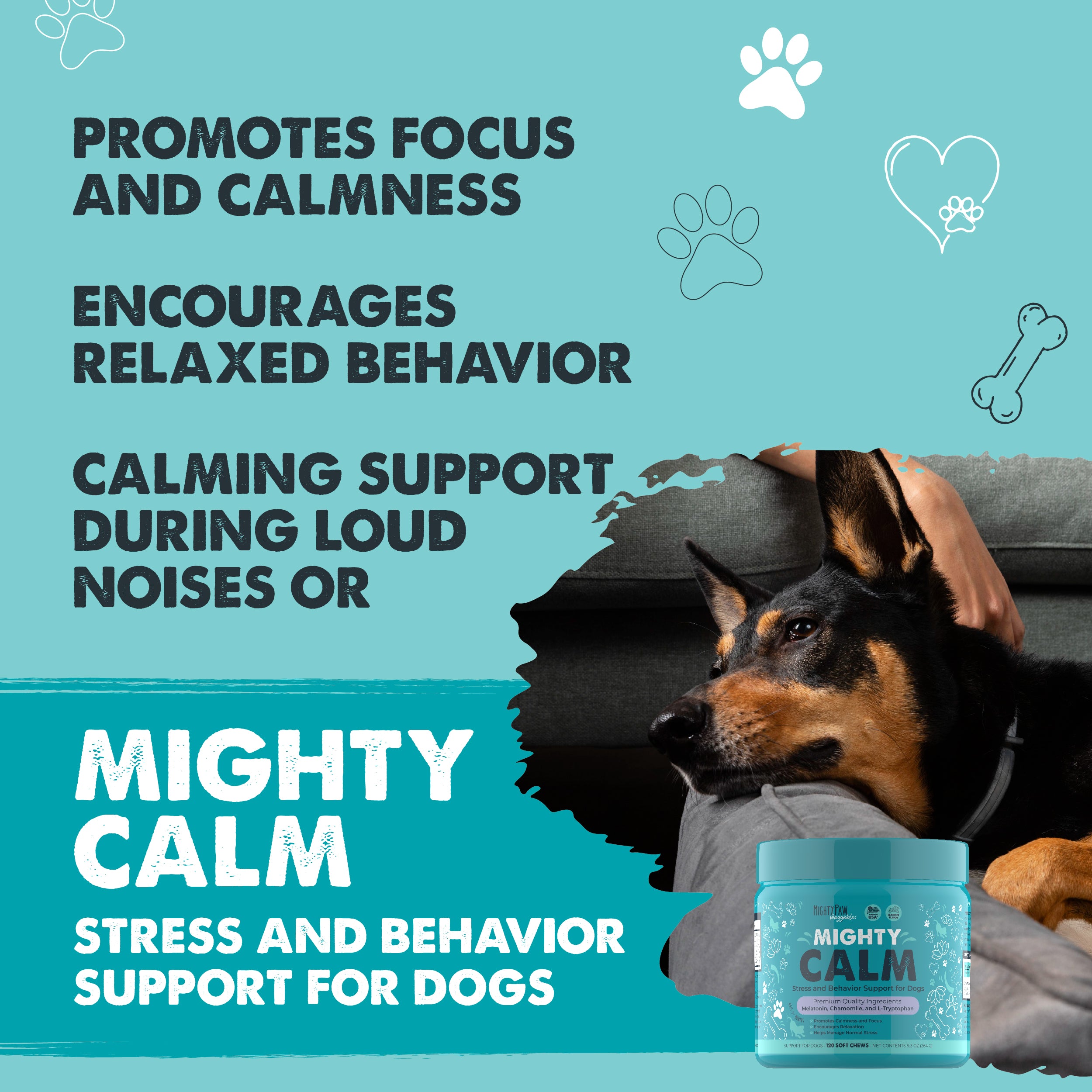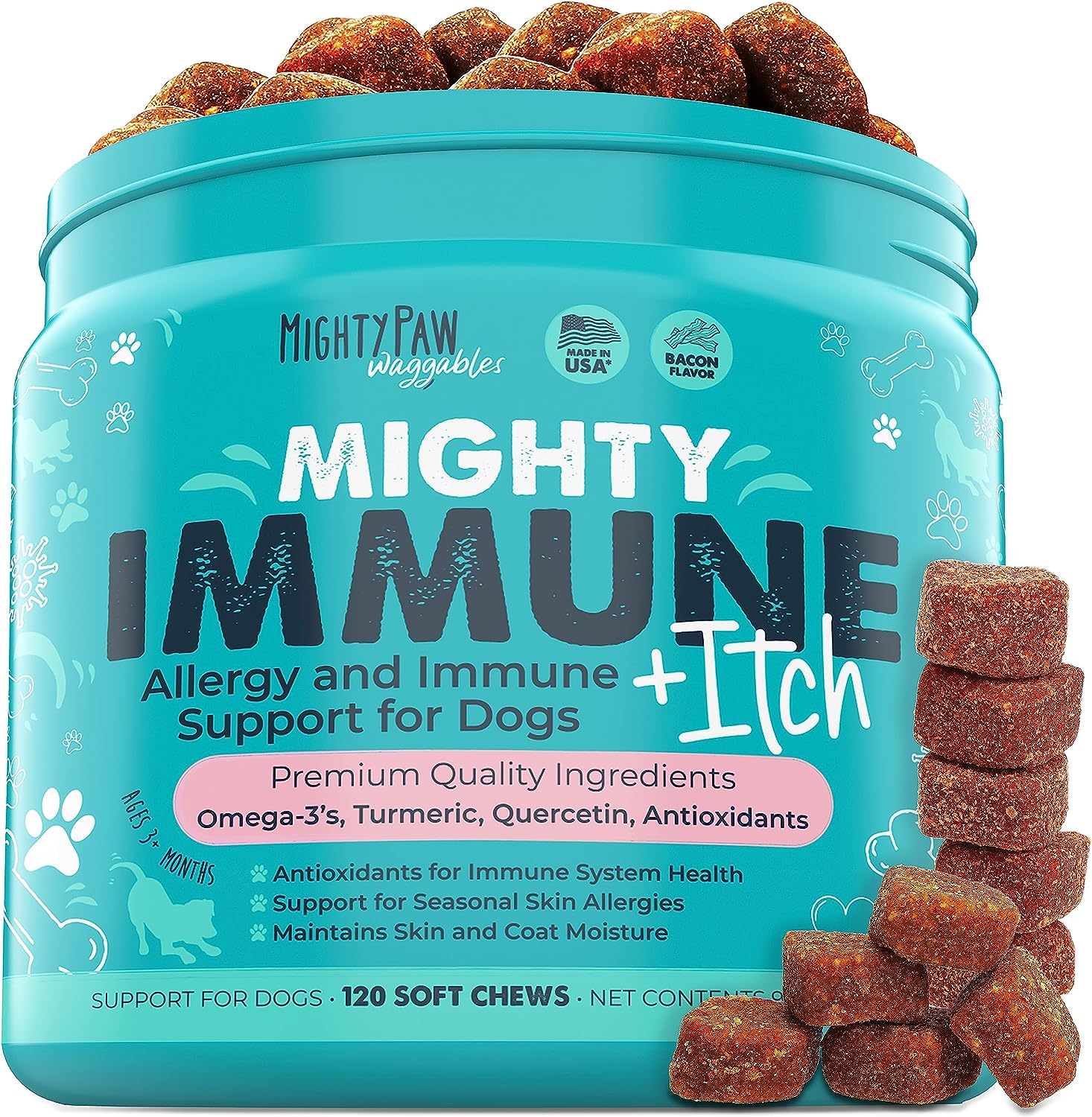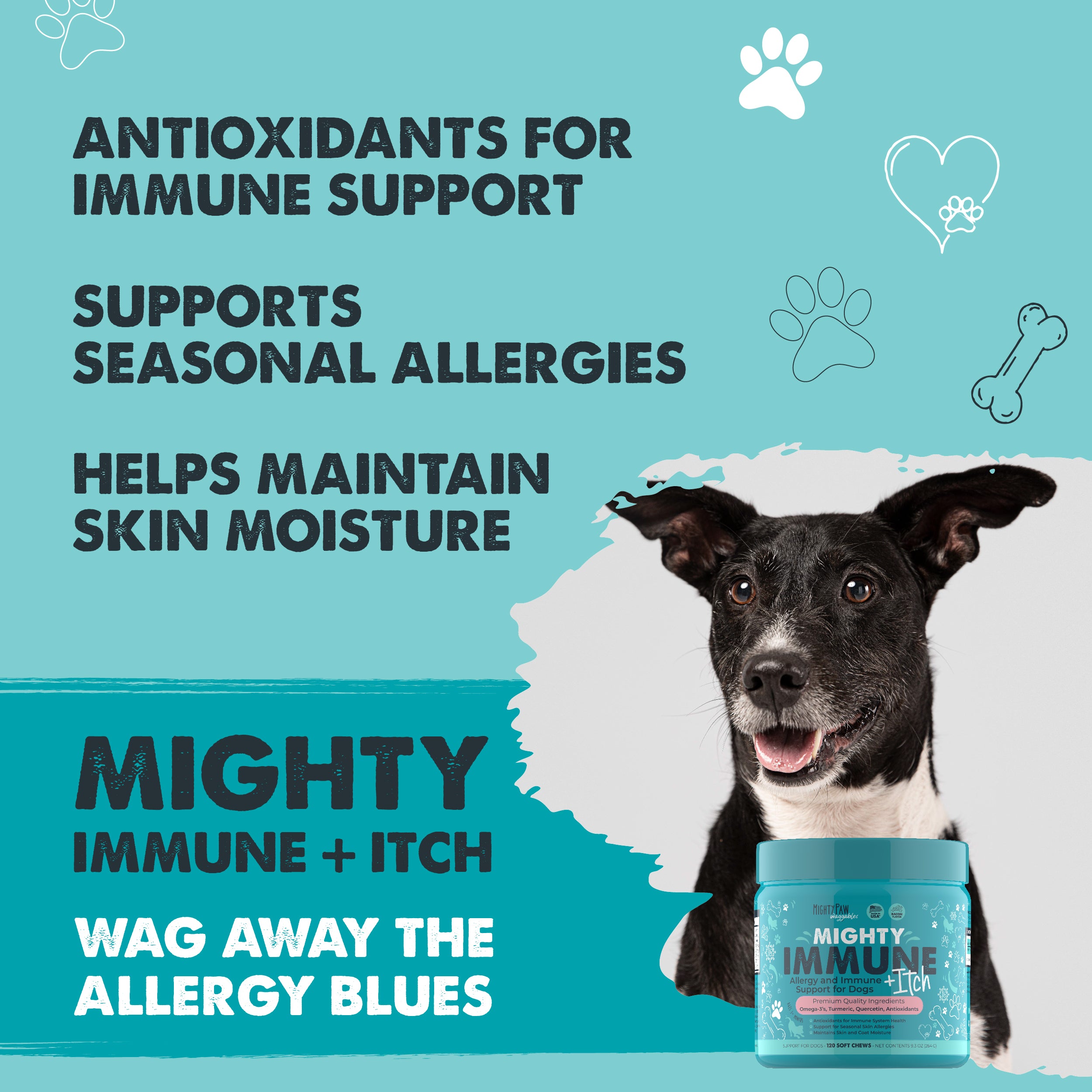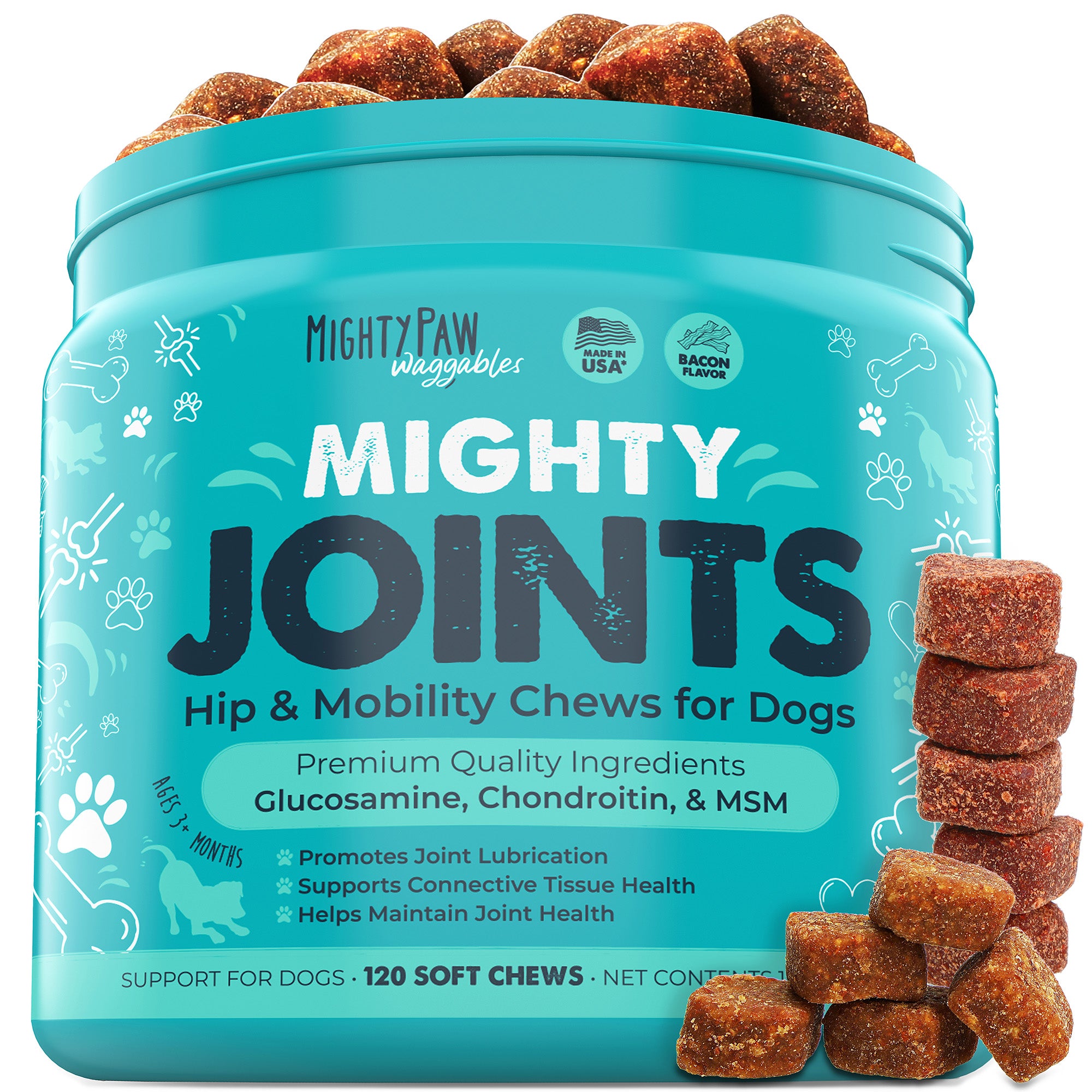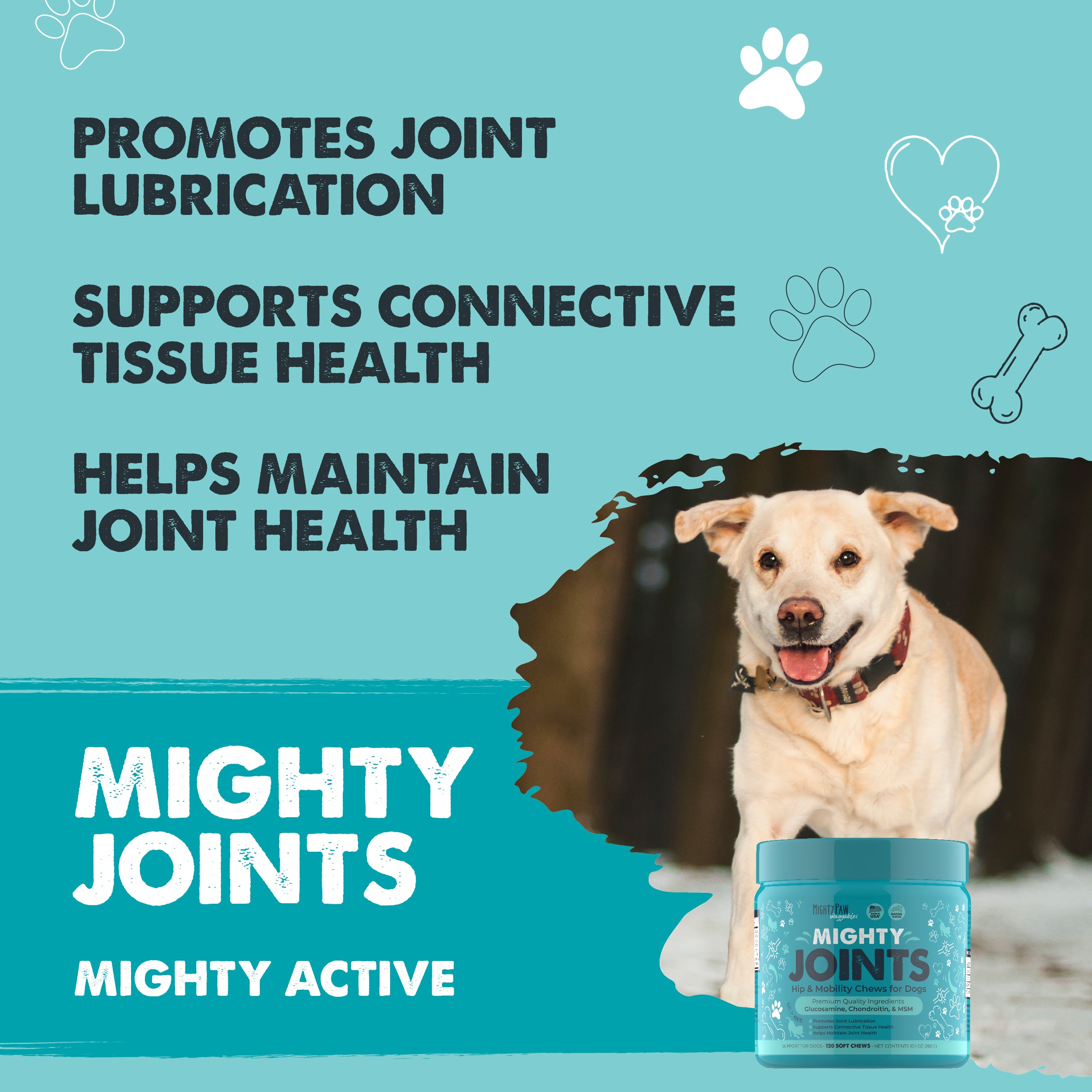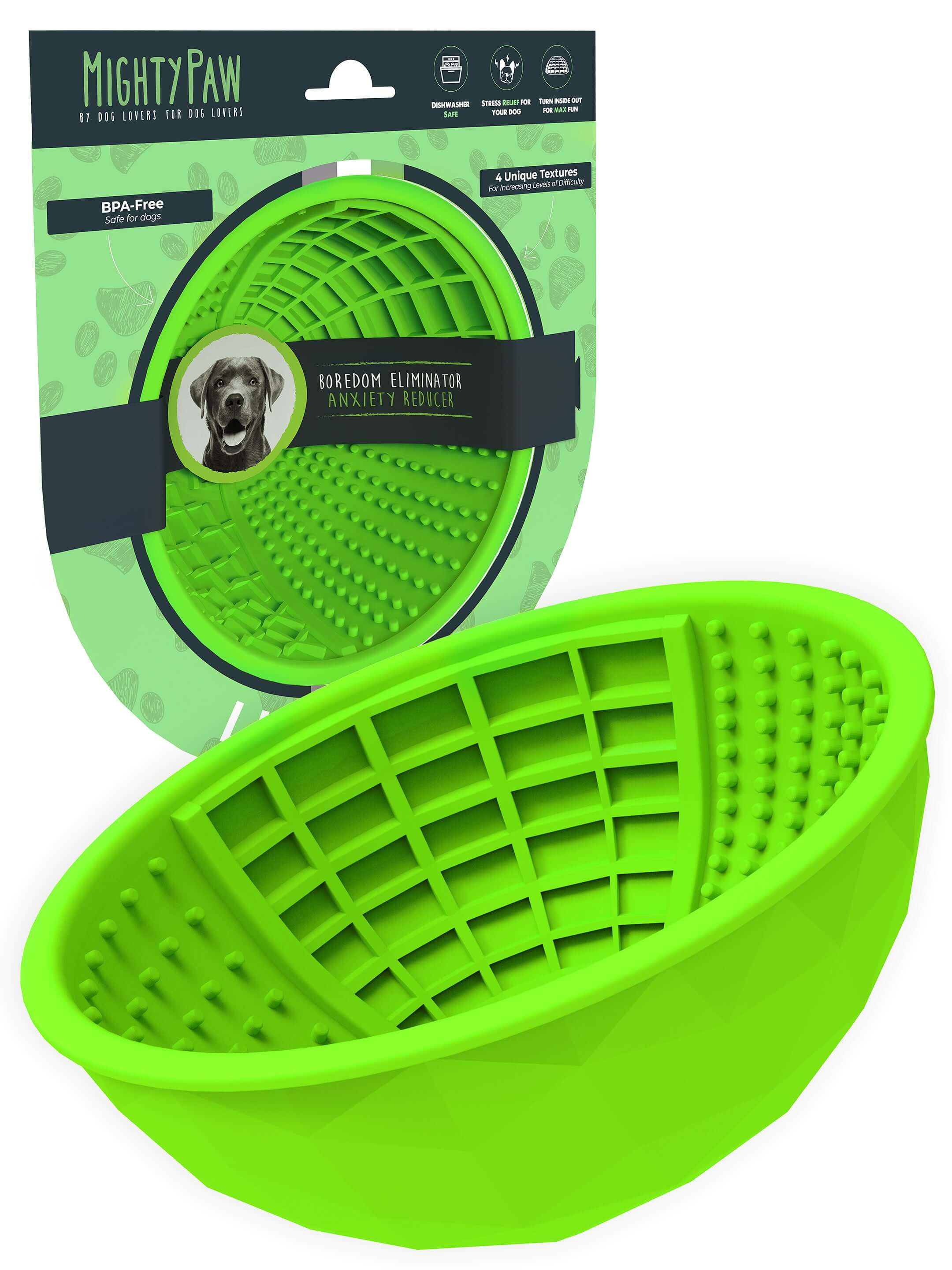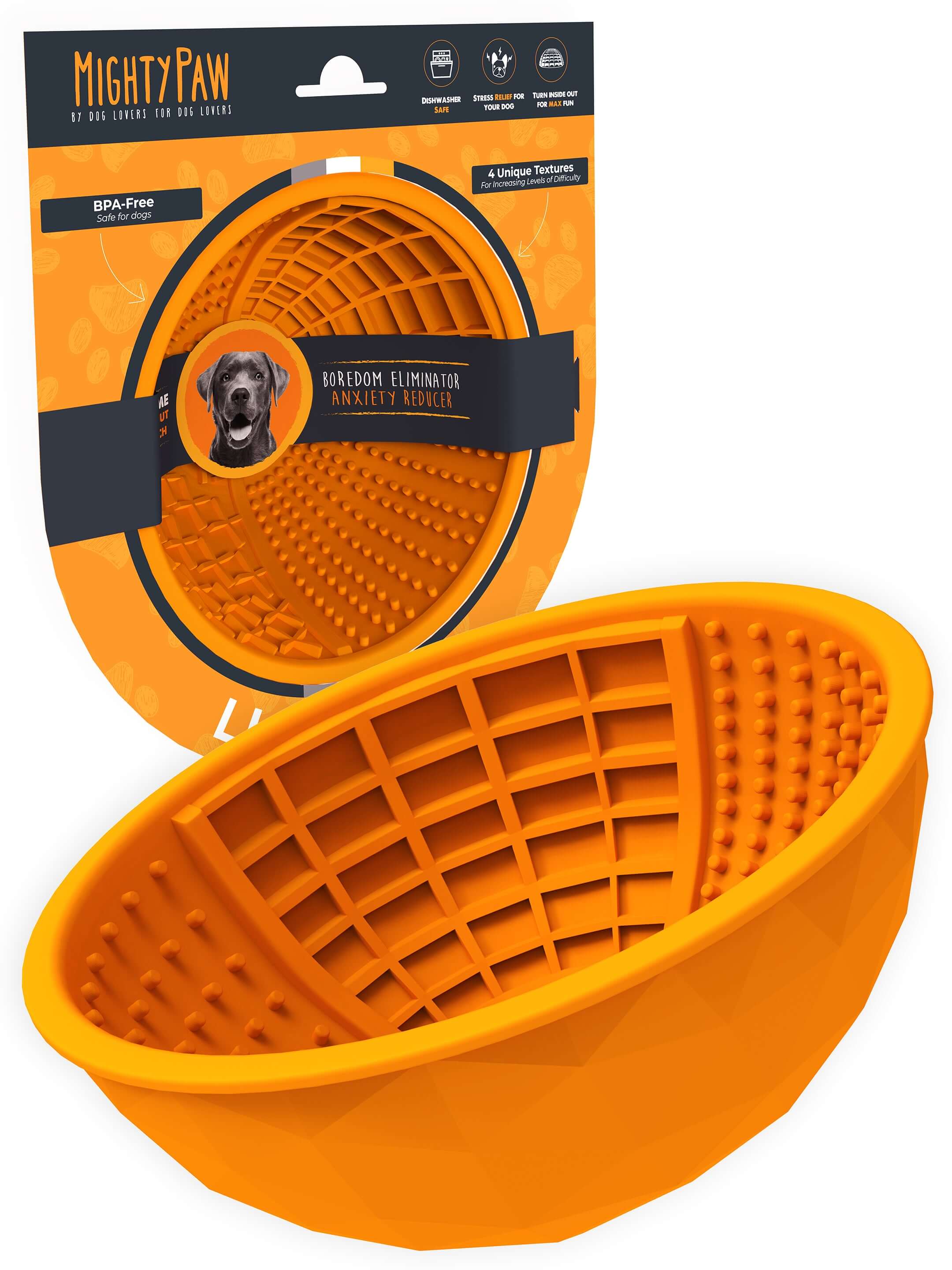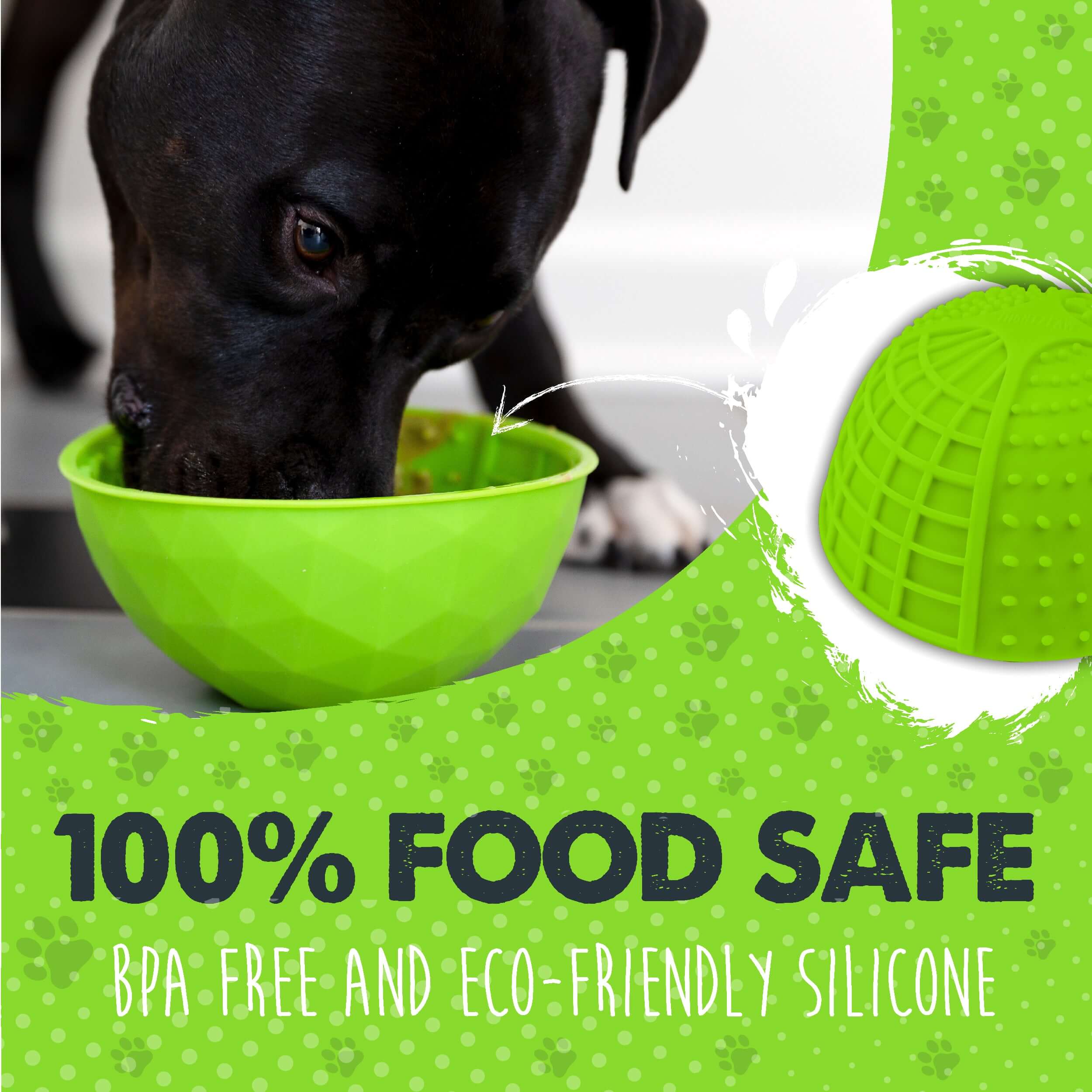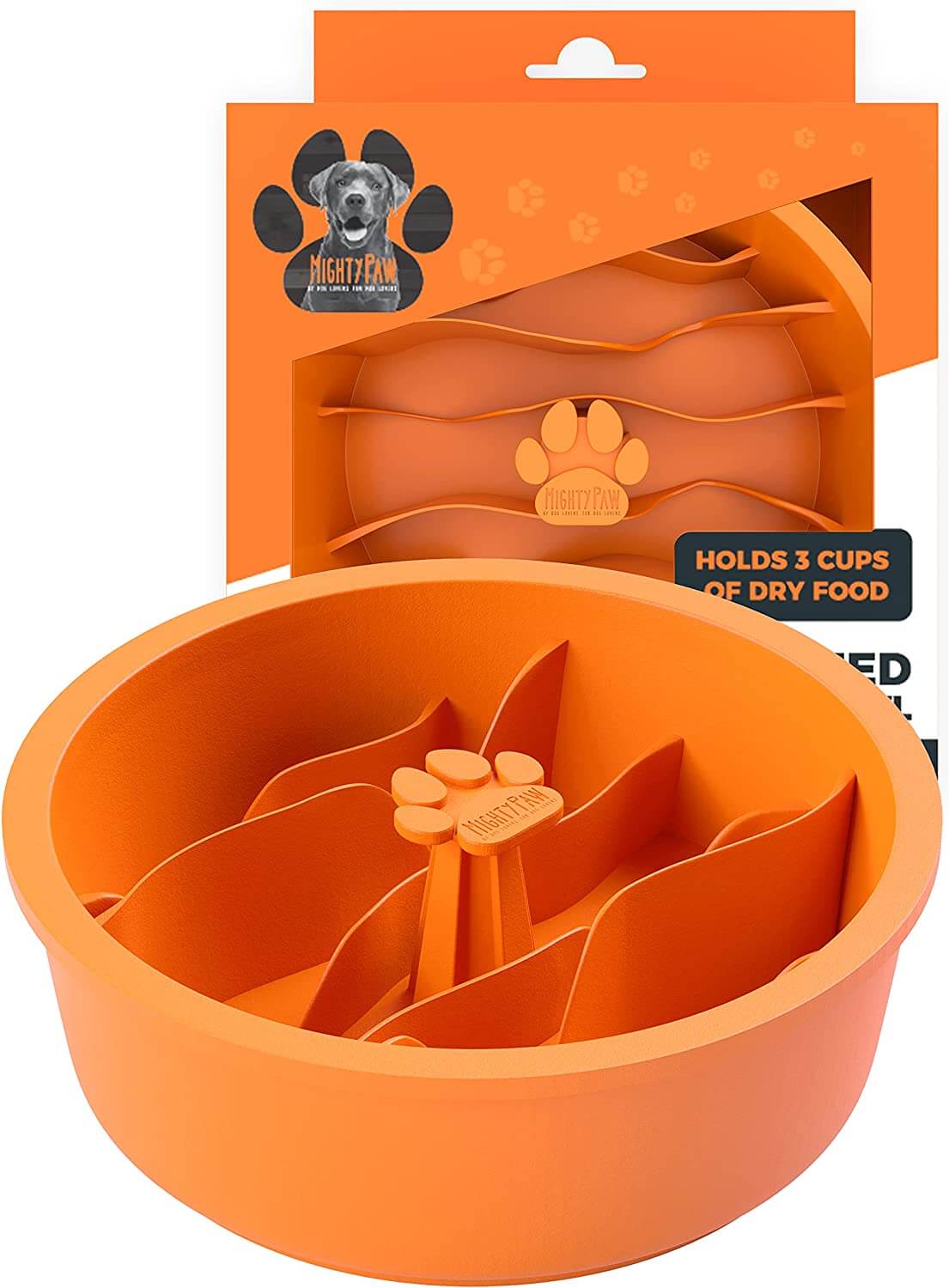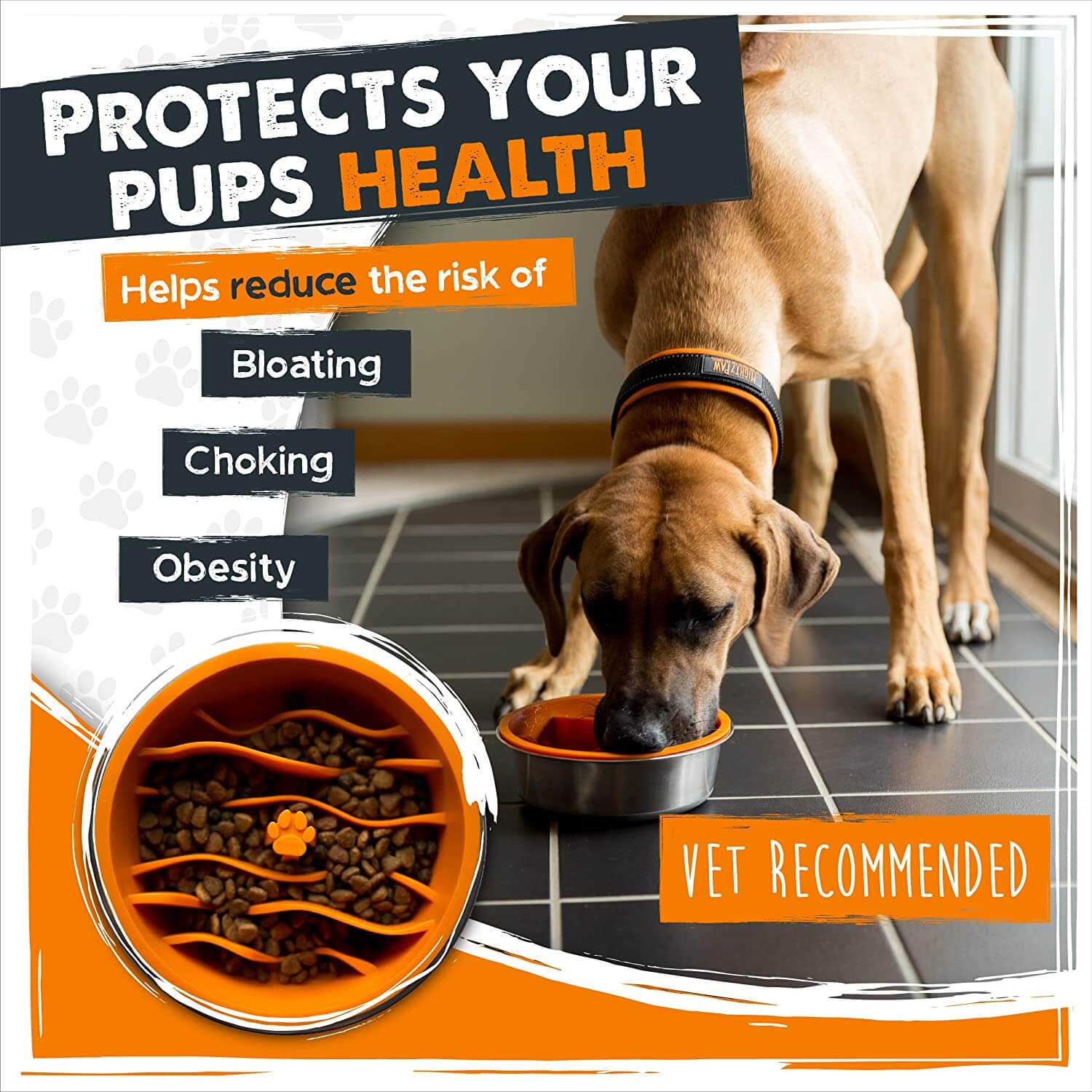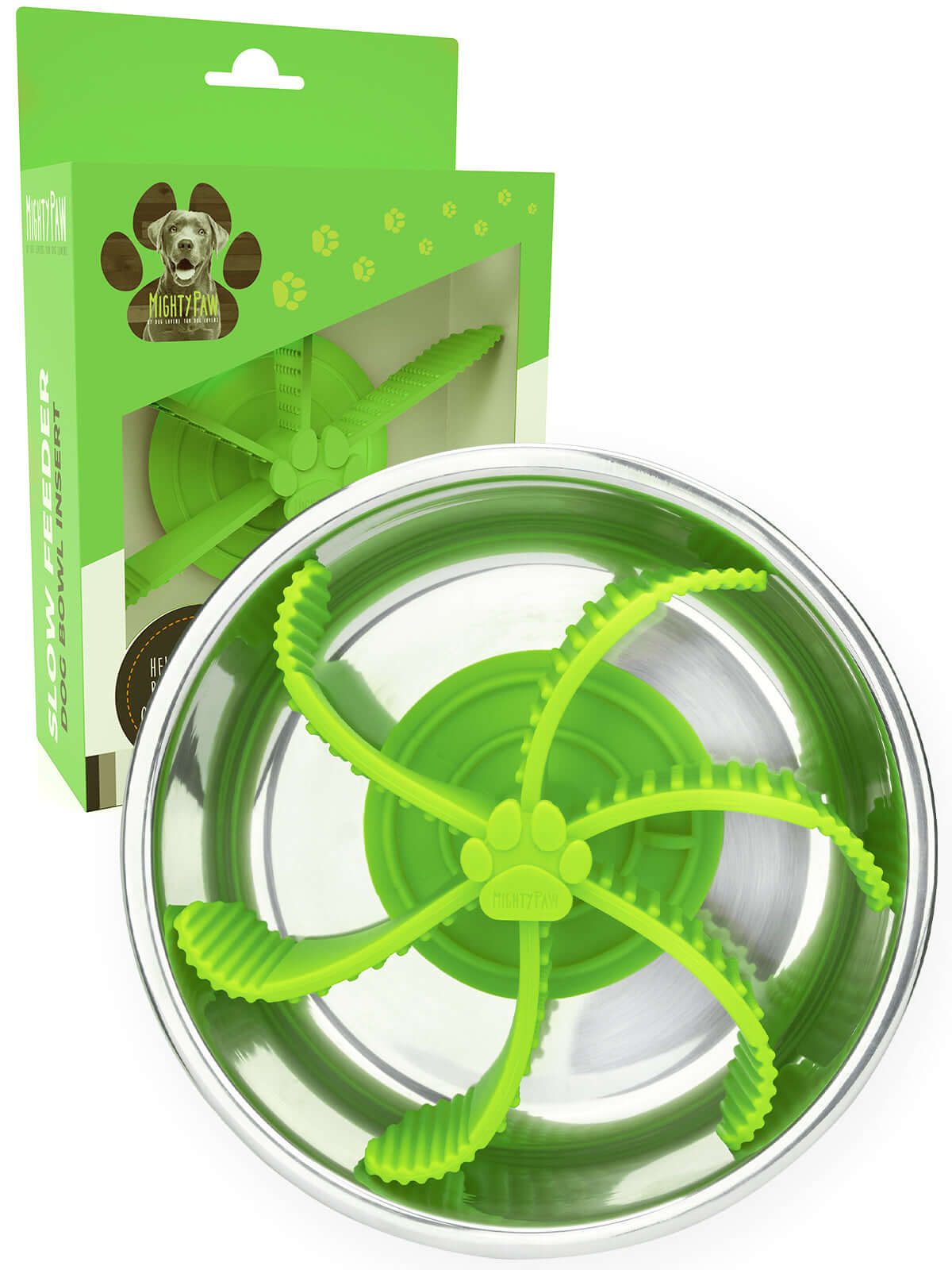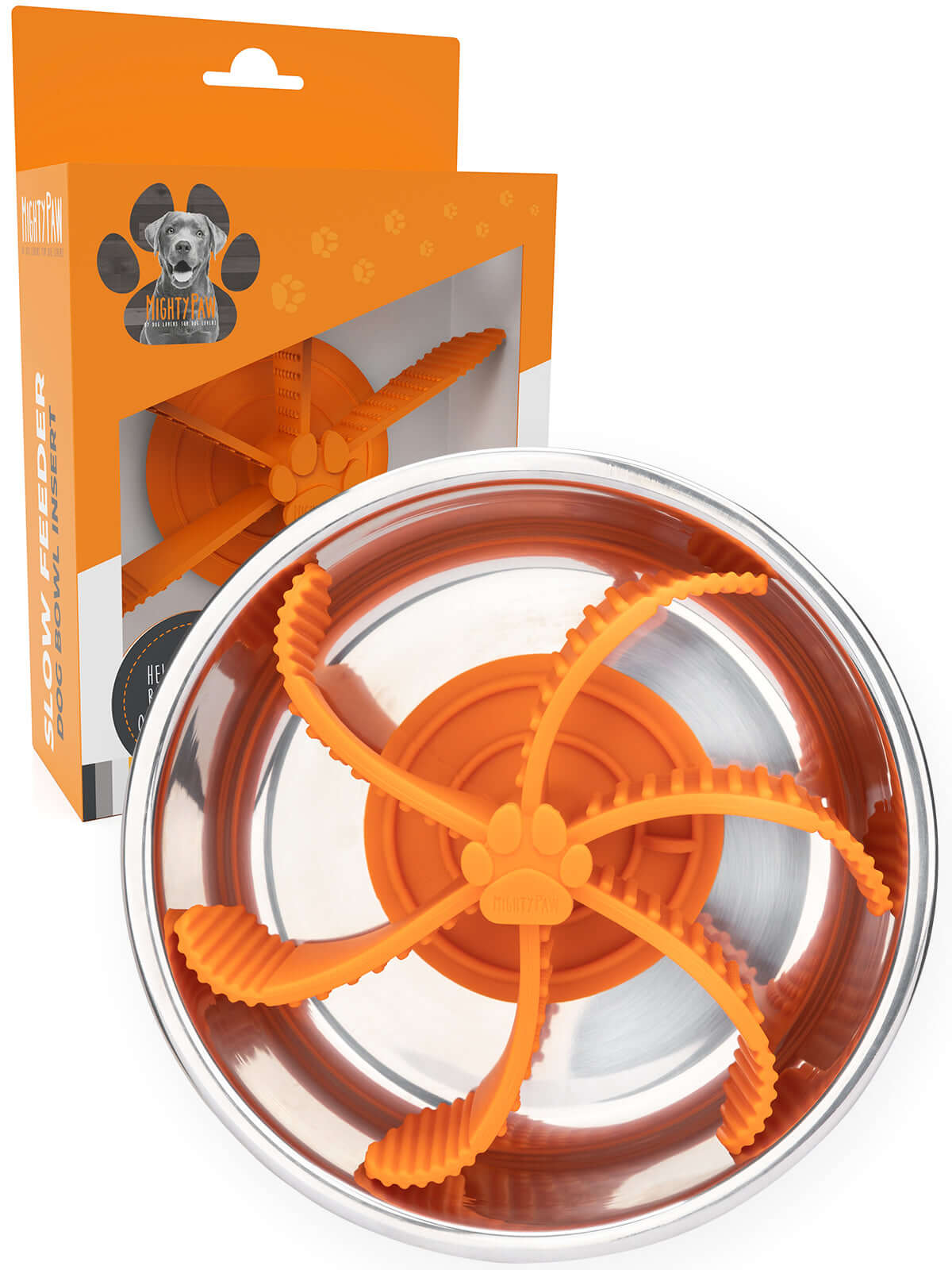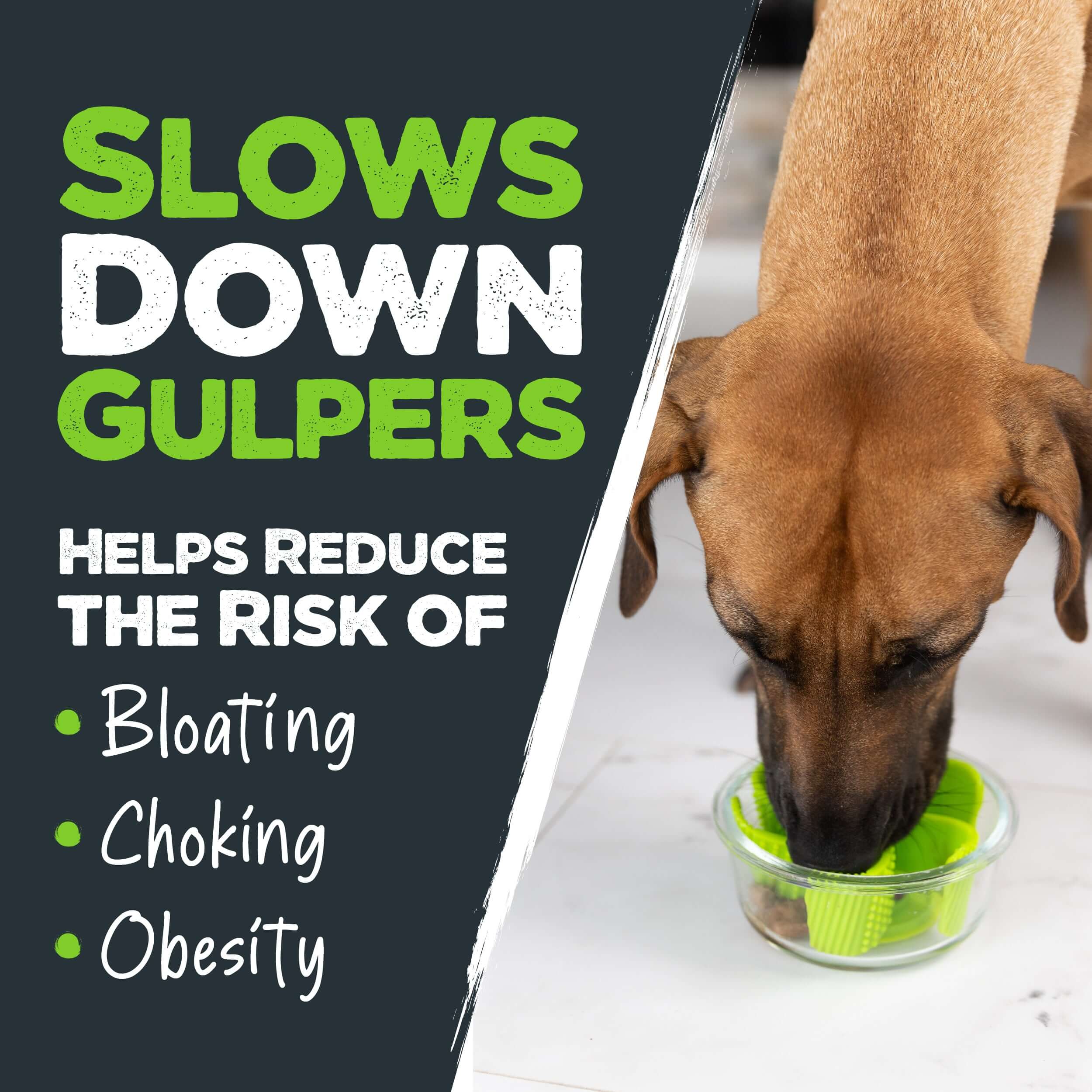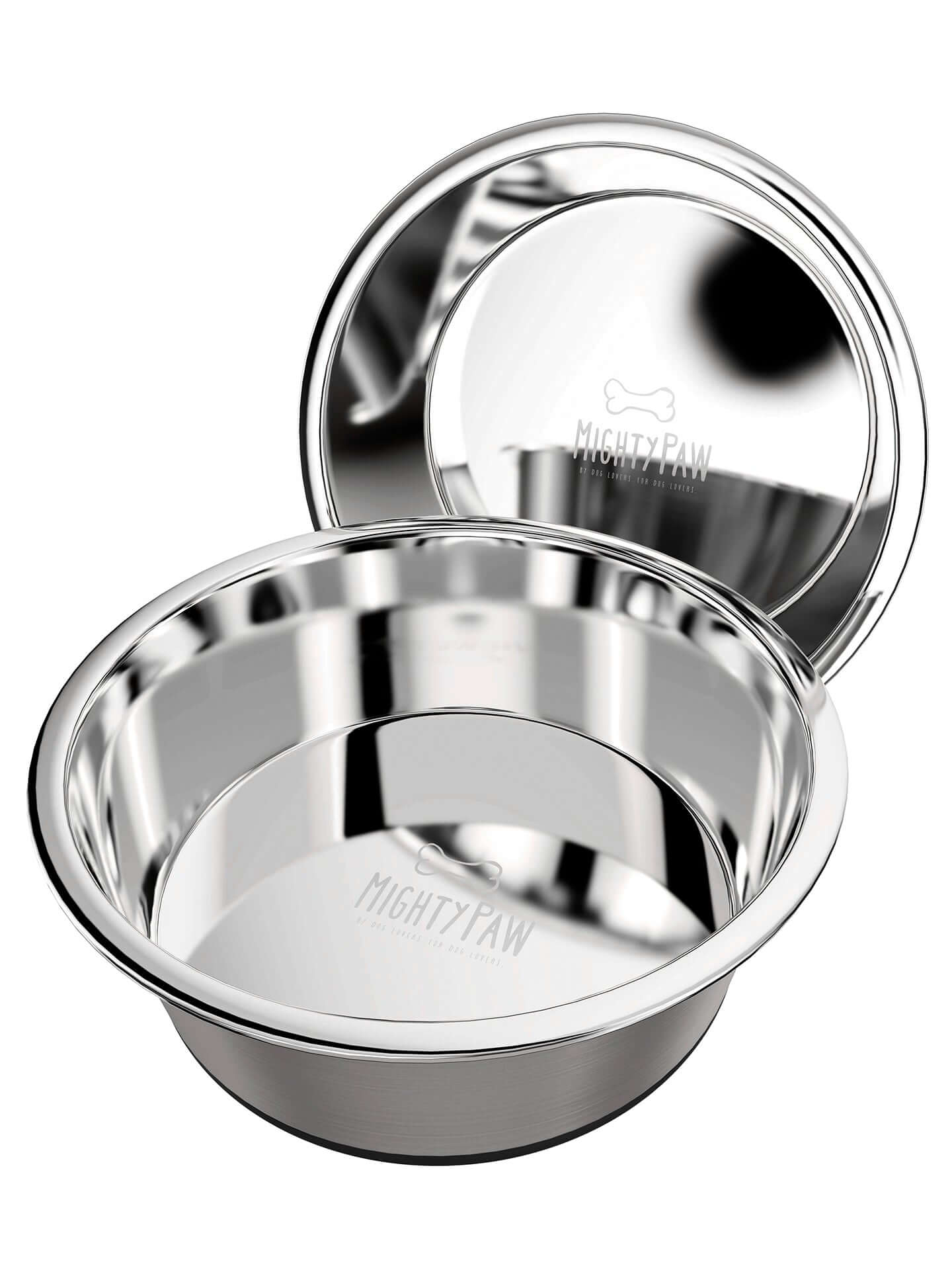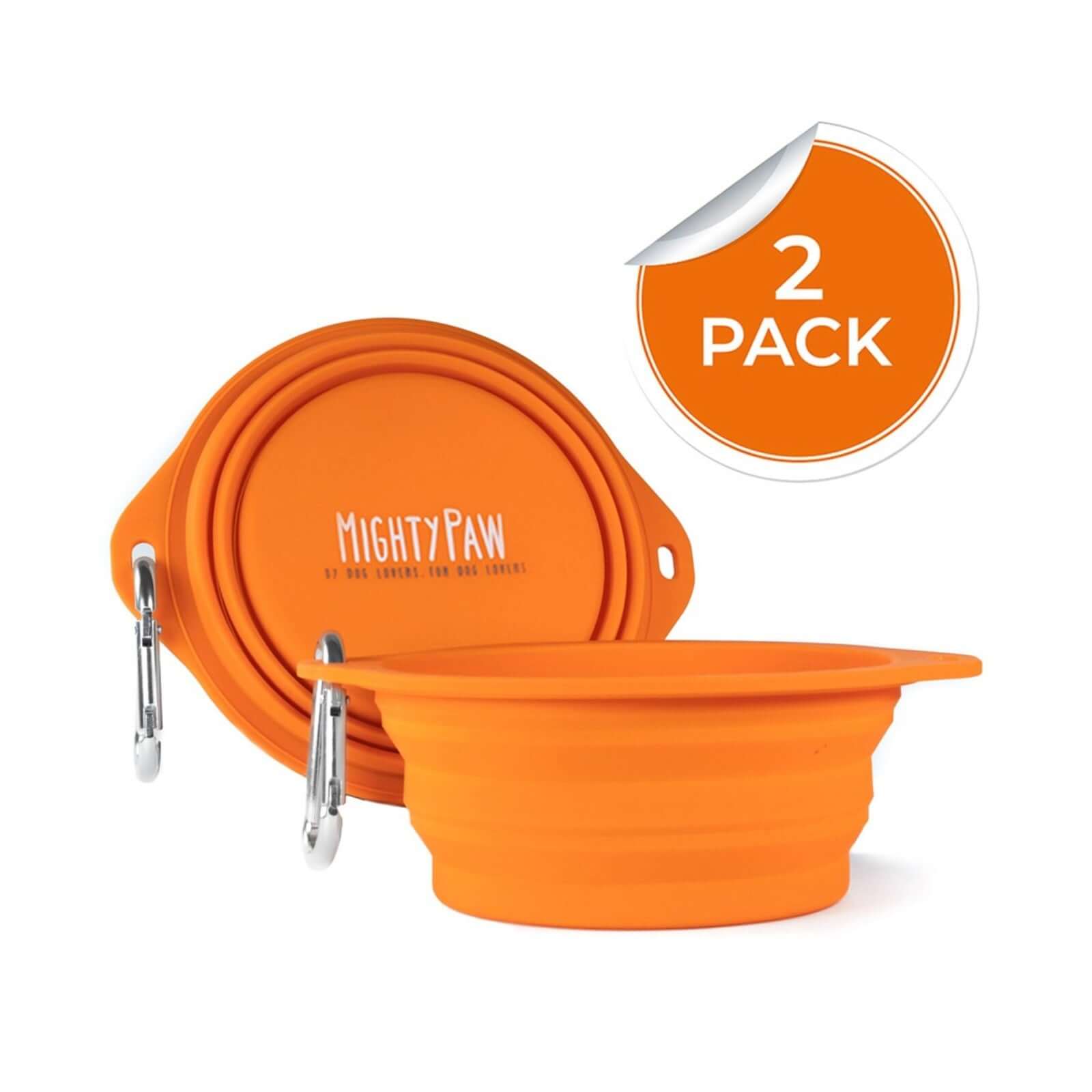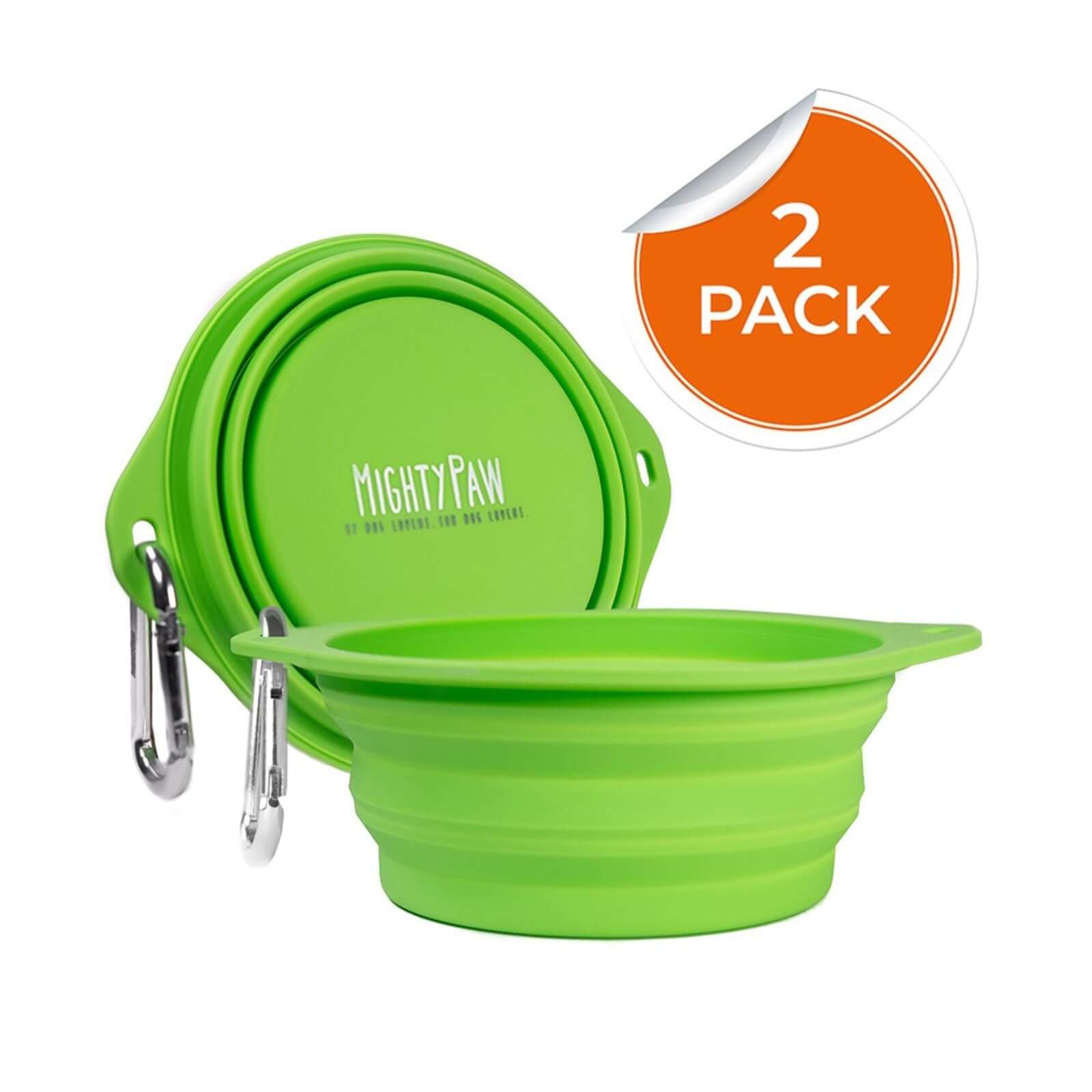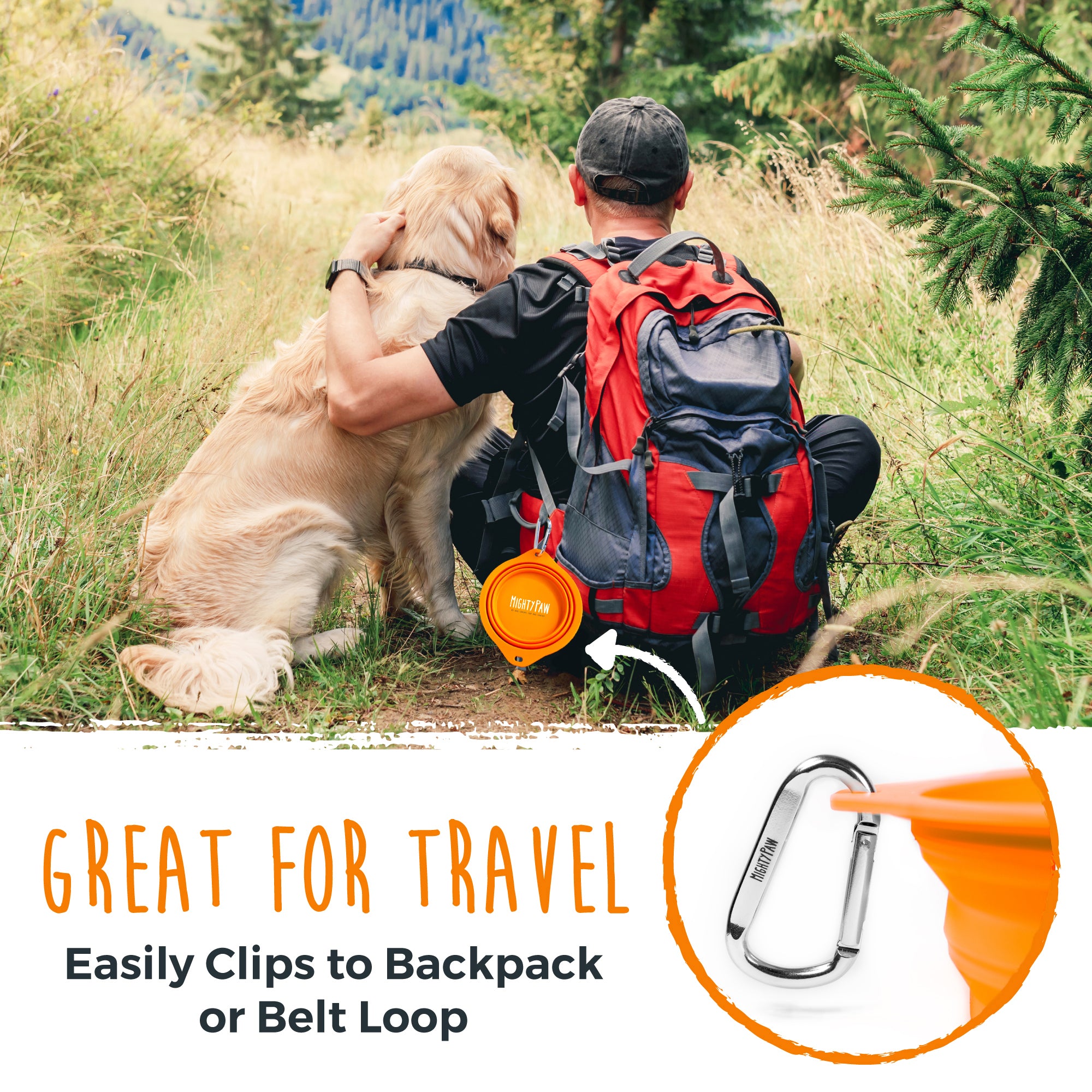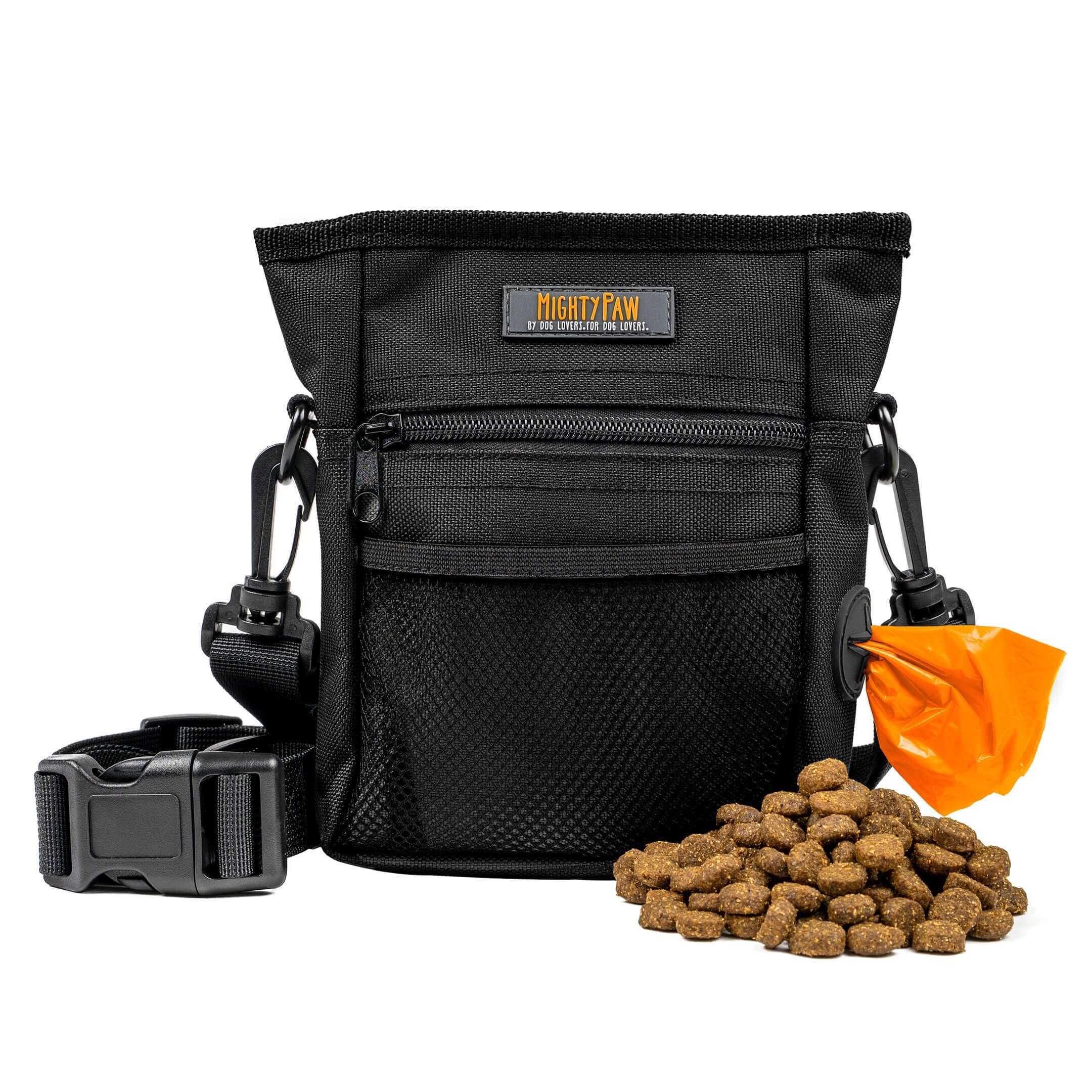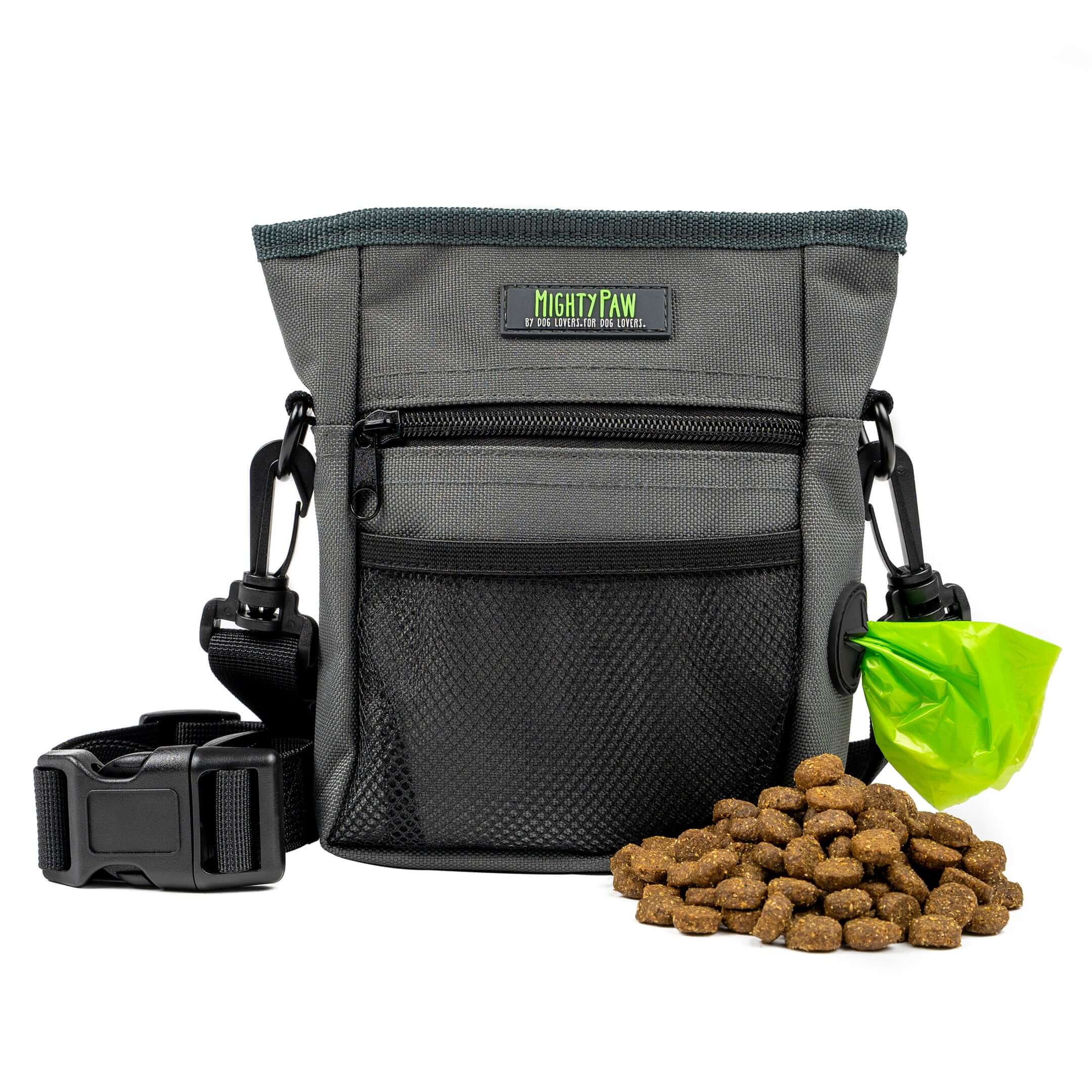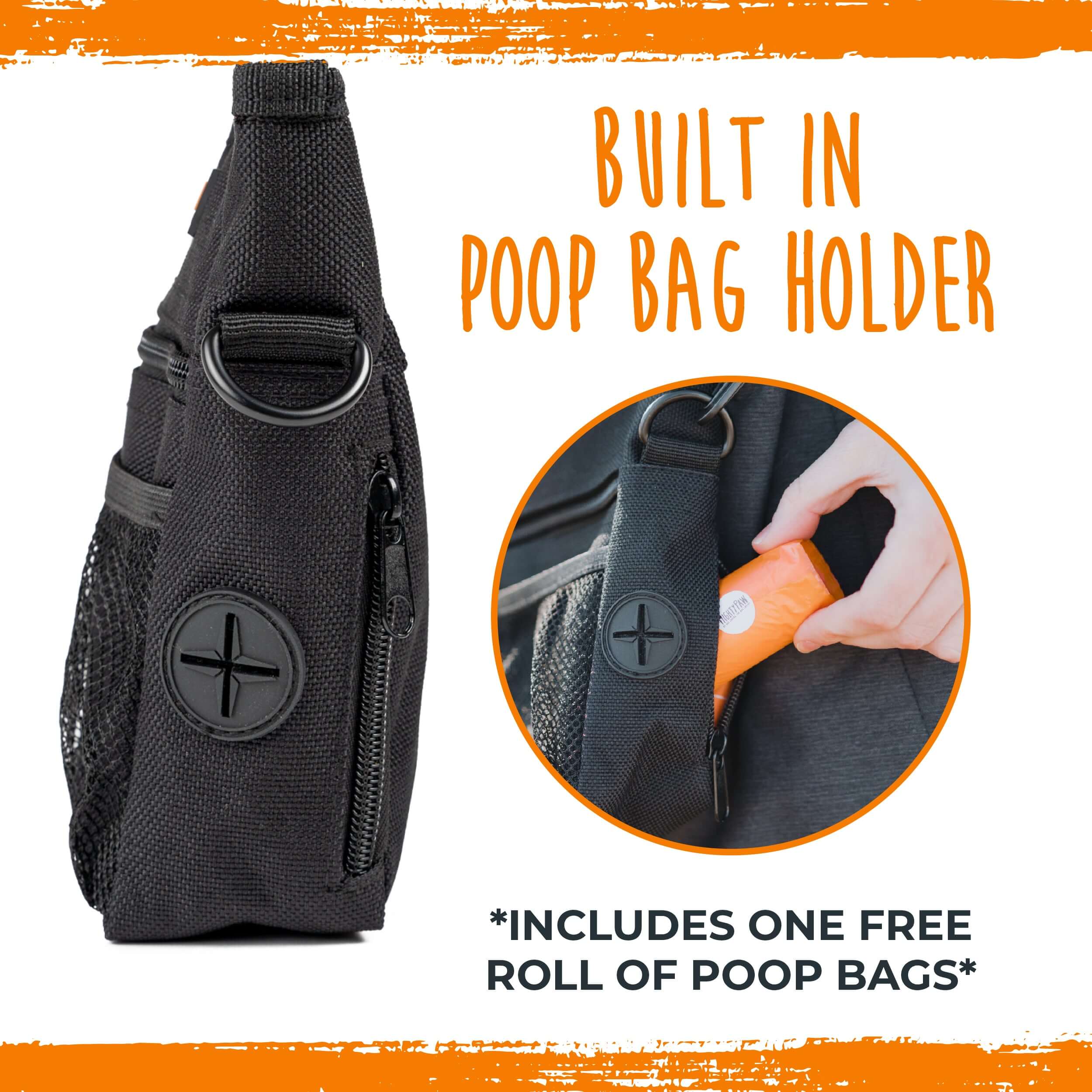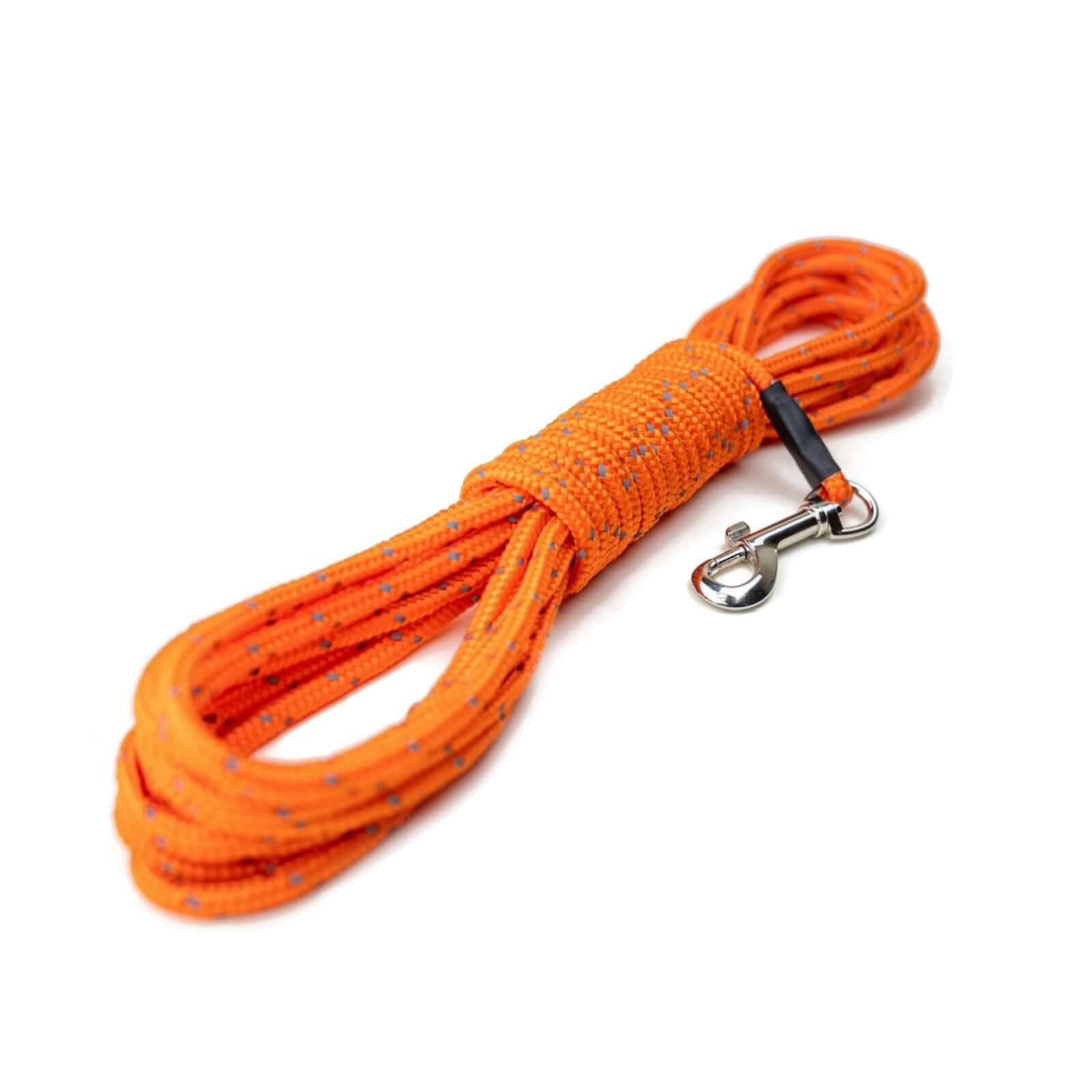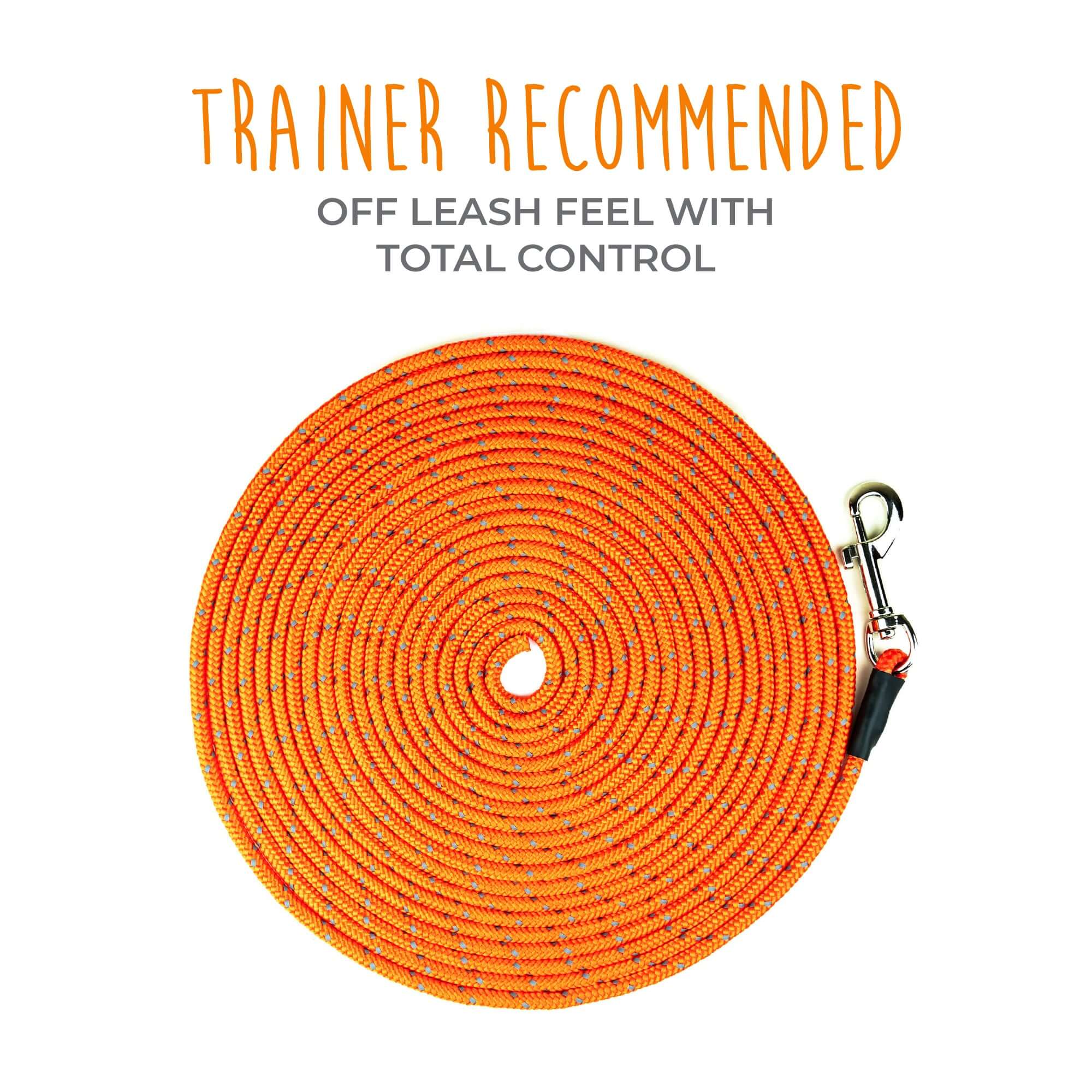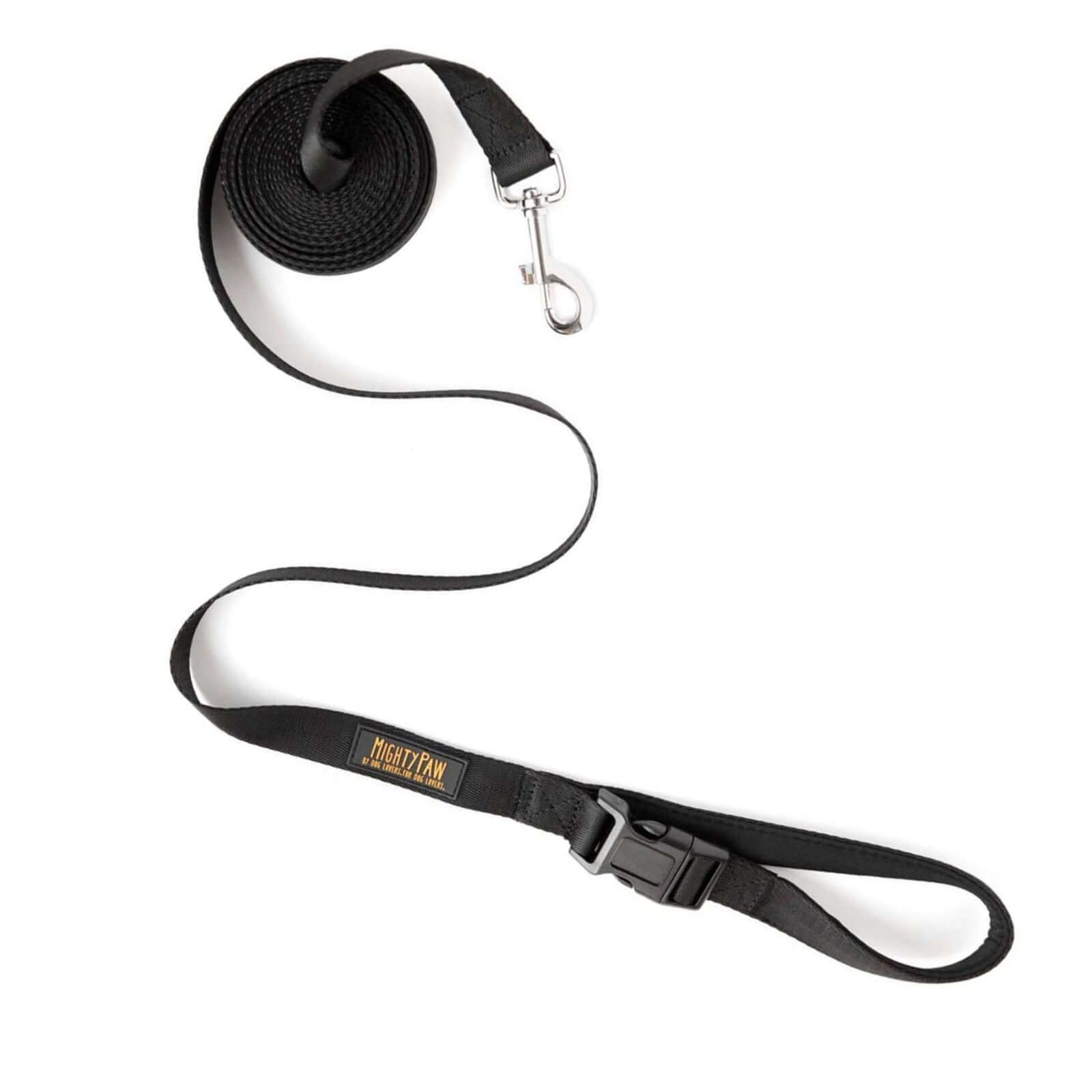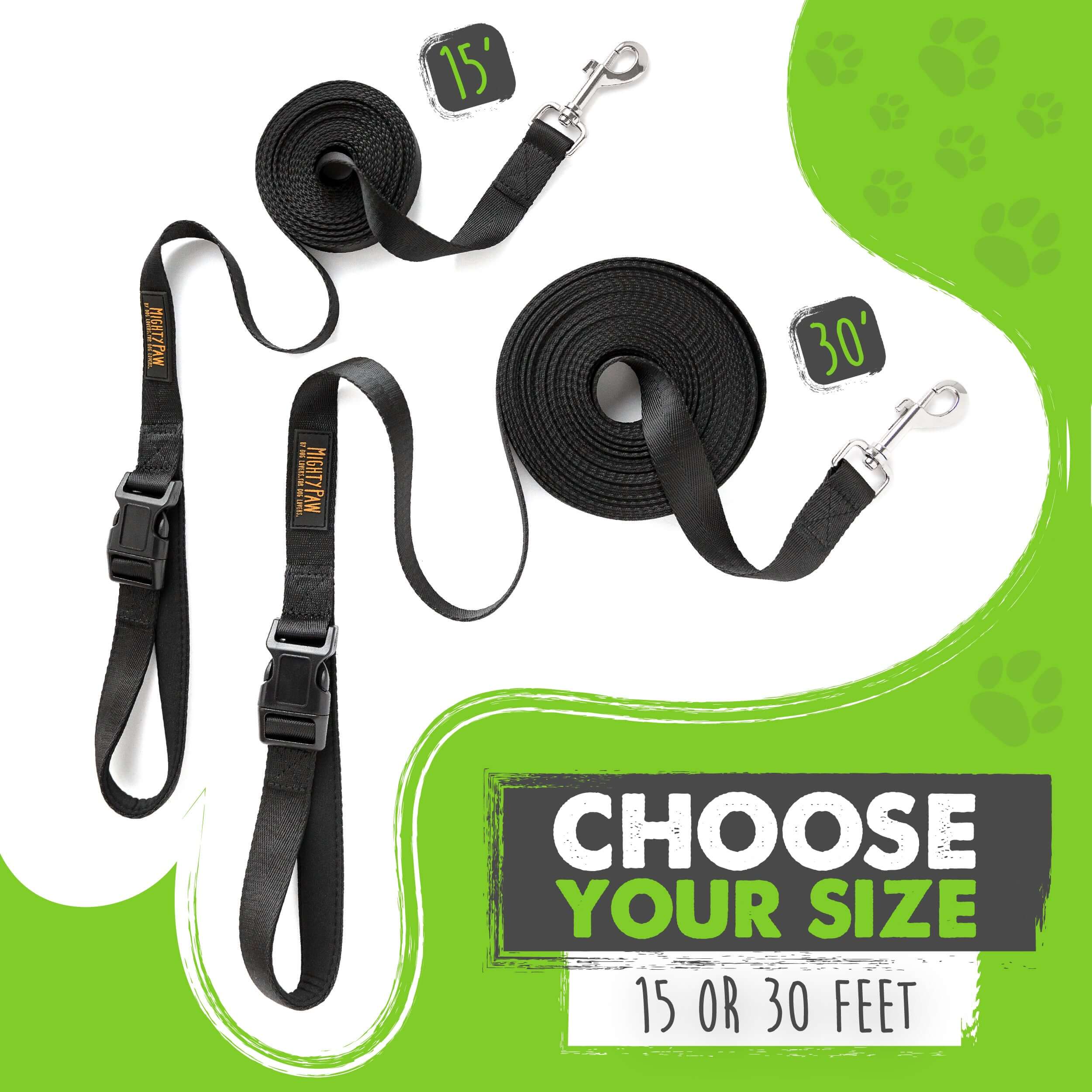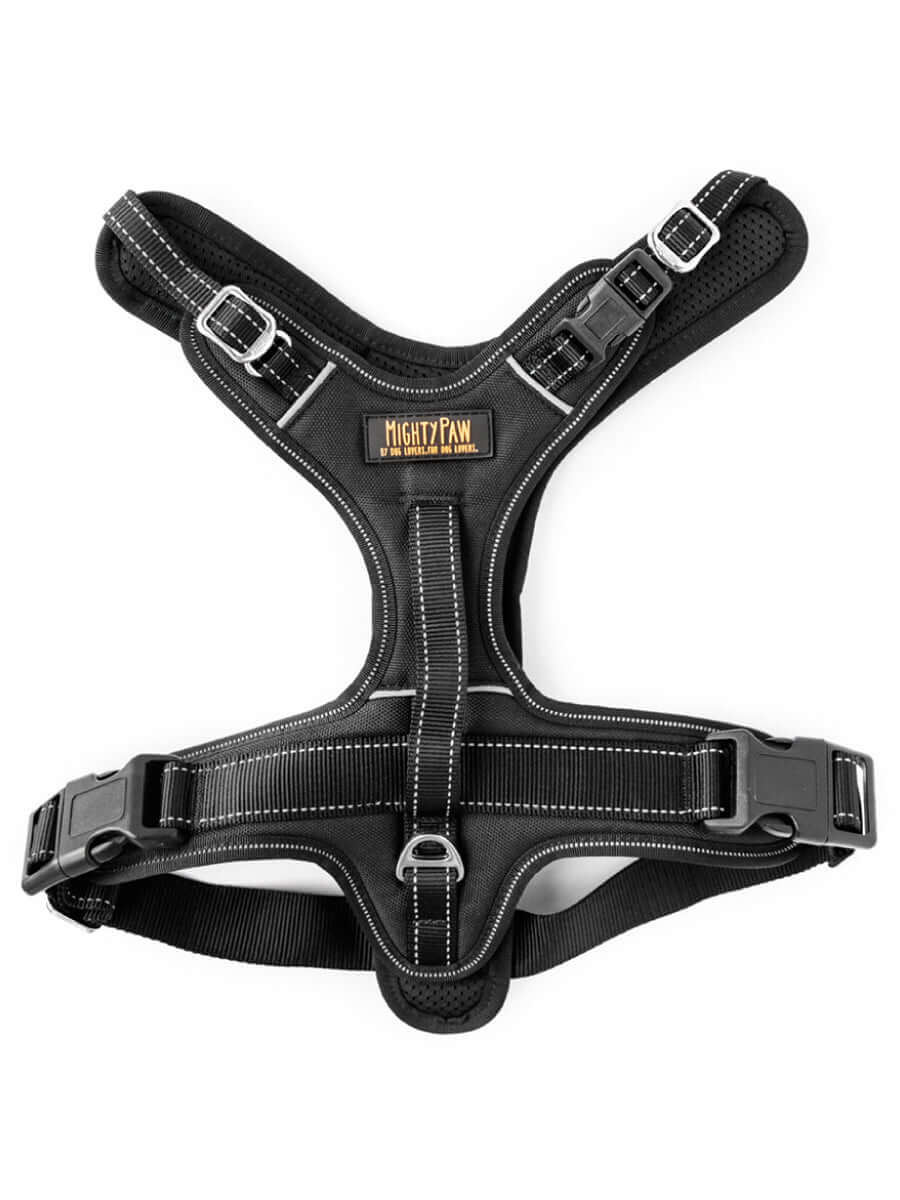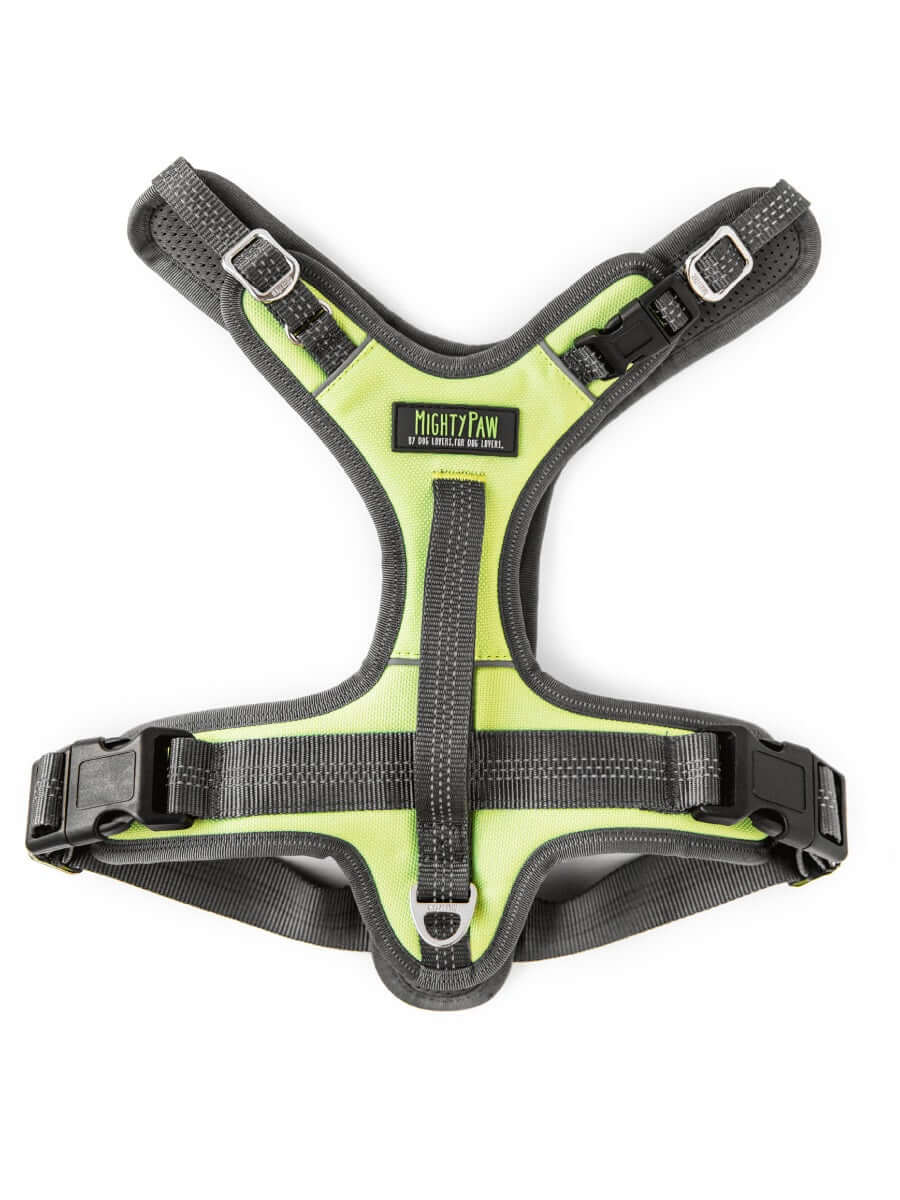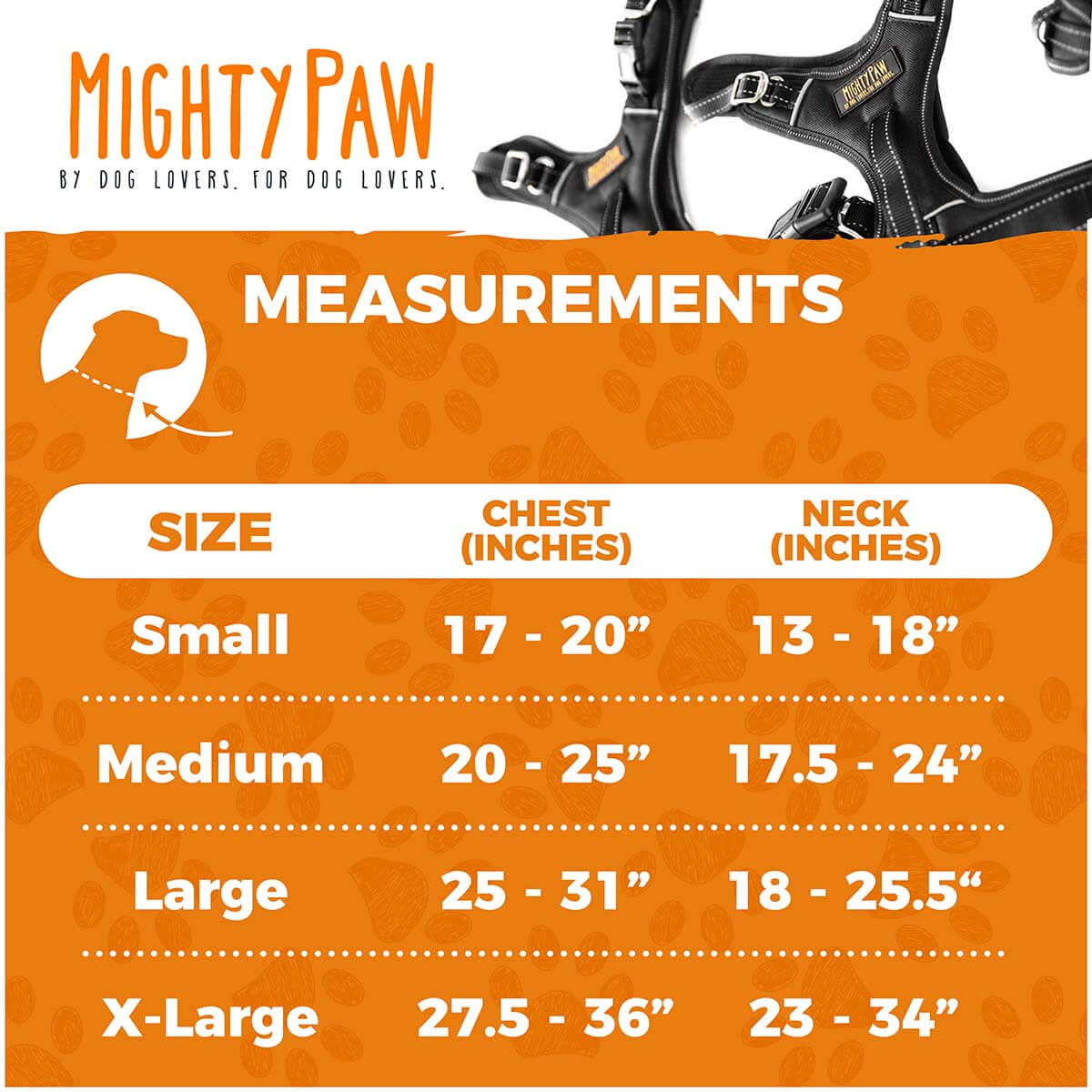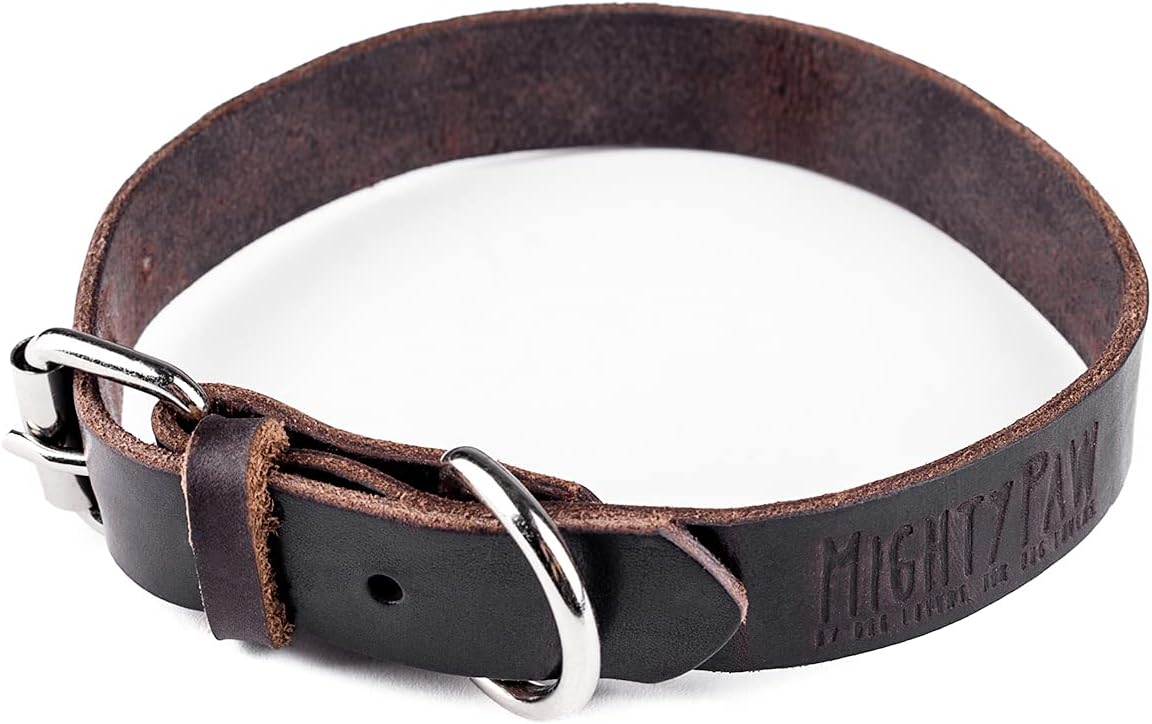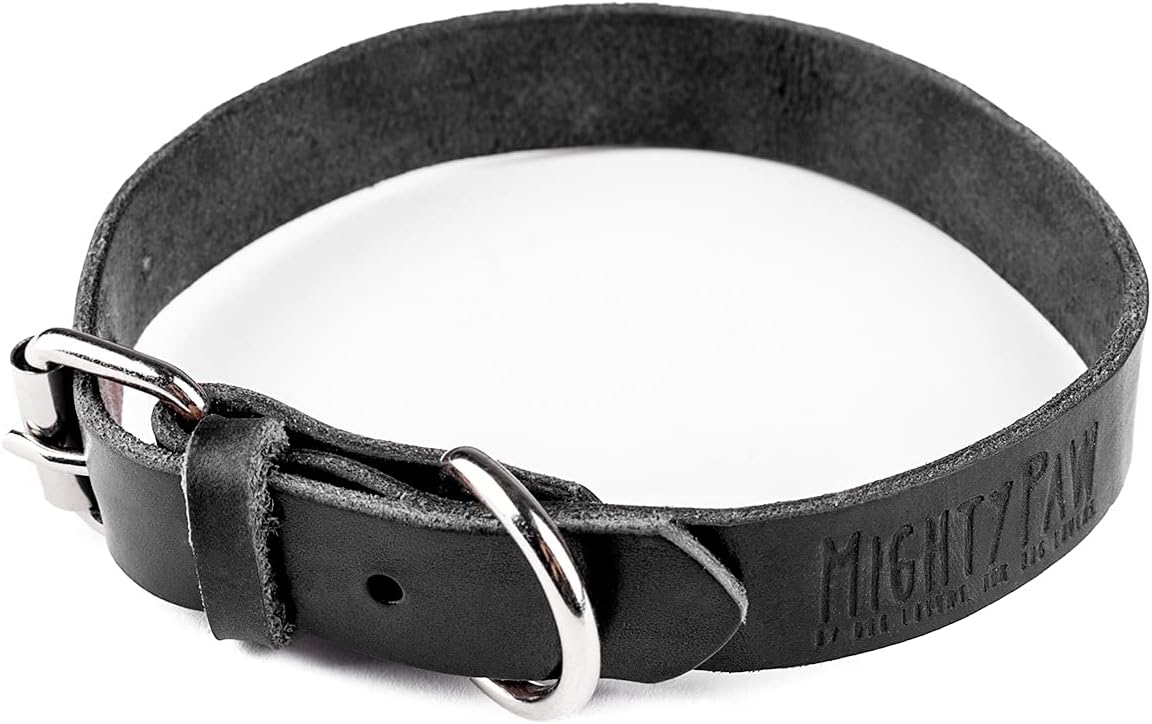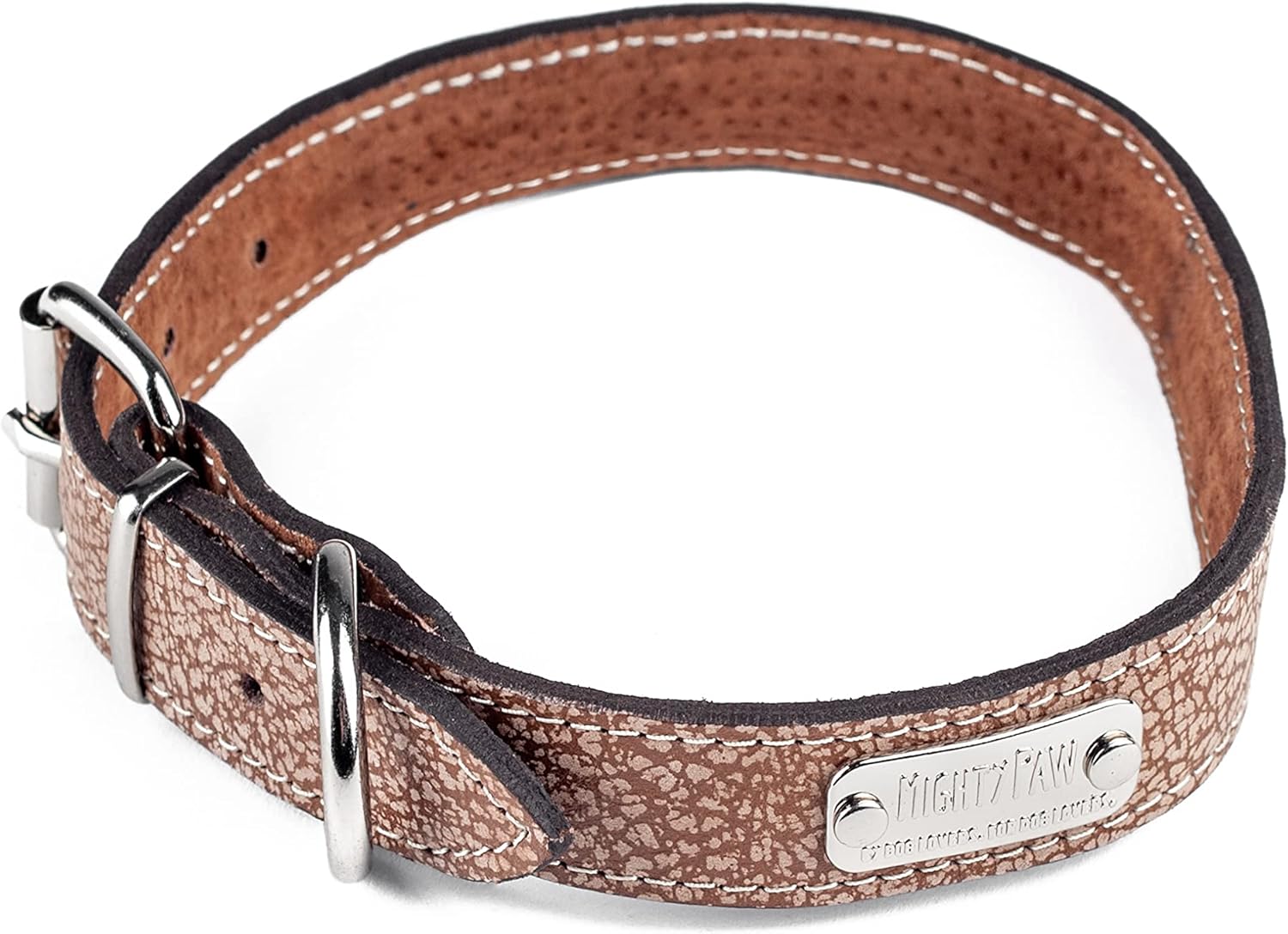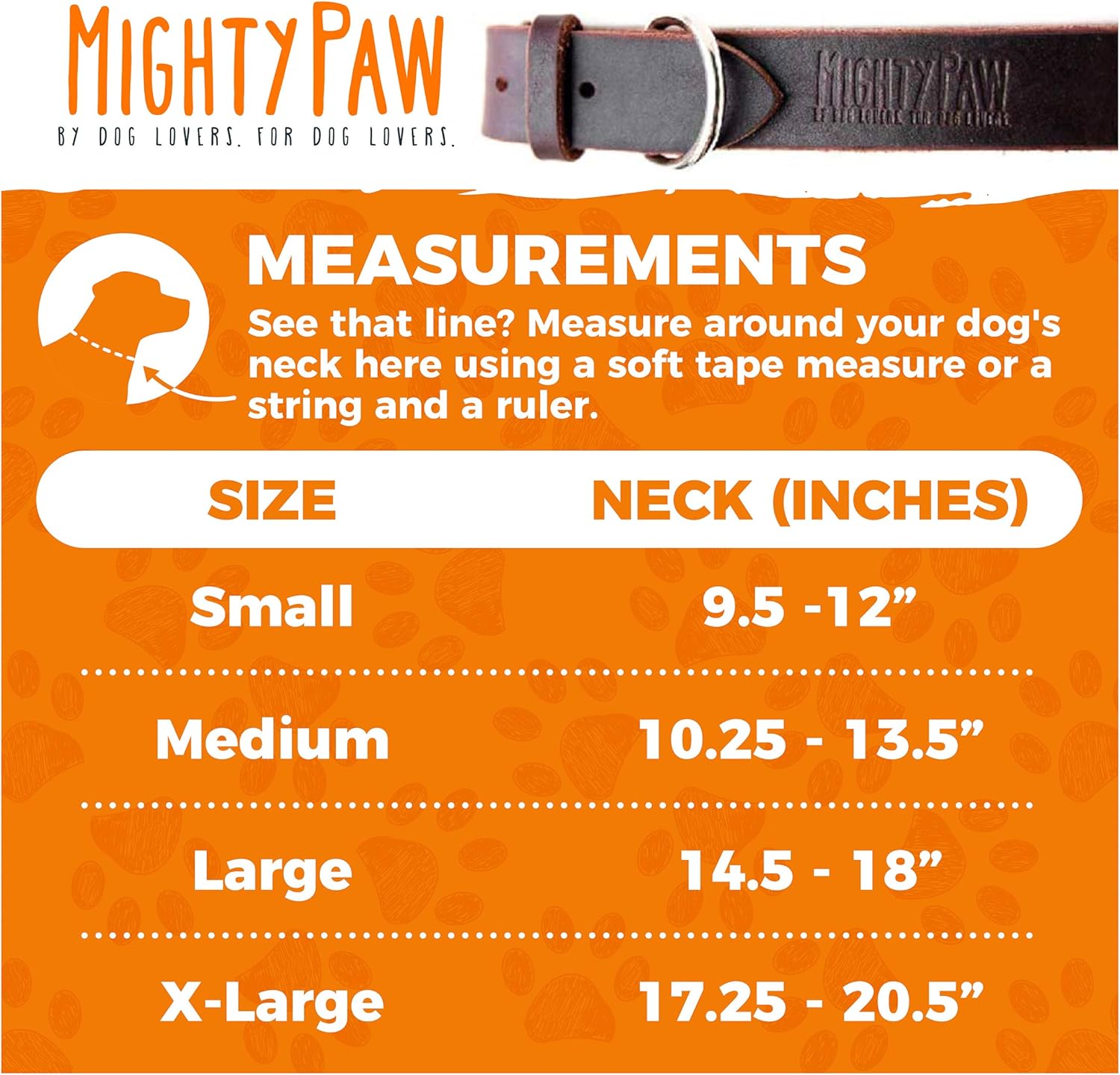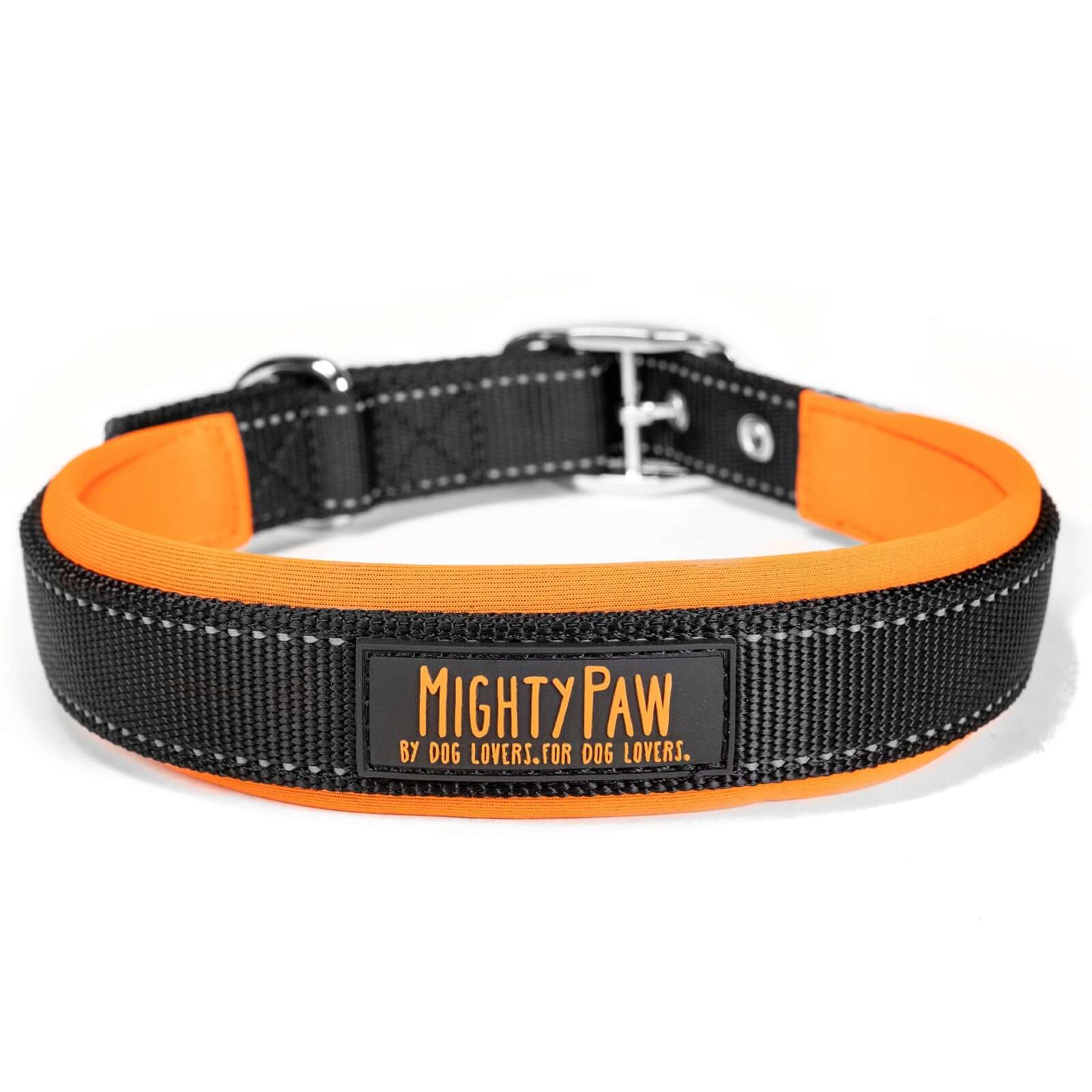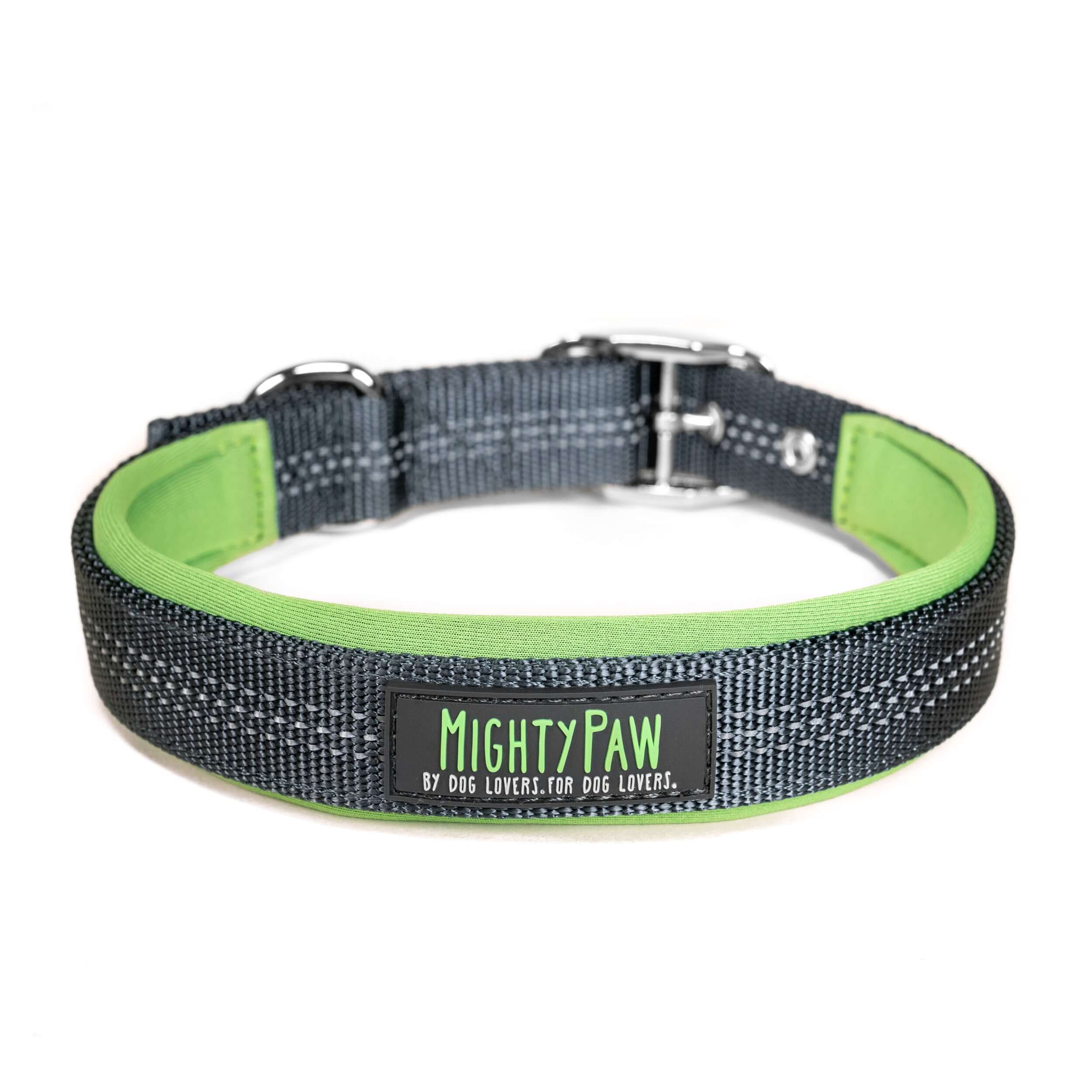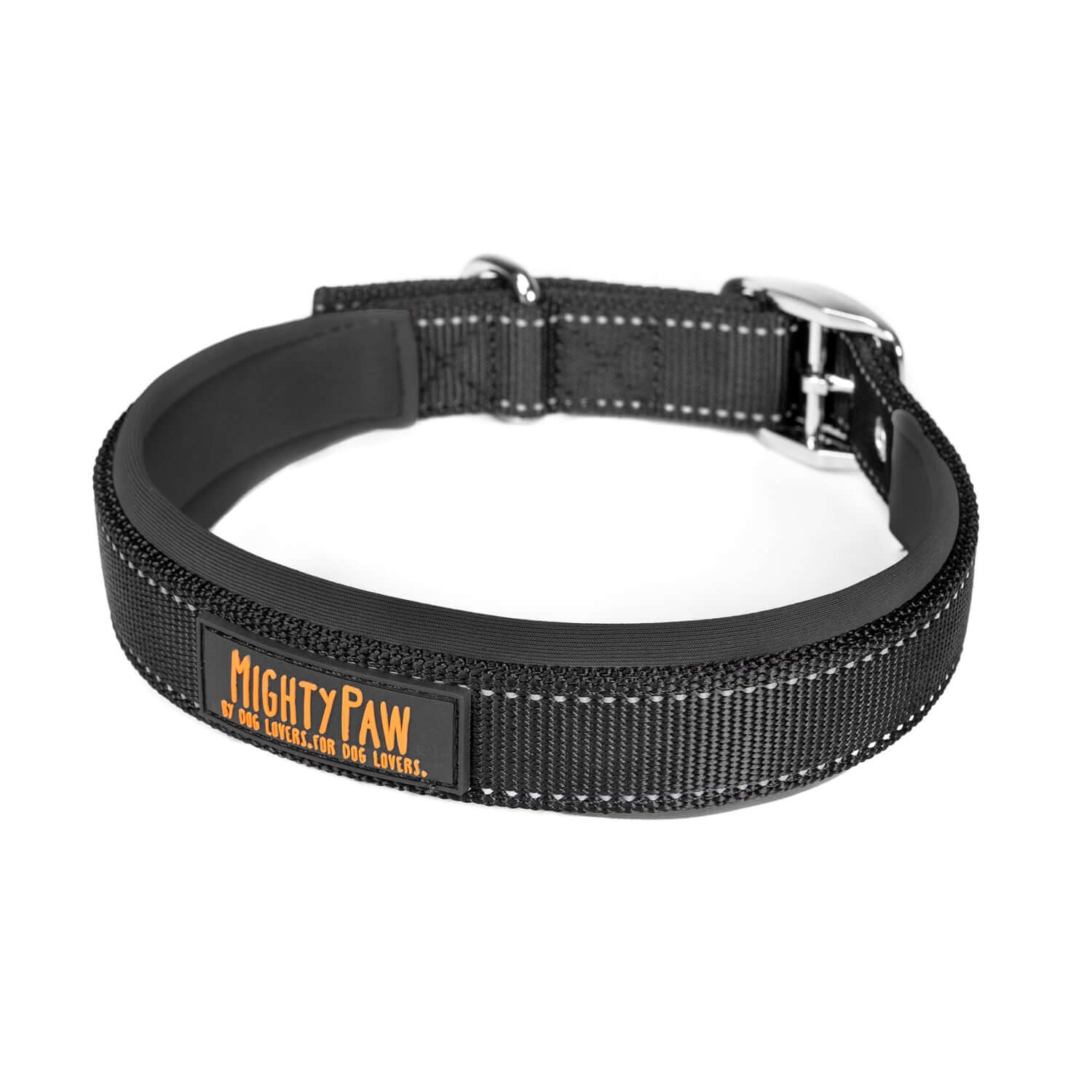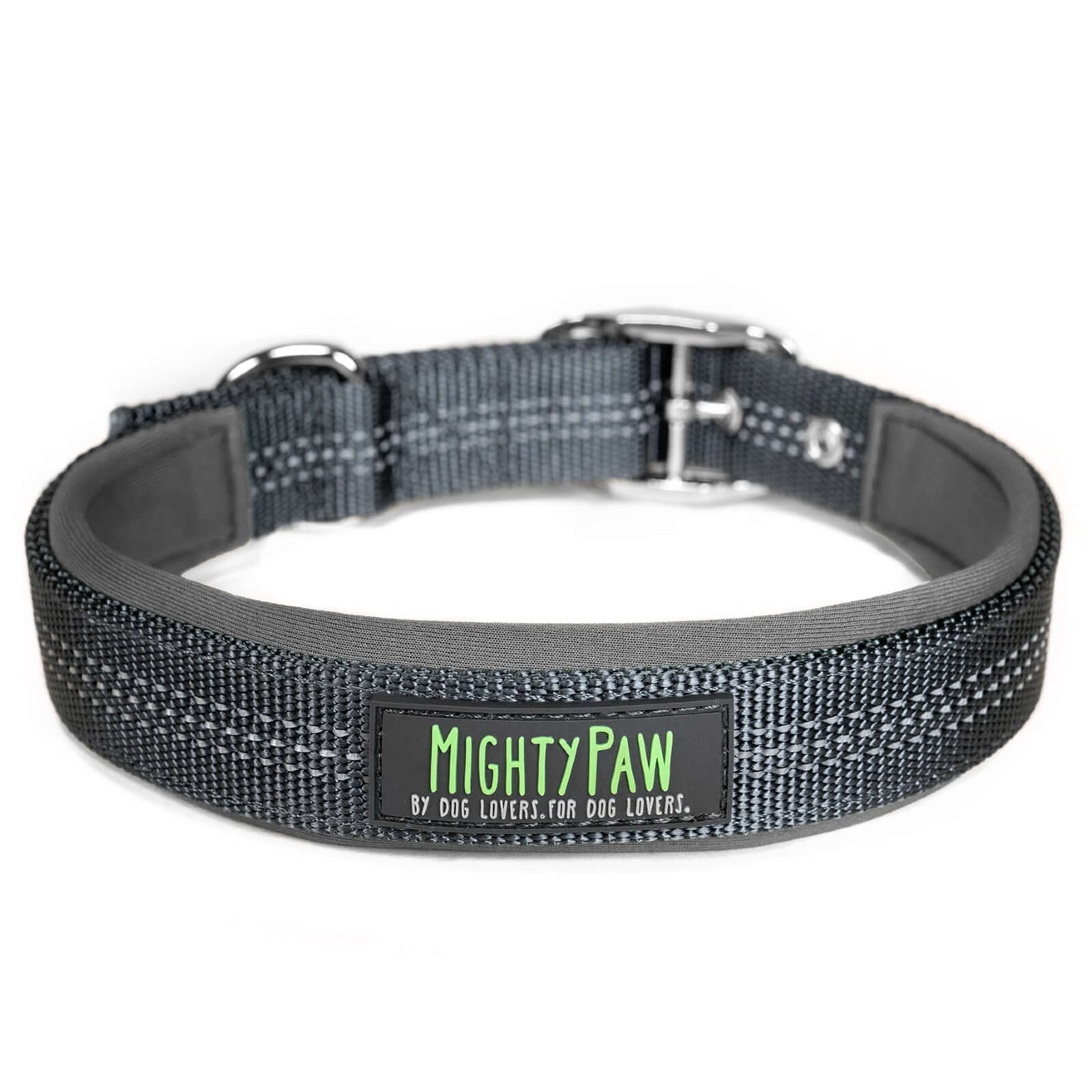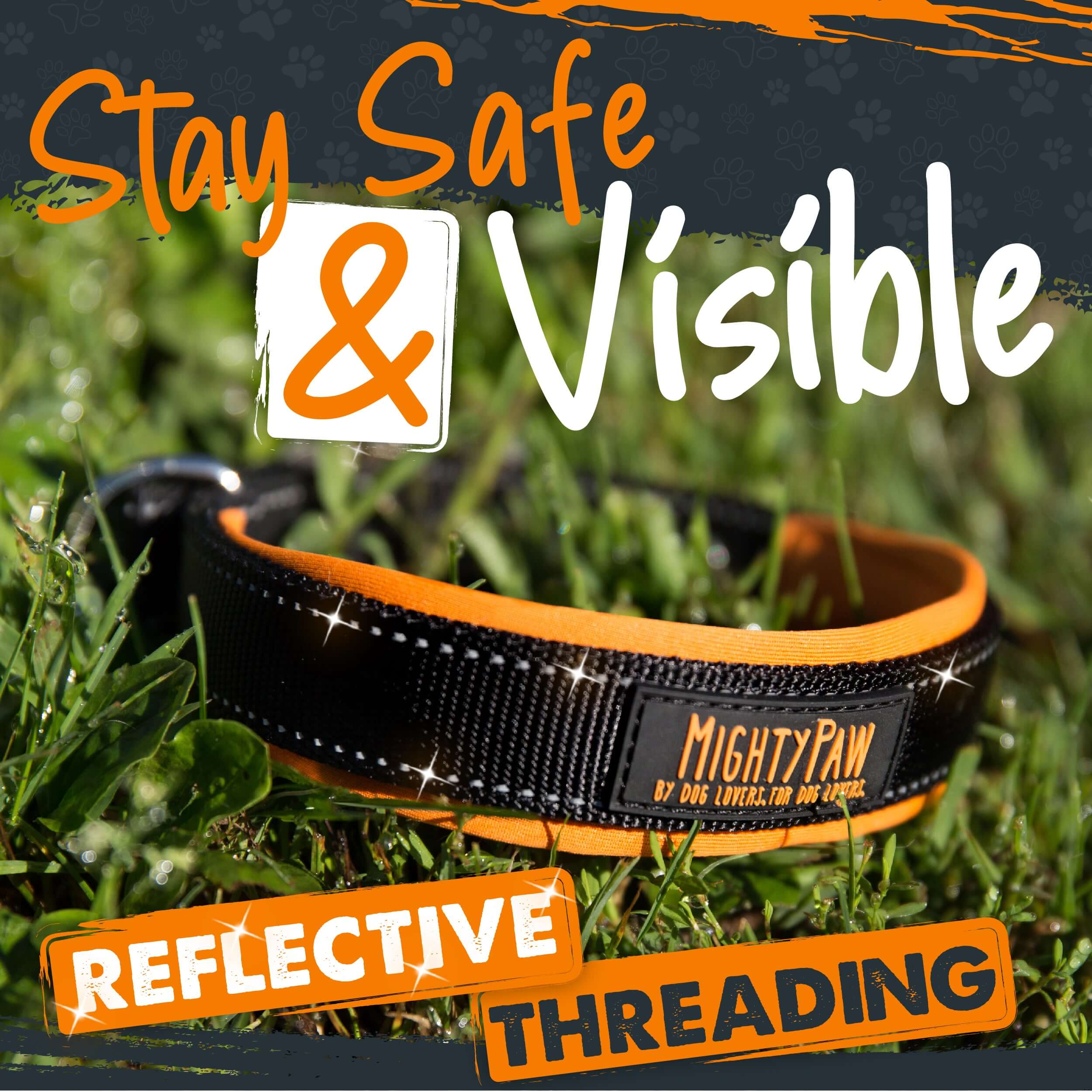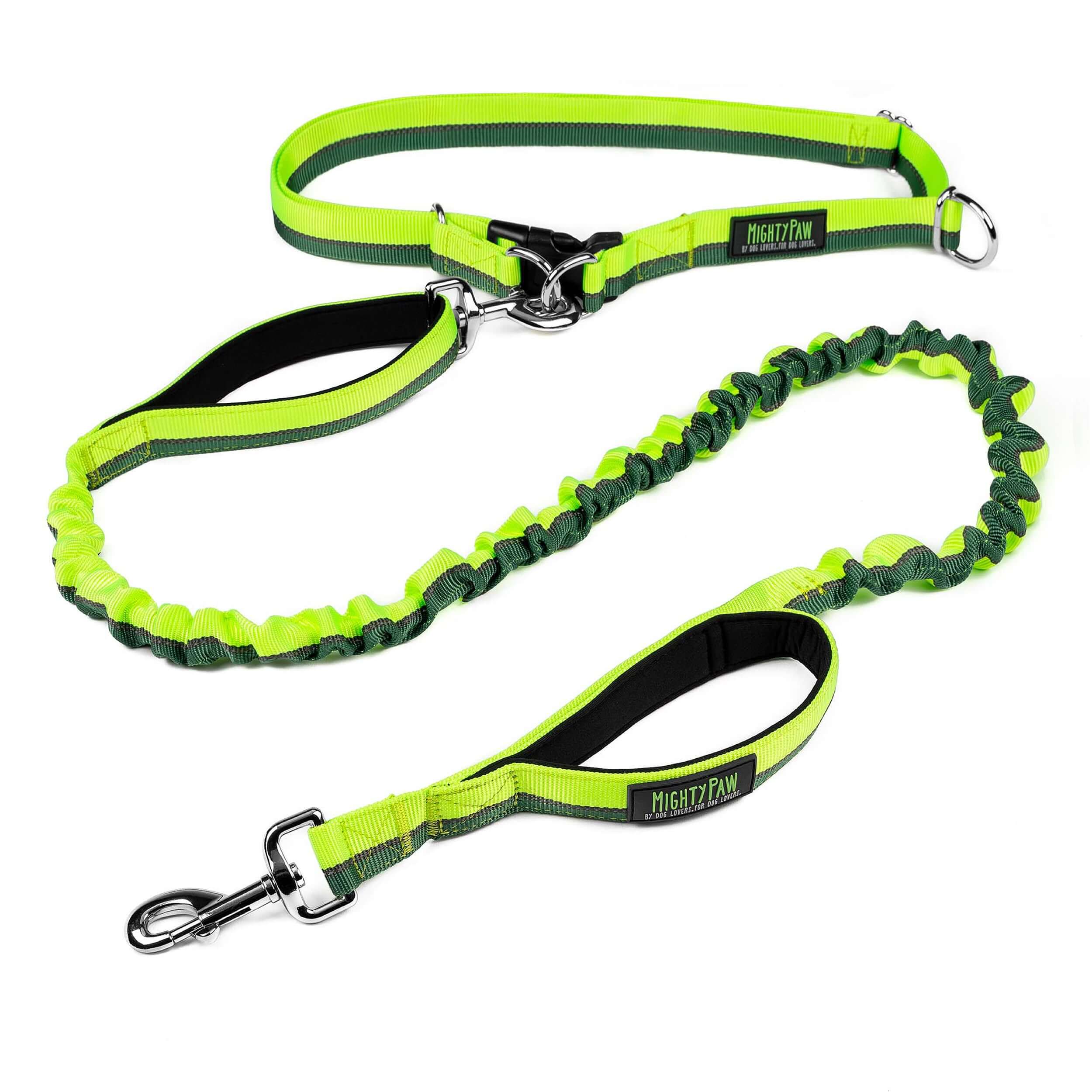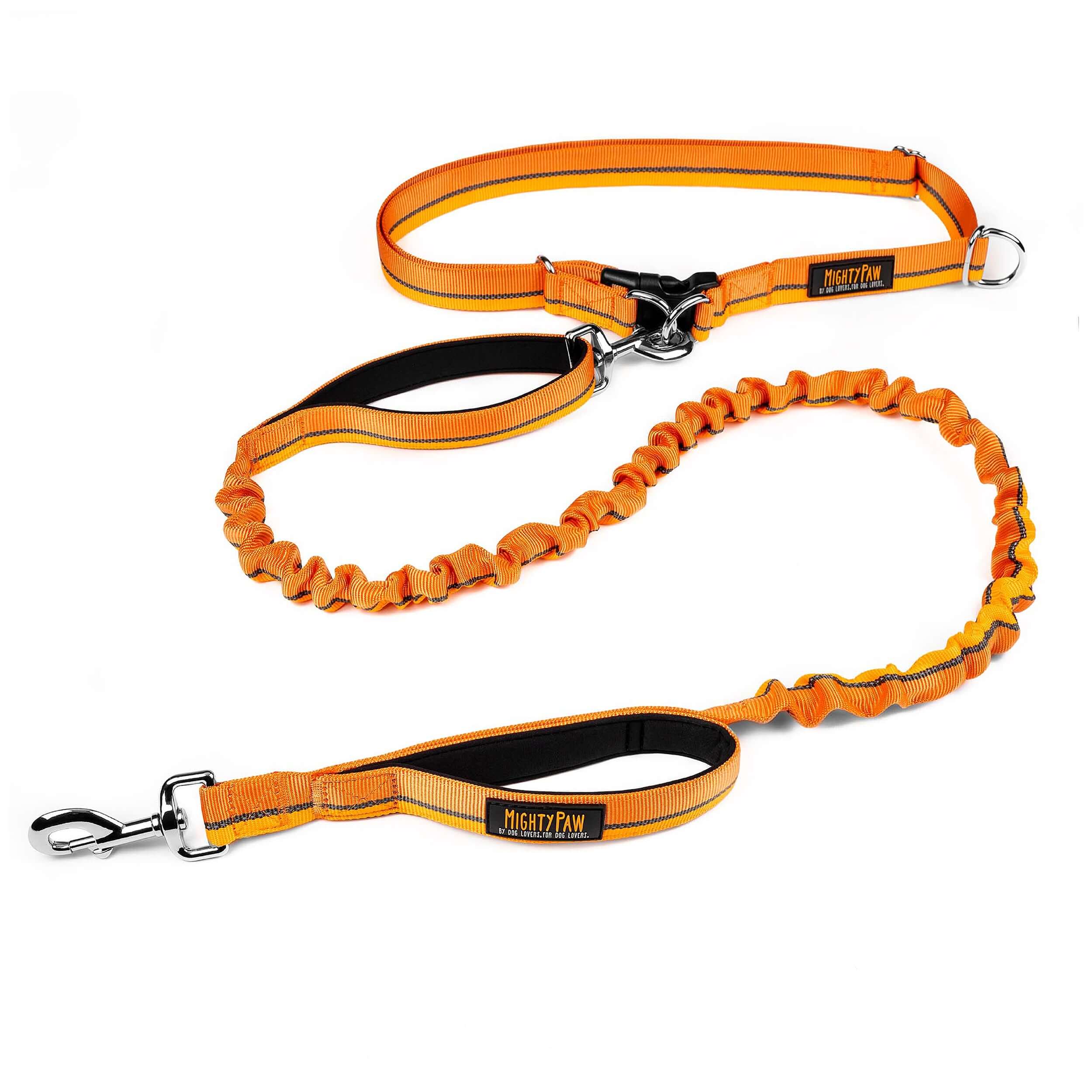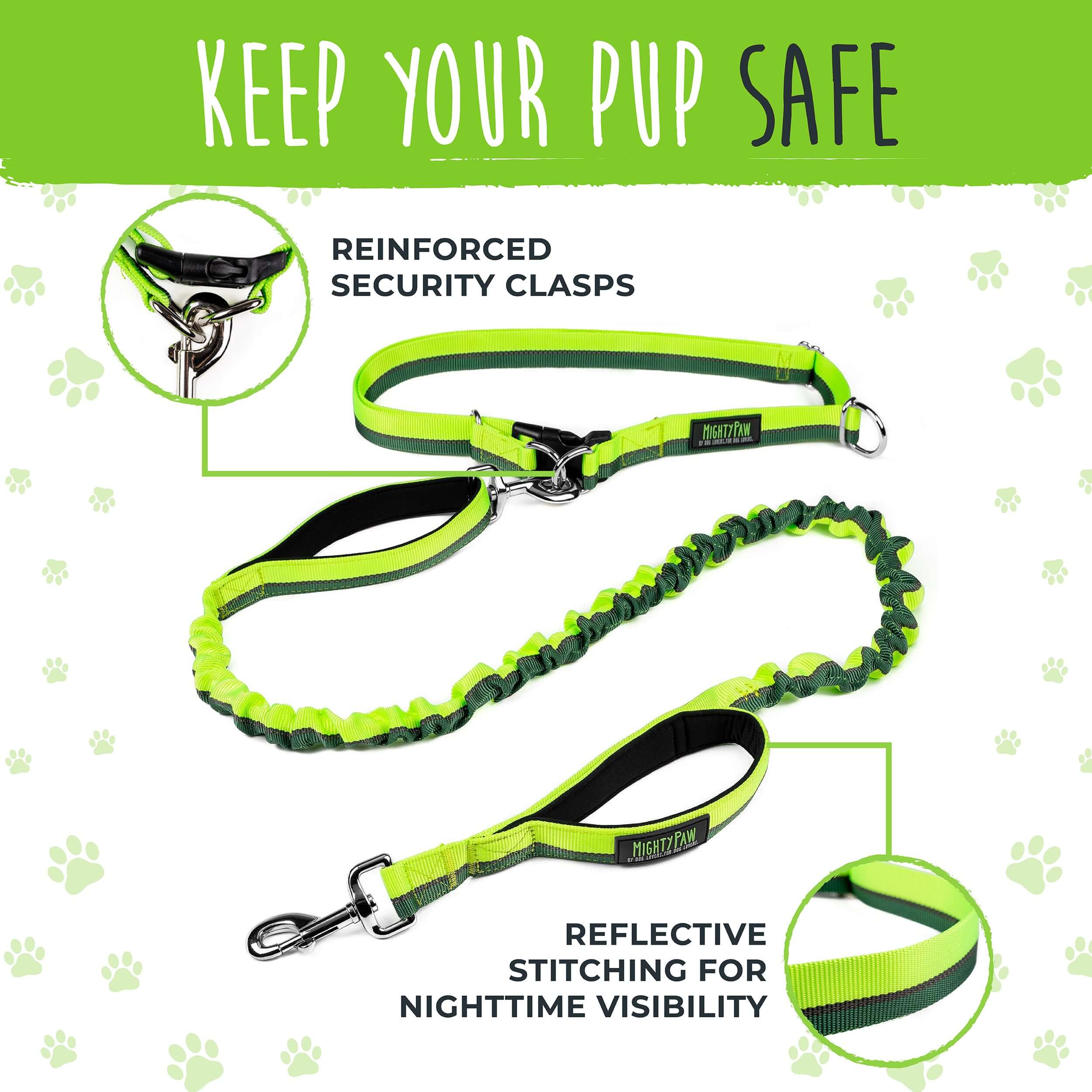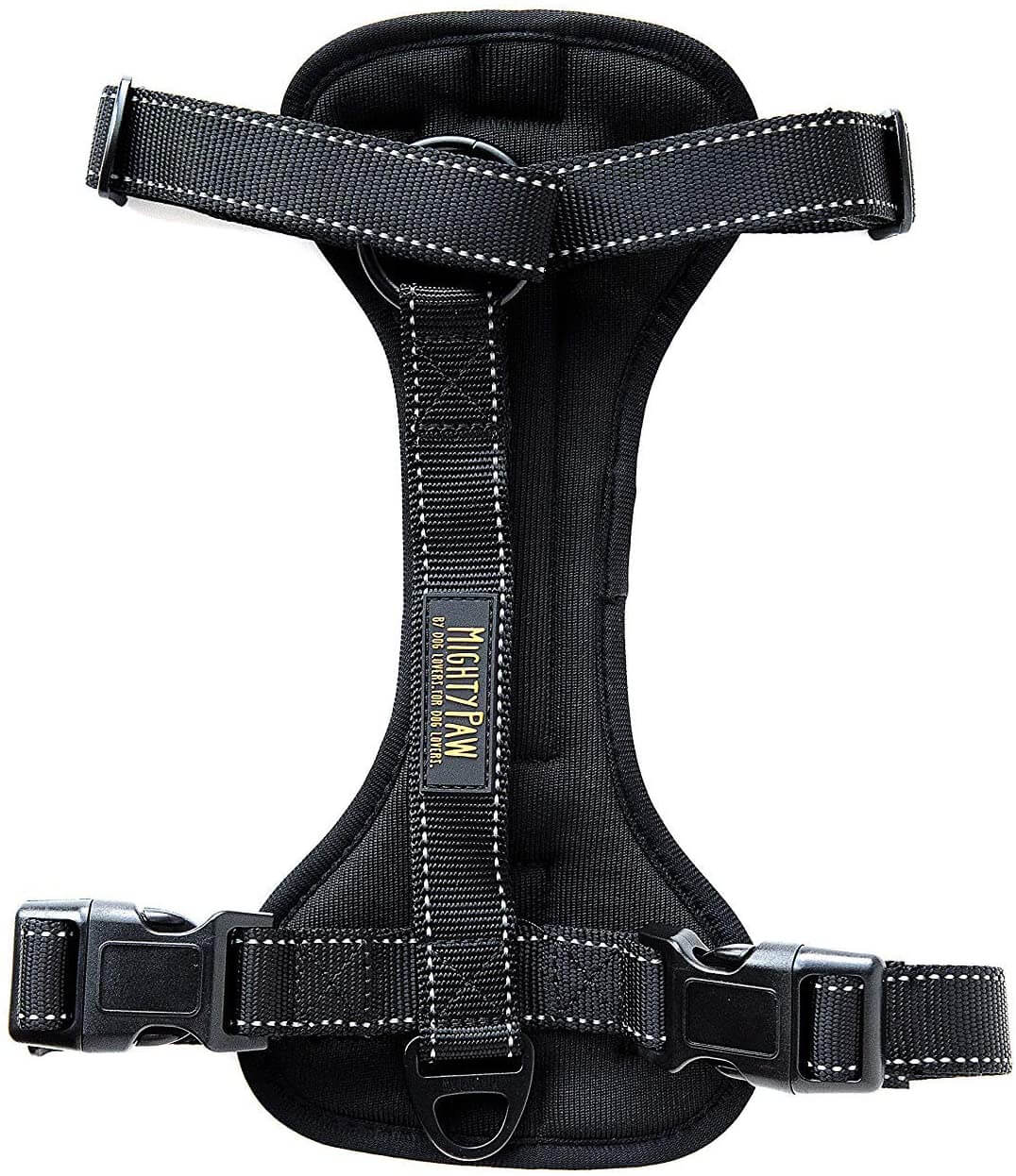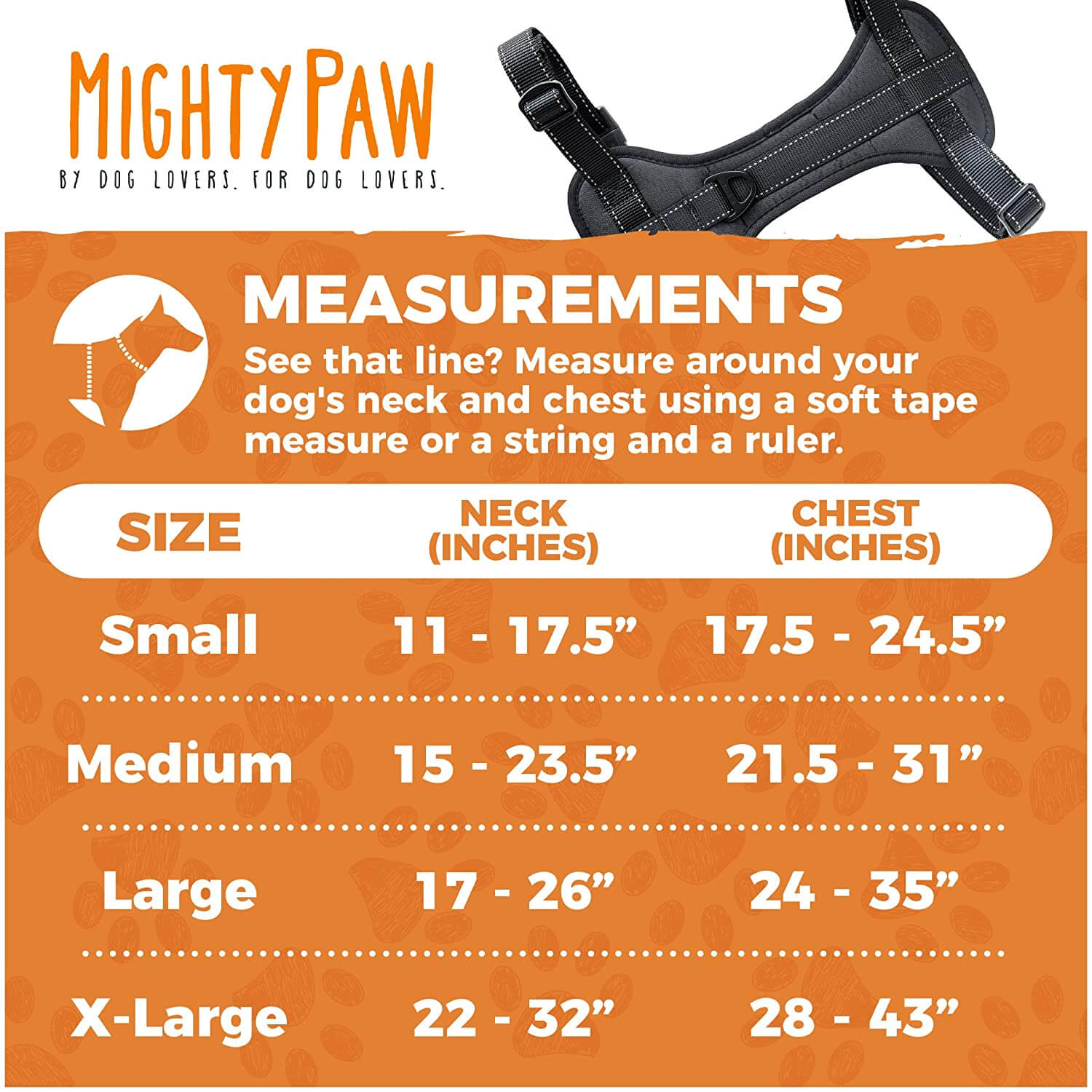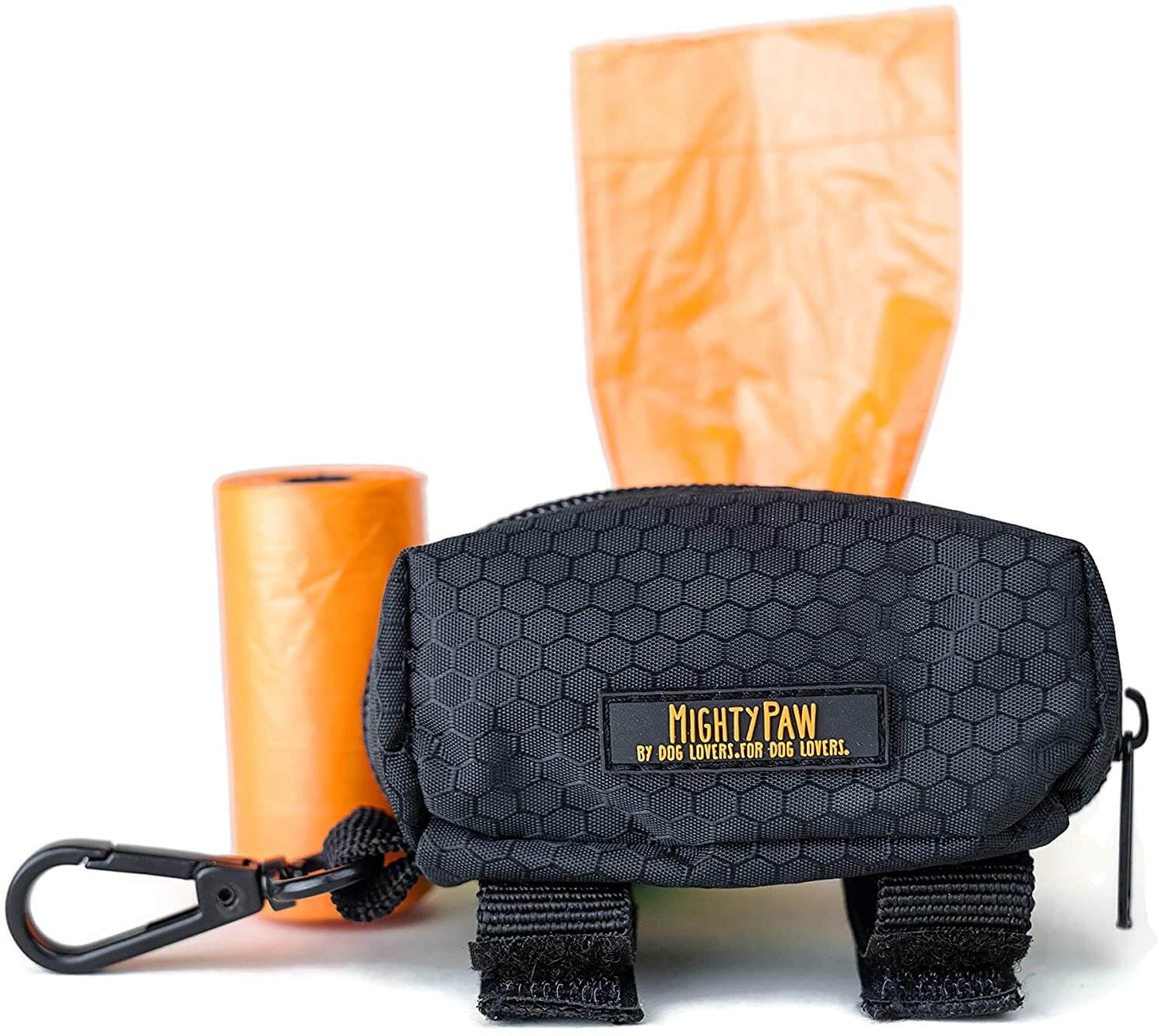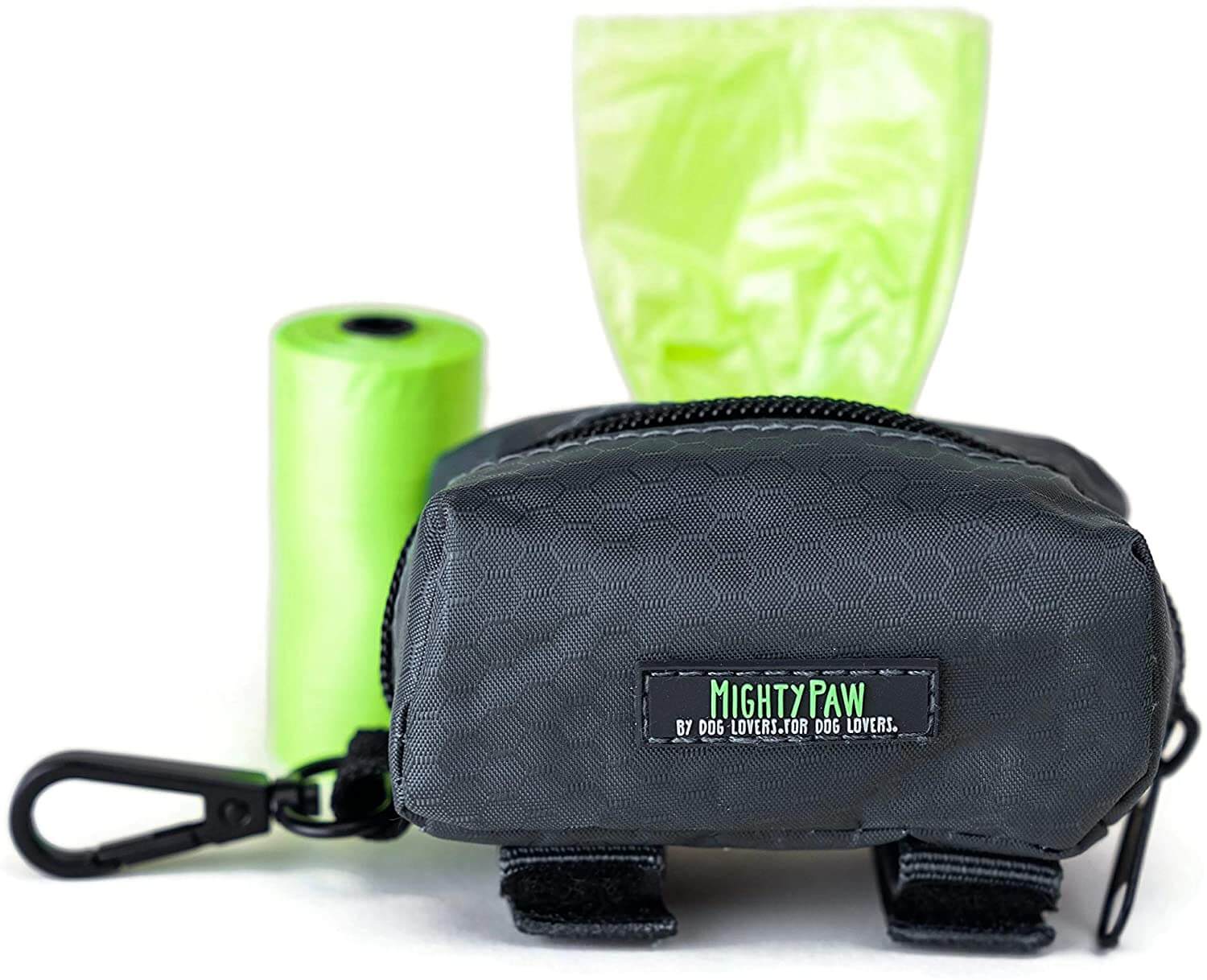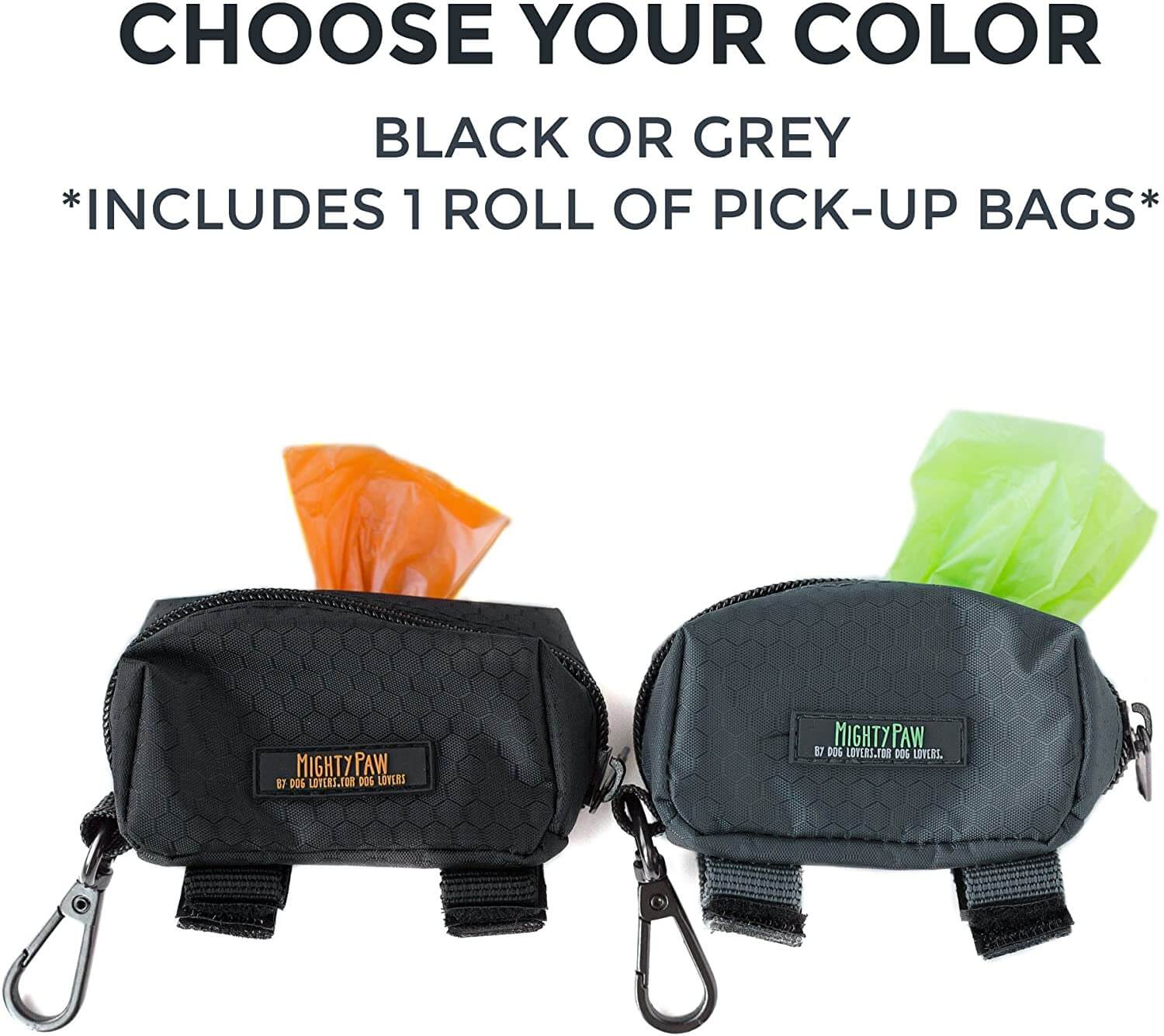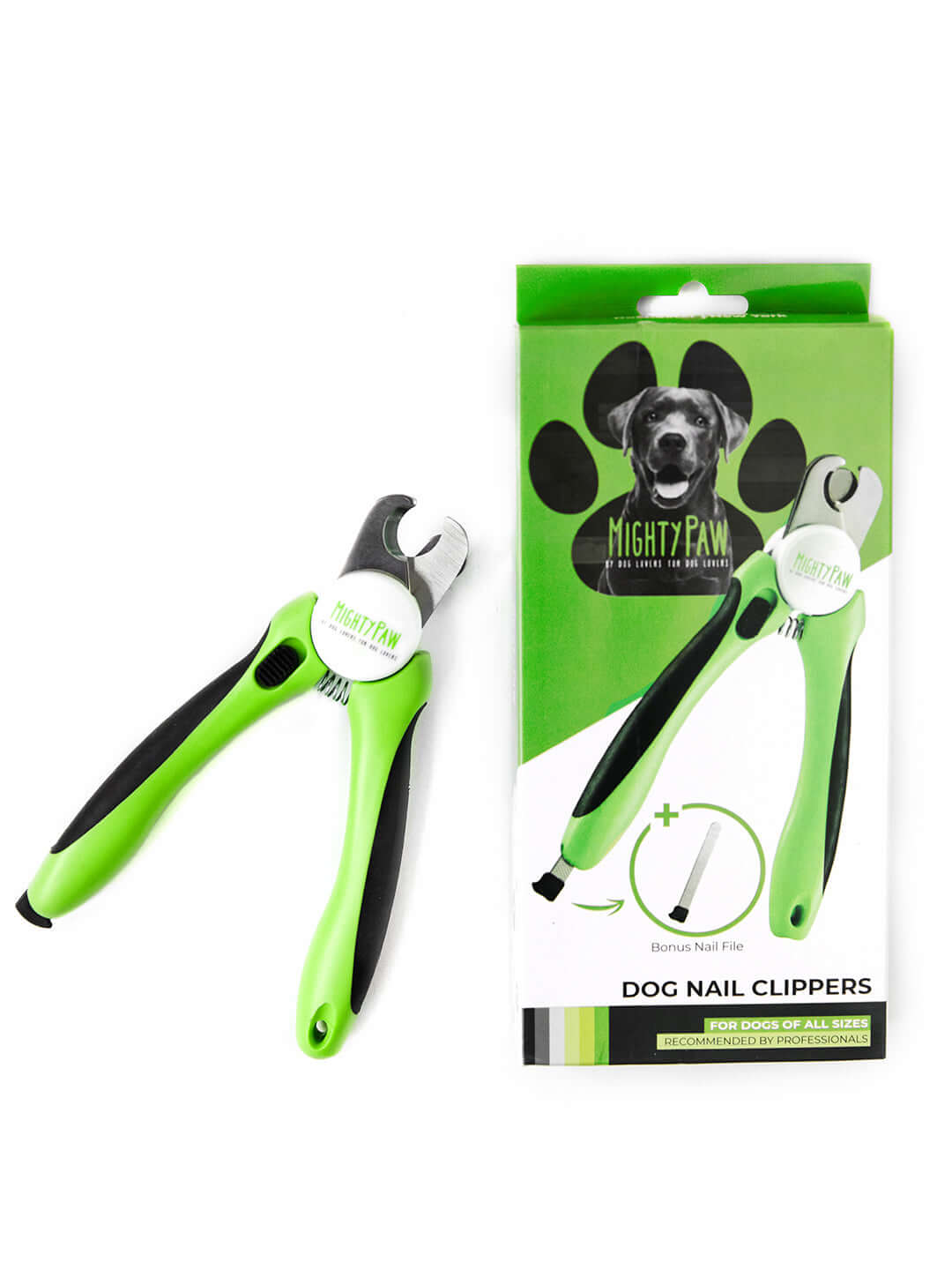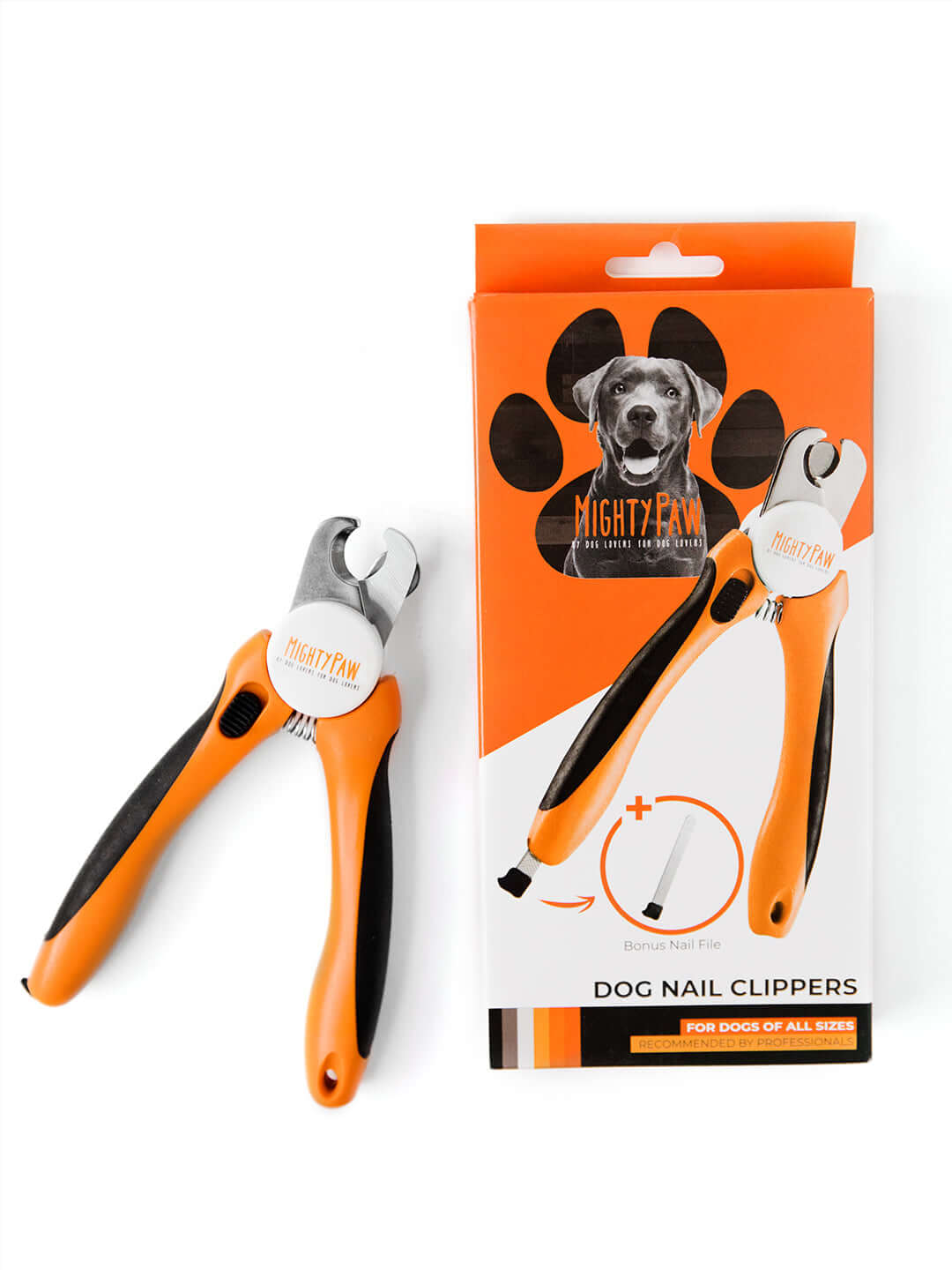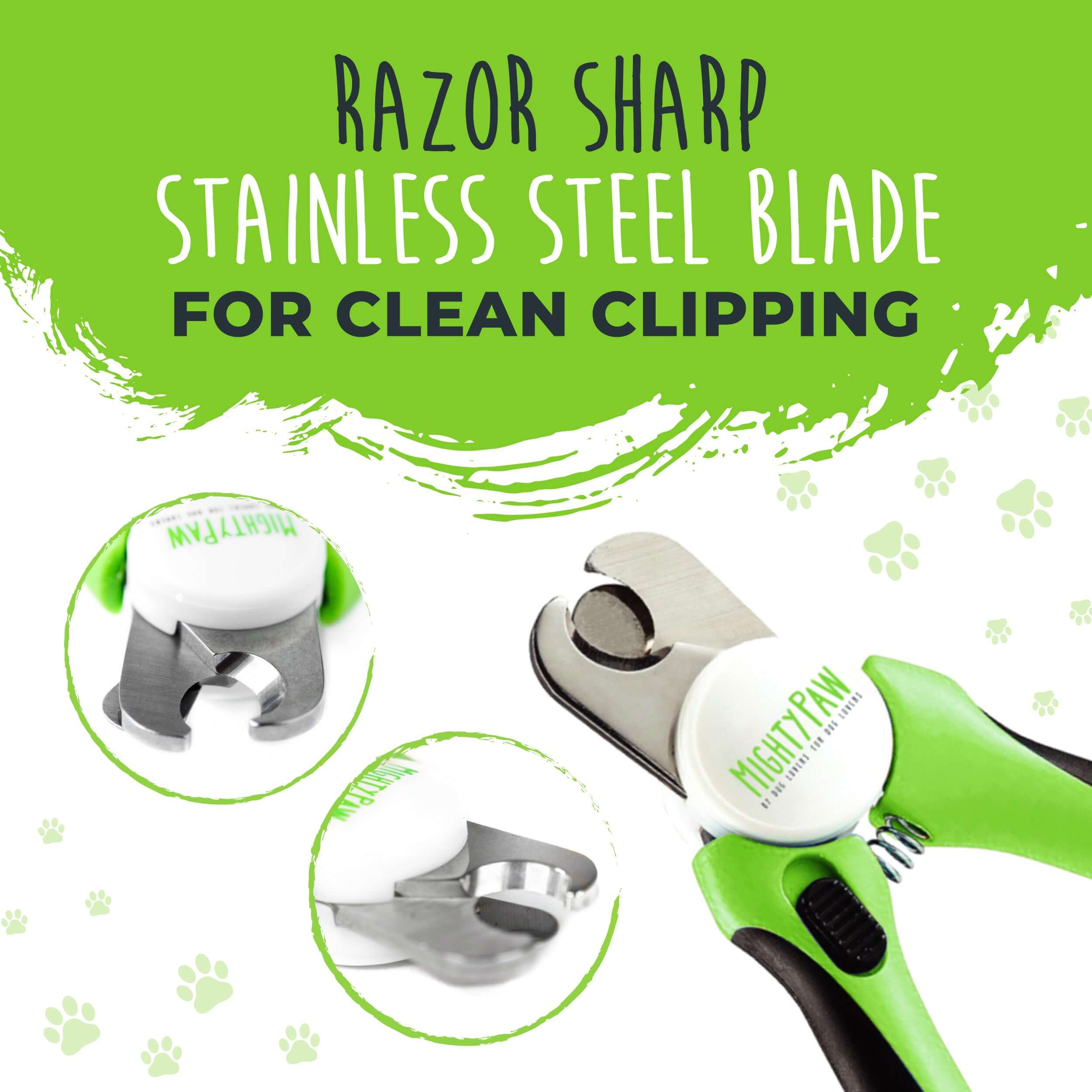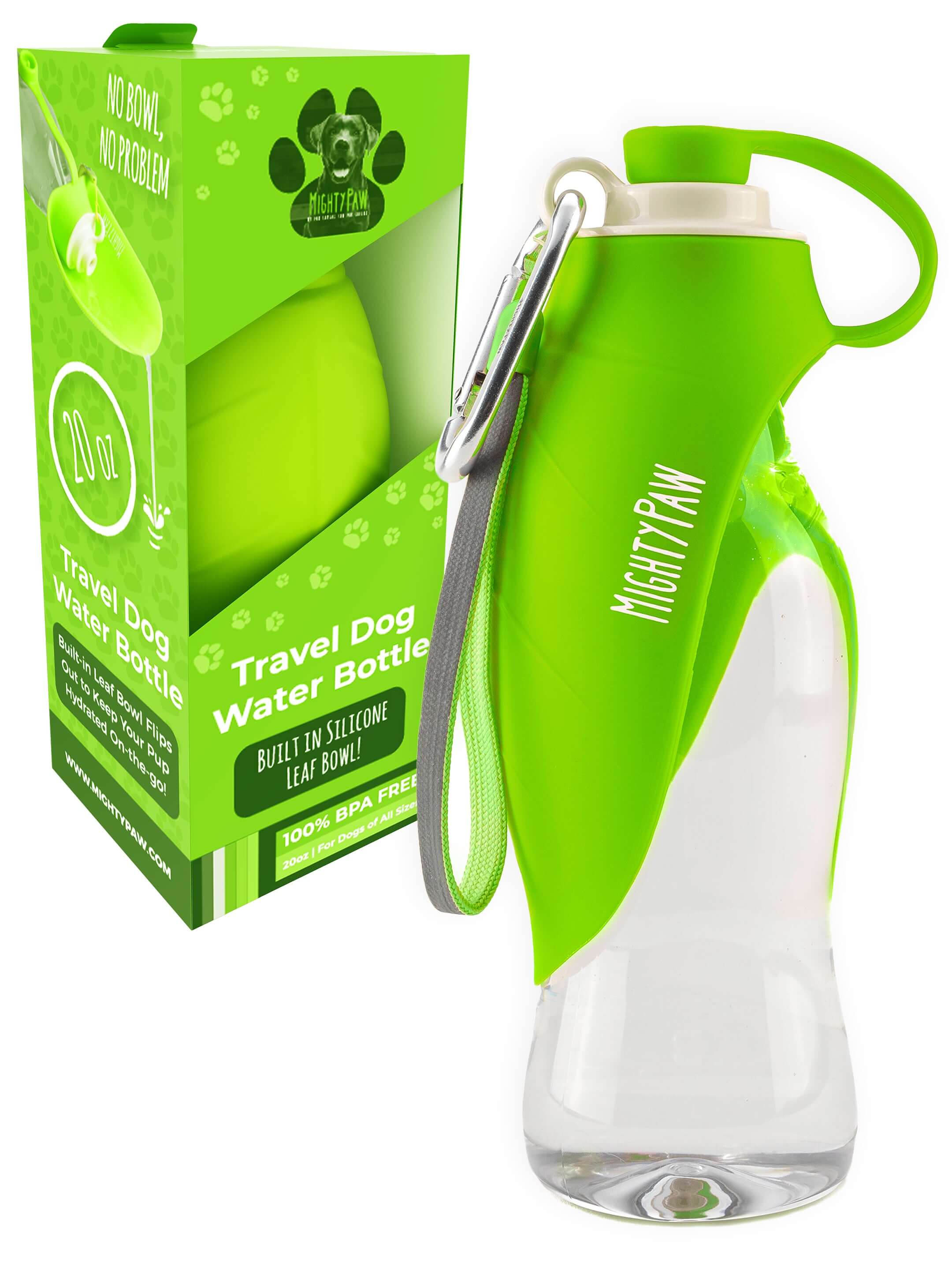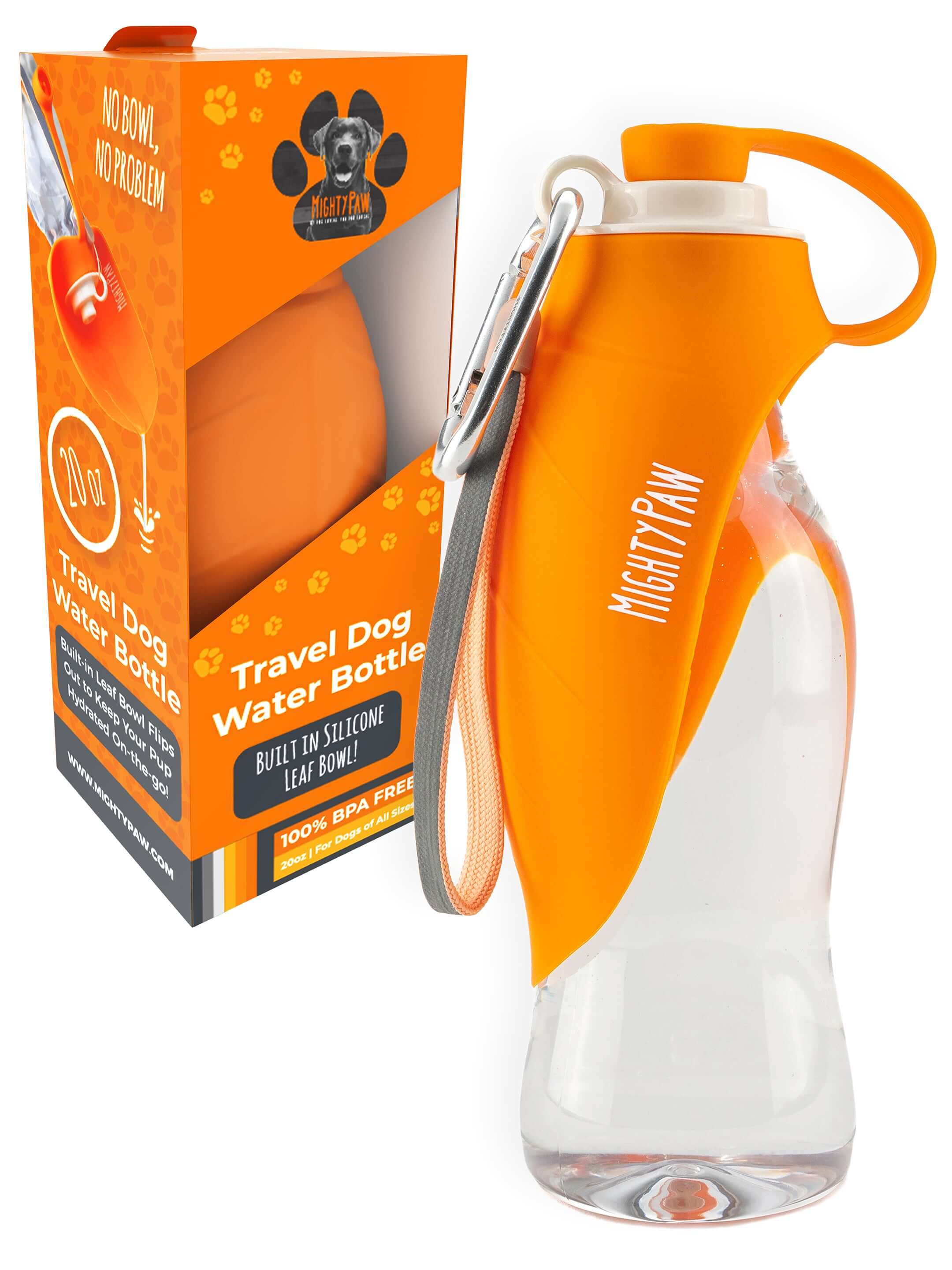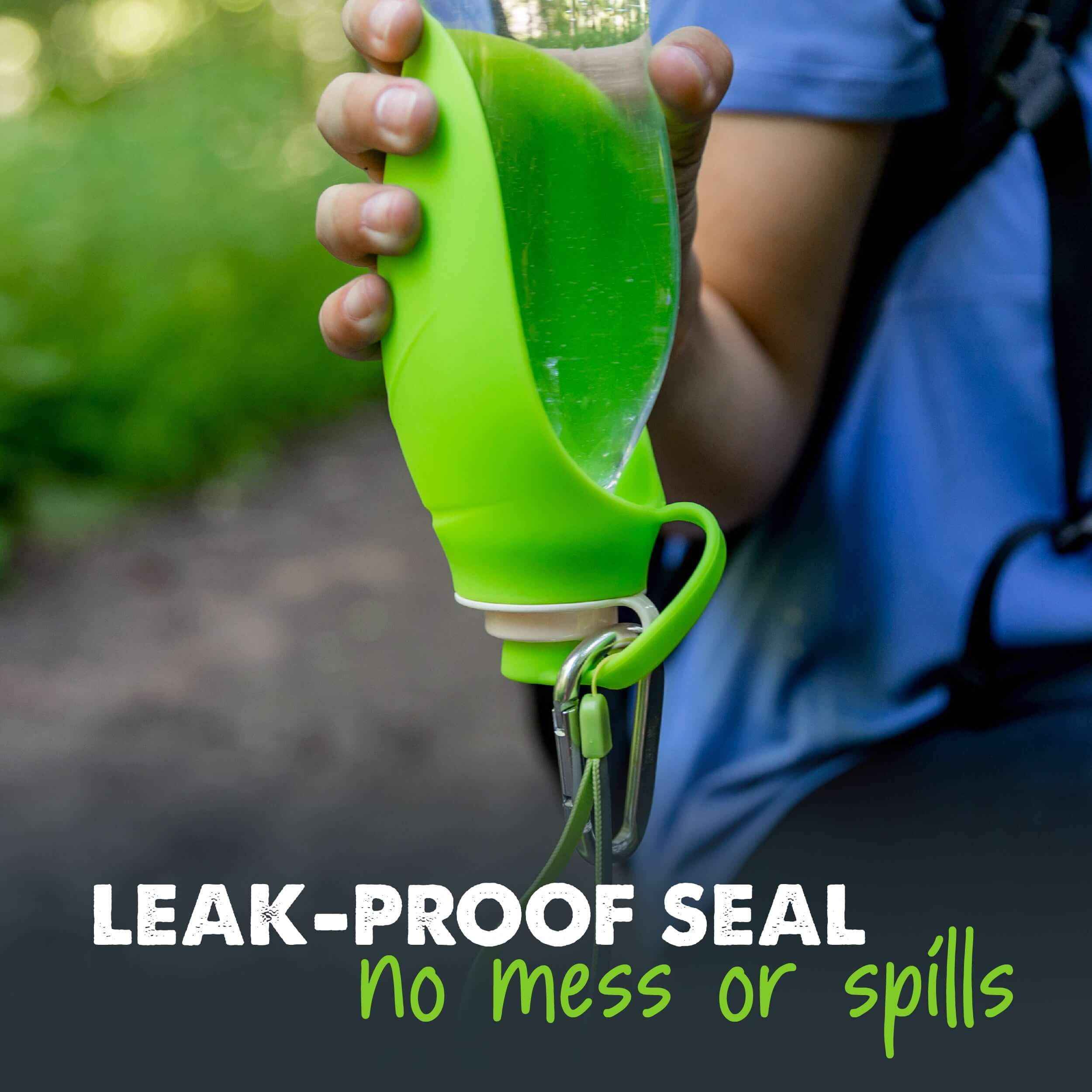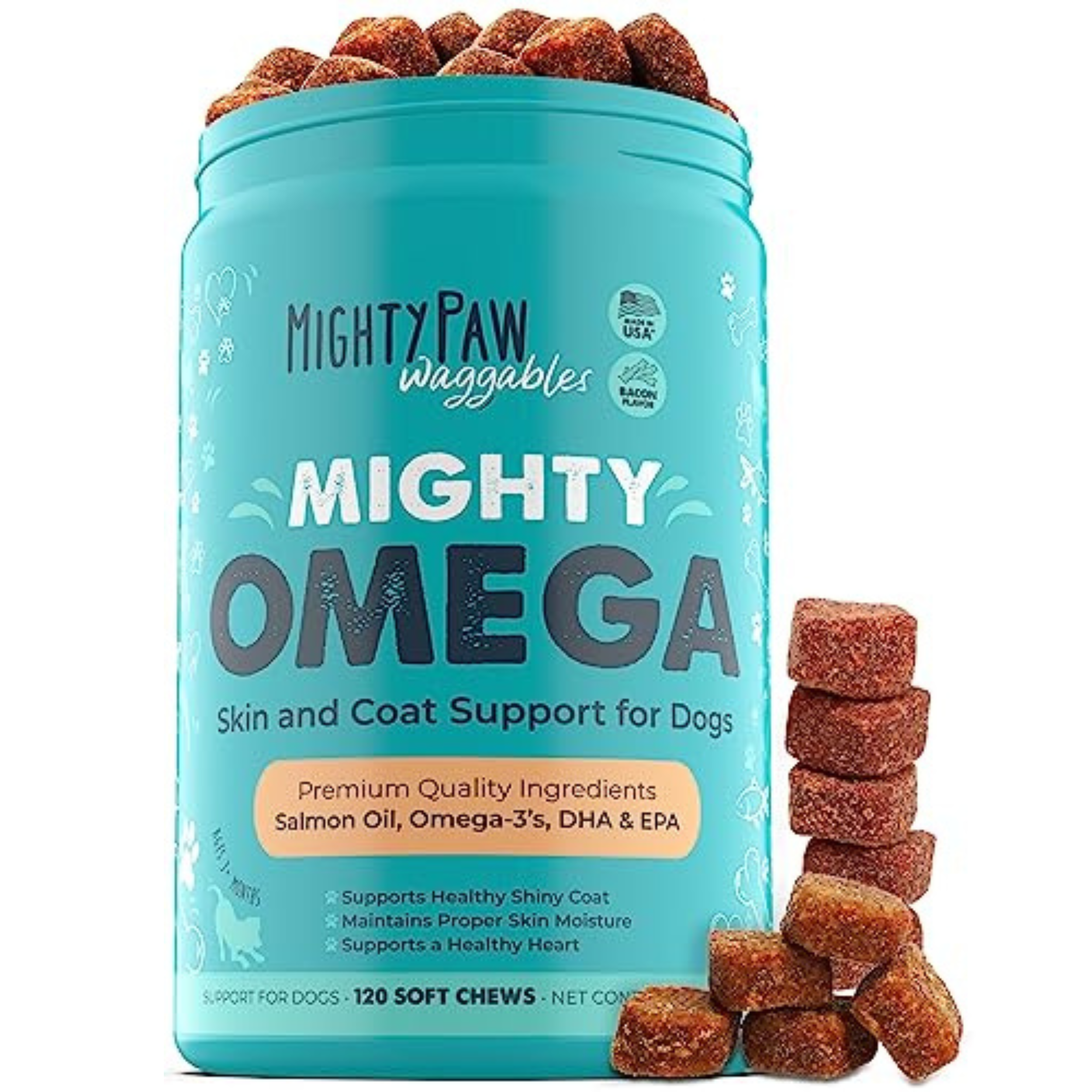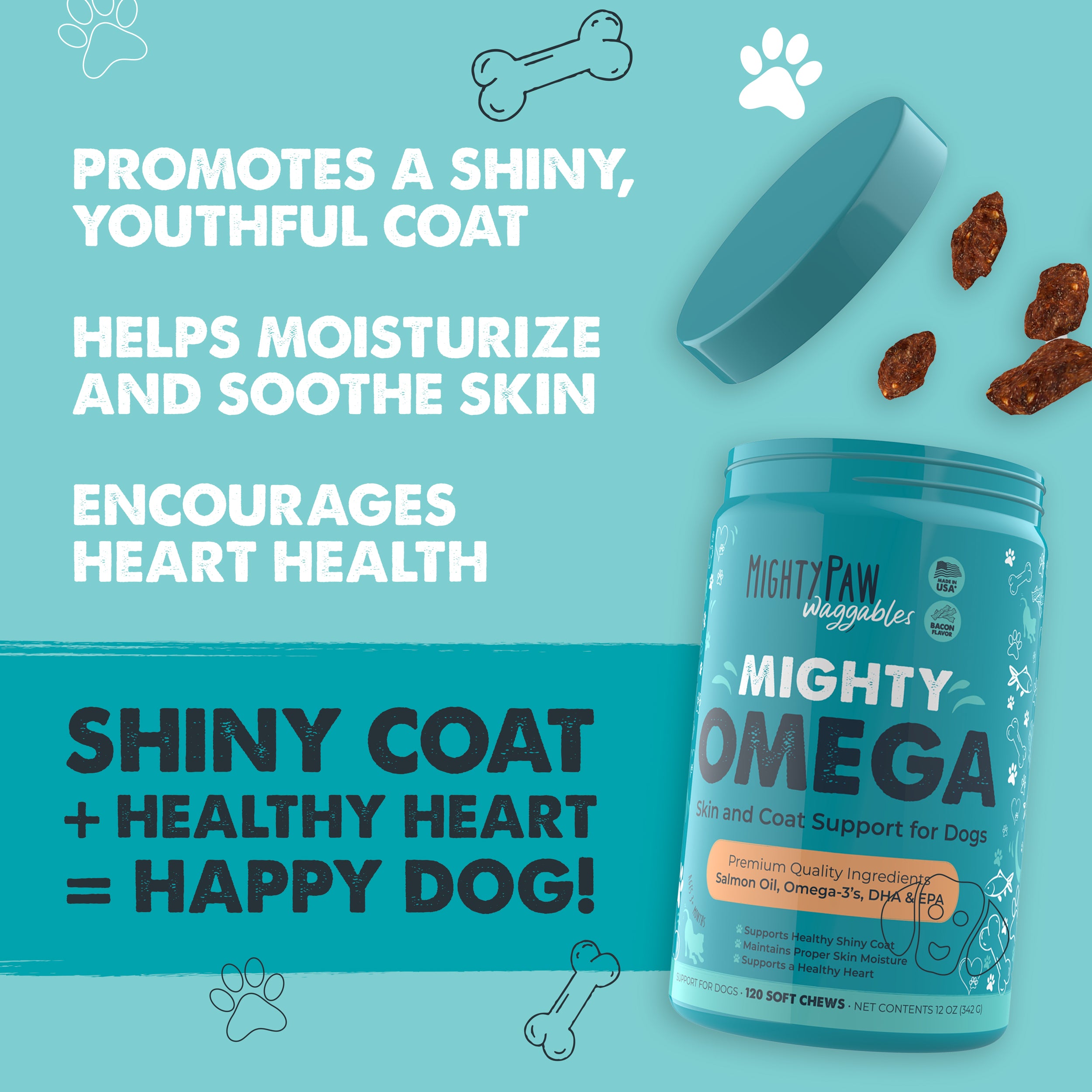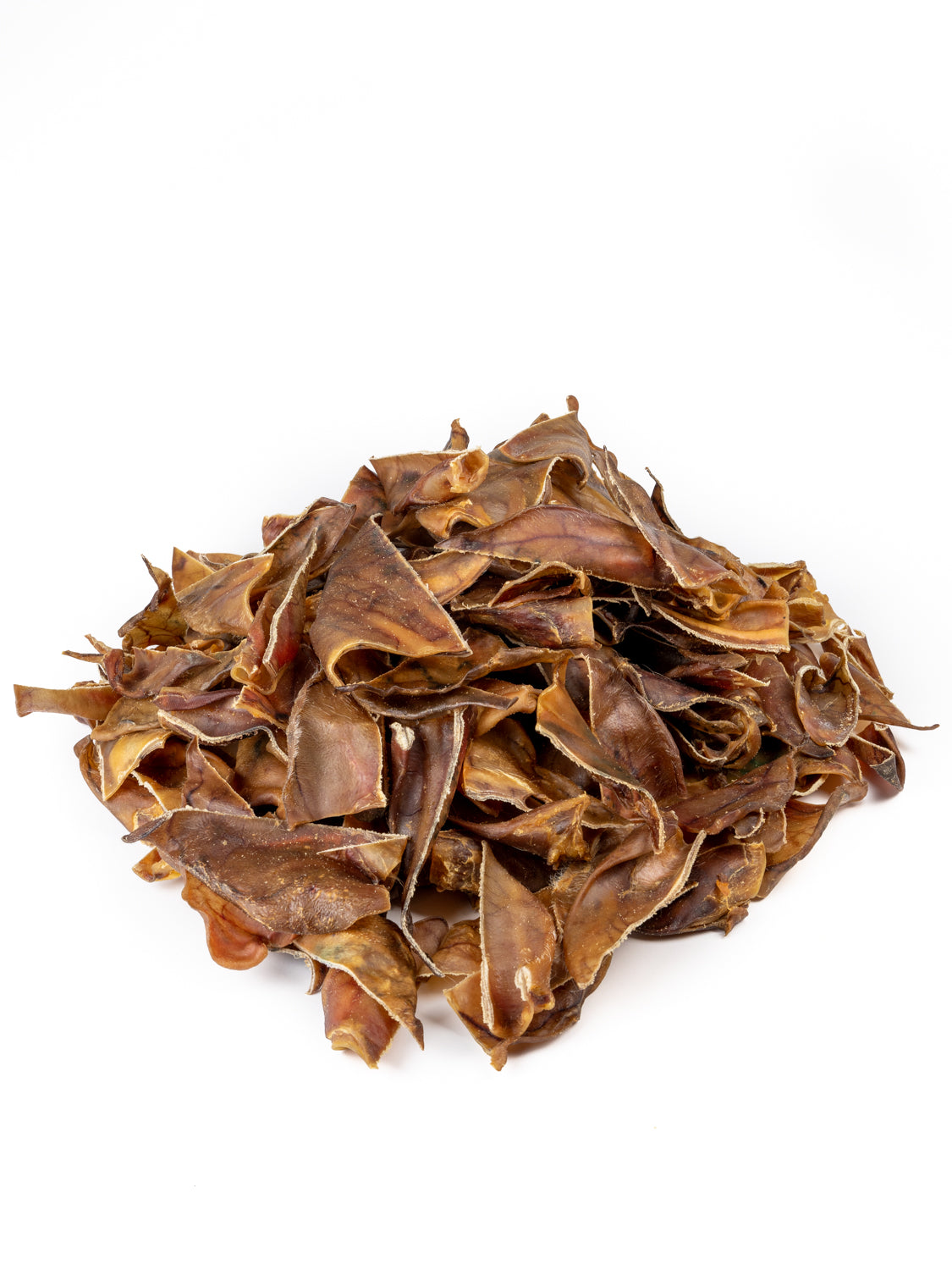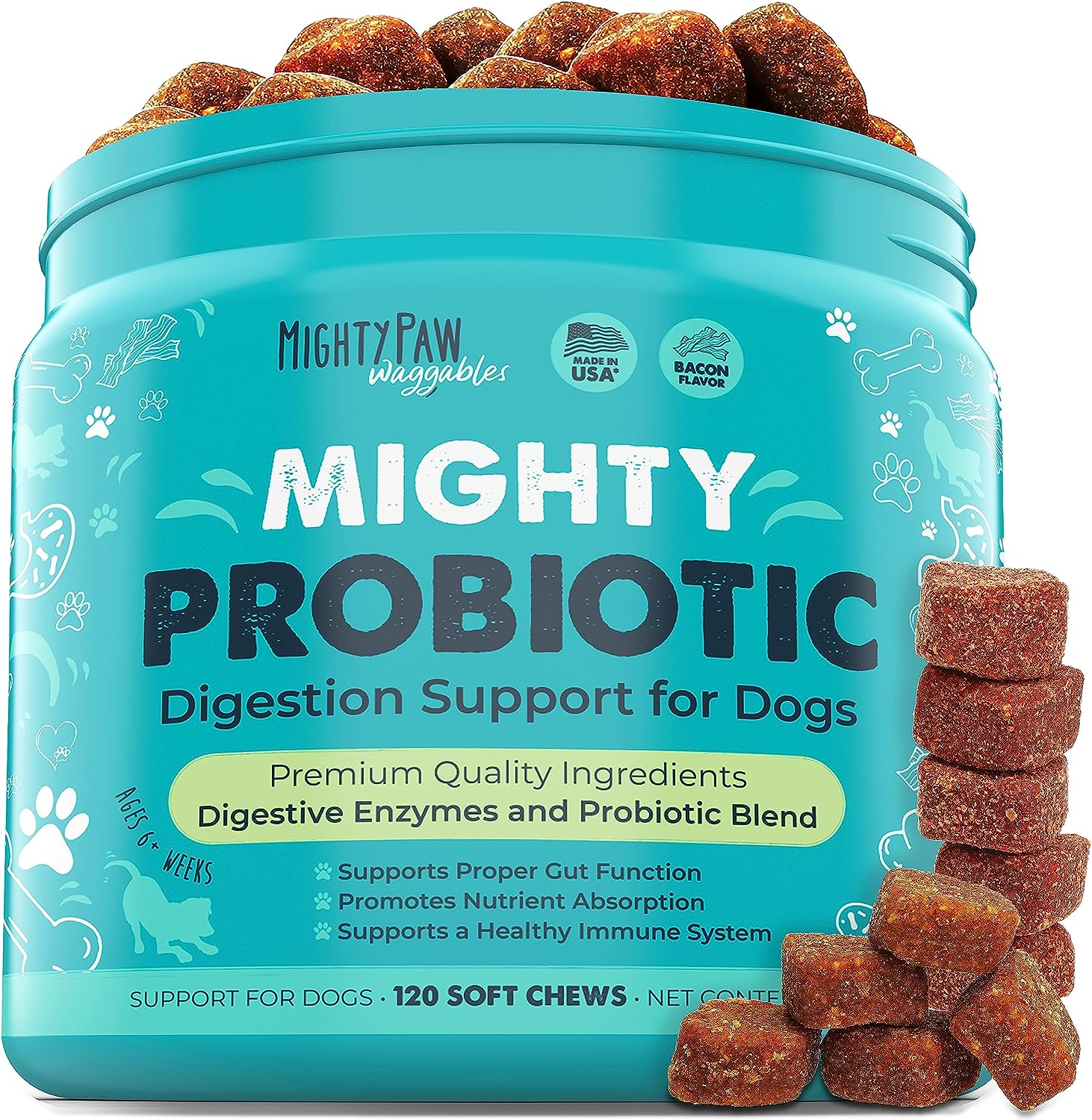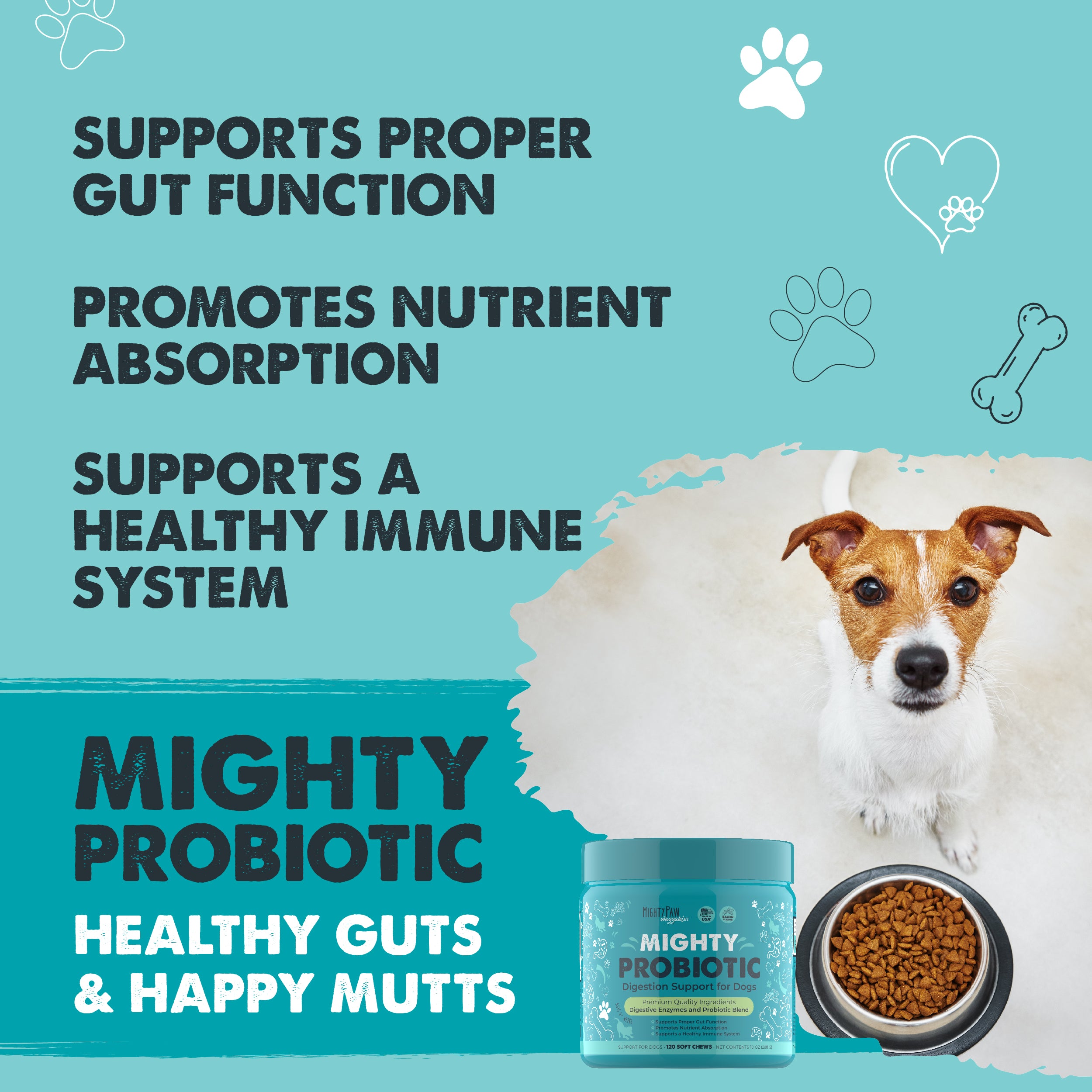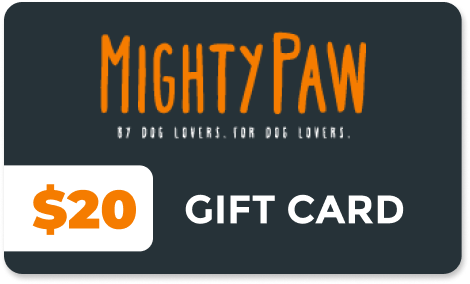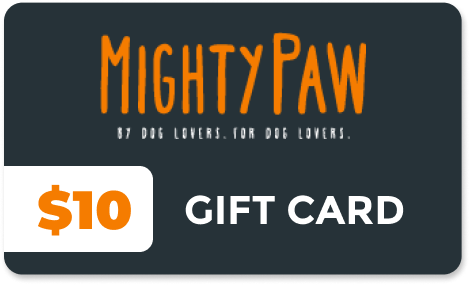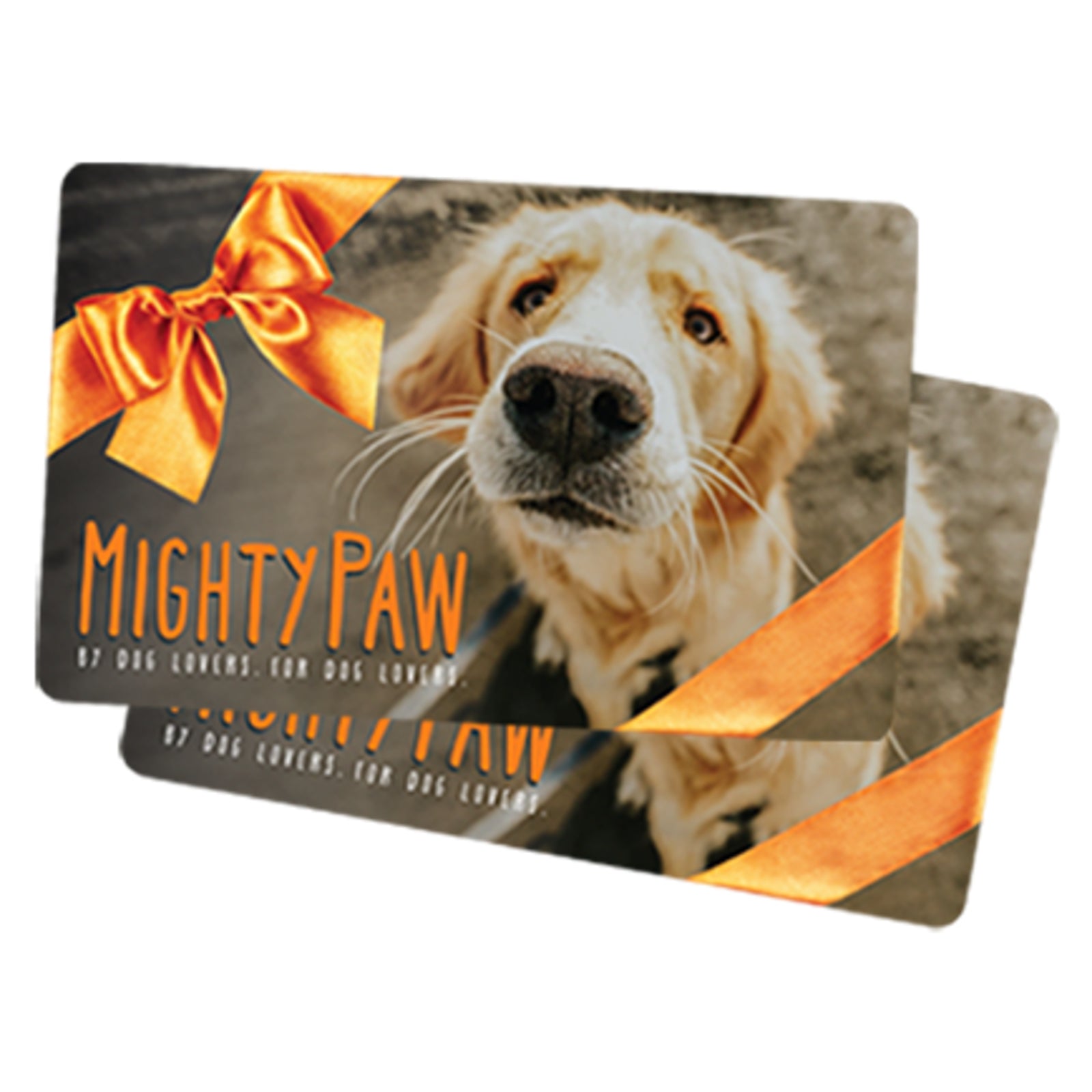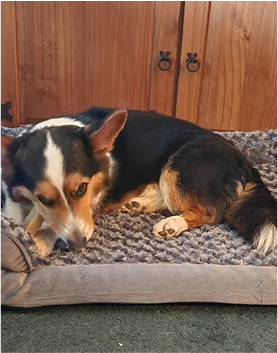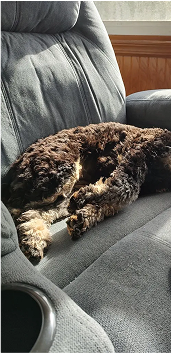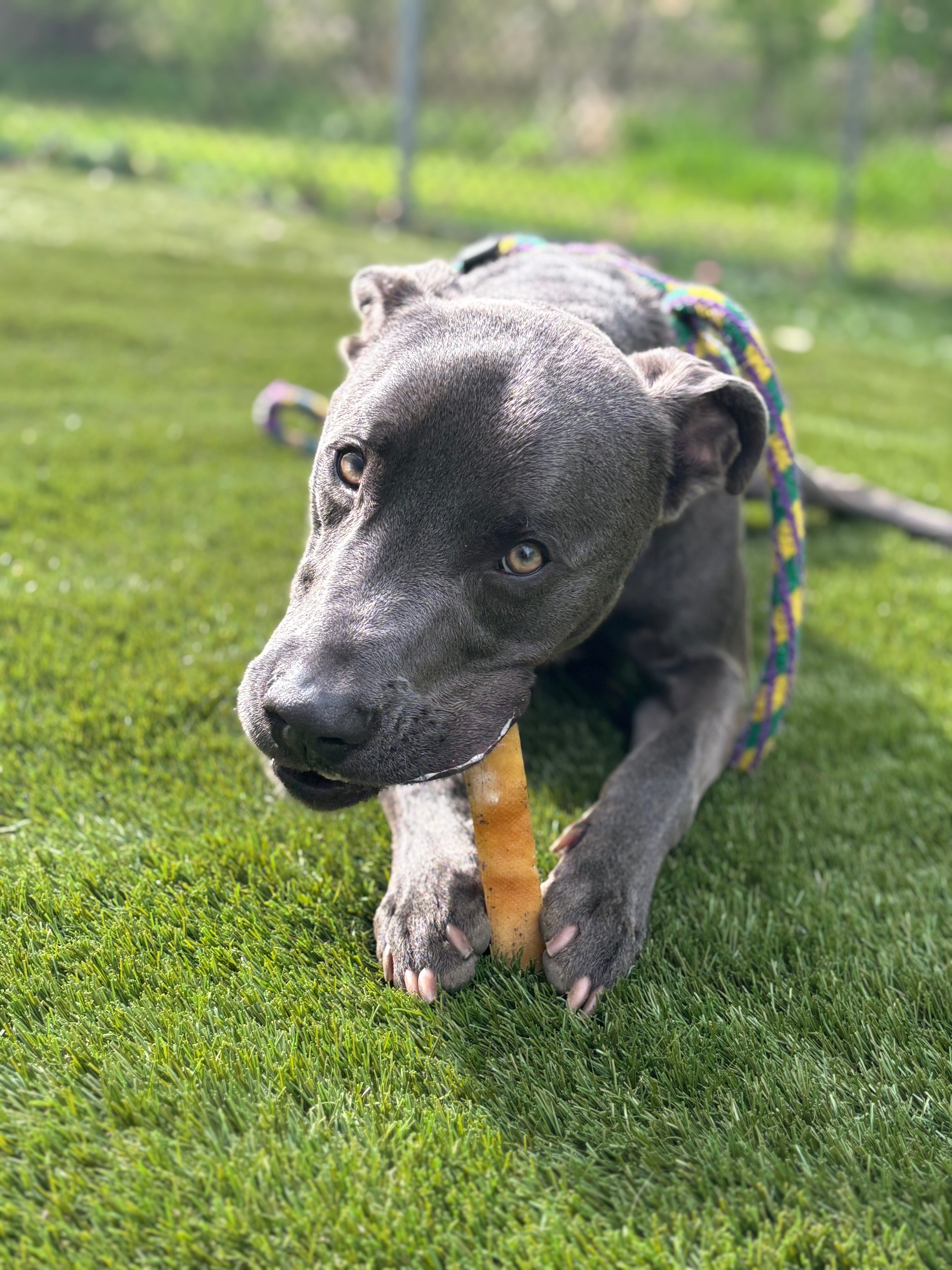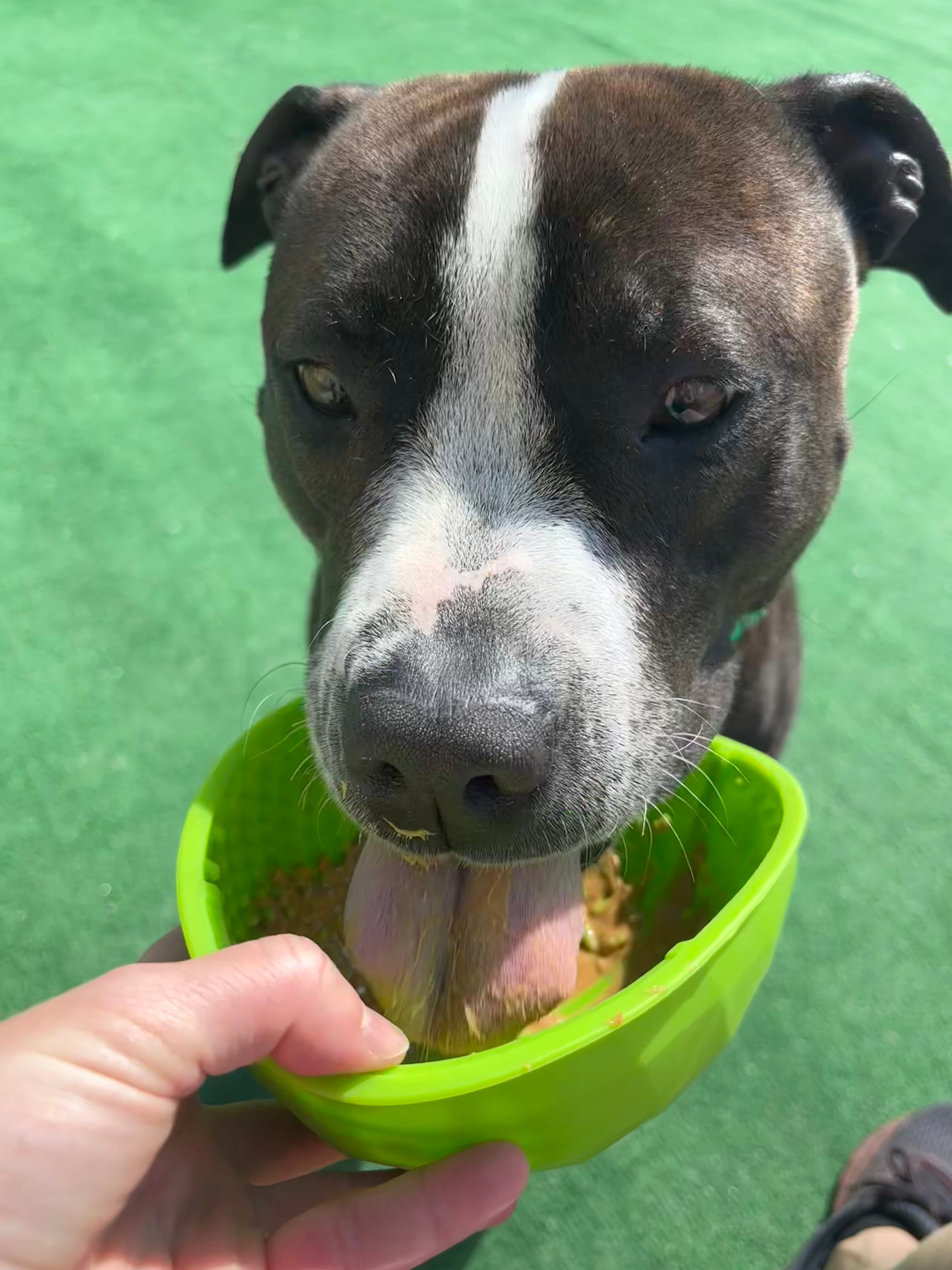Every year around the Fourth of July, so many of us worry about protecting our pups as fireworks light up the sky and neighborhood celebrations grow noisier.
For so many of our dogs, these events quickly become a source of high anxiety.
Dogs experience stress just as people do, and their stress signs can be obvious or subtle and easily missed. Knowing how to read your dog's body language and what to do when your pup is overwhelmed can help you keep your dog safe and comfortable, even during the loudest, most stressful situations.
Let's walk through how to recognize dog stress signals, prepare in advance for noisy days like July 4th, keep your dog calm during loud events, and support a smooth bounceback afterward.
Whether you’re a seasoned dog parent or new to pup parenting, these tips put your dog's well-being first and set you both up to be your calm, happy selves.
Recognizing stress signs in dogs
Dogs rarely suffer in silence, but the ways they show distress may be misinterpreted as “bad behavior” or ignored altogether. To ensure your pup's comfort and safety, it’s important to understand the most common stress signs, especially during events that tend to trigger anxiety.
Decoding your dog's body language and behaviors
They may not be able to speak words but dogs communicate constantly. Your dog's behavior and body language are your pup's way of telling you what's happening. Here's what to watch for -- some more visible, some more subtle signs -- so you can help your dog in stressful times.
- Panting and drooling
Your dog may pant or drool more than usual, signaling nervousness.
- Whining or barking
Excessive vocalization, especially when paired with pacing or trembling, often means your dog is stressed.
- Pacing or restlessness
Walking back and forth, inability to settle, or circling can be clear stress signals for nervous dogs.
- Cowering or hiding
If your dog heads for the nearest closet, under a bed, or behind furniture, your pup is seeking a safe space.
- Pinned back ears and tail tucked
Watch for body posture changes that indicate fear or anxiety.
- Shedding and dandruff flare-ups
Sudden shedding (sometimes called “stress shedding”) or visible flakes are physical signs of distress.
- Yawning or lip-licking
Dogs use these as coping mechanisms, especially when they aren’t tired or hungry. Both yawning and licking can be self-calming signals.
- Loss of appetite
Ignoring food or refusing treats that are usually irresistible can mean your dog is on edge.
Recognizing these signals allows you to respond quickly and in a way that can get ahead of growing stress, minimizing your dog’s discomfort.
Preparing Your Dog for Loud Noises
Preparation is crucial, especially as celebratory holidays approach. If you know July 4th fireworks or neighborhood celebrations trigger your dog's anxiety, start planning ahead with these actionable steps:
Create a safe retreat
Designate a quiet space in your home where your dog feels comfortable. This could be a crate draped with a blanket, a cozy corner stacked with favorite toys, or a room away from windows.
Gradual desensitization
Play recordings of fireworks or thunder at low volumes, rewarding your dog with treats and praise. Over days or weeks, slowly increase the sound level. This helps build resilience and reduces startle responses.
Update identification
Loud events increase the risk of escape. Ensure your dog’s collar tags and microchip information are up to date, just in case your pup accidentally slips out.
Exercise beforehand
A tired dog is a calmer dog. Take a long walk or have an active play session earlier in the day to burn off excess energy. Also, activities like chewing naturally provide mental stimulation to use up nervous energy and calm your dog's nervous system.
Keeping your dog calm and reducing stress
When the loud noises begin, your goal is to give your dog as much comfort and security as possible. Here are tried-and-true tactics to keep your pup safe during fireworks, storms, or other noisy events.
Close windows, doors, and play background sound
Drown out external sounds by shutting all windows and doors. Curtains or blackout shades can help muffle flashes of light from fireworks. Play soft music, white noise, or leave the TV on to mask sounds from outside.
Don't force interactions. Never drag your dog into loud areas or force your pup to socialize.
Stay calm yourself
Dogs pick up on our emotions. Remain collected and speak in an upbeat, reassuring tone. Avoid fussing over every tremor, which may reinforce nervous behavior.
Use natural calming aids
Many dogs benefit from natural calming chews to take the edge off and relieve stress. They're a gently effective way to give your pup a calmer, even-keel foundation going into a potentially stressful situation. And they're a valuable addition to a layered approach that includes exercise prior, a long-lasting chew during, in tandem with your other efforts to comfort your dog through anxious moments.
Our Mighty Calm all-natural calming chews bring together the power of melatonin, chamomile, and L-tryptophan to relax and calm your dog naturally for all kinds of stressful events.
Distraction and enrichment
Treat-dispensing toys, long-lasting chews, or interactive puzzles will shift your dog’s focus from the chaos outside. Durable chews are an especially entertaining and satisfying antidote to canine stress since dogs are hardwired to self-soothe with the action of chewing. Dogs instinctively find chewing both mentally enriching and soothing.
When your dog is happily chewing away, "feel-good" hormones are released in your dog's brain as messengers throughout your dog's nervous system, reducing stress and giving your dog an overall sense of calm and relaxation.
Some dog parent and pup favorites for a good, soul-satisying chew, all of them all-natural and good for your dog emotionally, mentally, and nutritionally:
All-natural Chicken Feet Chews (less long-lasting than the other chews but super-satisfyingly crunchy for your dog)
Post-event care for a stressed dog
The aftermath of a stressful event is just as important as the preparation. Your dog may be extra clingy, cautious, or even lethargic as during recovery from the adrenaline surge.
Offer comfort and routine
Stick to your usual feeding, walking, and play schedules. Familiar routines help dogs regain their sense of security.
Monitor for ongoing stress signals
Some dogs may need extra time to bounce back. Look out for persistent stress symptoms like loss of appetite, ongoing restlessness, or gastrointestinal issues, and consult your vet if needed.
Keep things calm
Avoid introducing new stressors, visitors, or loud noises in the days following a major event.
Reward resilience
Positive reinforcement with praise, treats, or extra playtime can reinforce your dog's trust and recovery.
Helping your dog cope with stress supports overall well-being.
Loud events like July 4th celebrations can challenge even the calmest dogs. Some dogs are severely and obviously affected by booming sounds, while other dogs are nervous and anxious but more subtly and internally.
By learning to recognize dog stress signals and following a proactive plan before, during, and after the noise, you set up your pup for greater confidence and safety. From prepping safe retreats to staying calm and supportive when the booms begin, your actions directly shape your dog’s emotional health.
If your dog continues to struggle with noise anxiety, don’t hesitate to consult a professional dog trainer or veterinary behaviorist. Many dogs can learn new coping skills, and you’ll gain the knowledge to support your pup year-round.
Here's to your calmer, happier pup...
We know how hard it is on both you and your dog to deal with the anxiety of very human-centric, stressful situations. That's why we're here to make it easier for you to support your dog while you navigate whatever comes your way with more calm and confidence. And to make your life together safer, more comfortable, and more joyful.
We're committed to creating high-quality products that are safe, healthful, and practical for everything you need from healthful supplements to long-lasting chews dogs love, to durable, comfortable equipment for your best times together.

